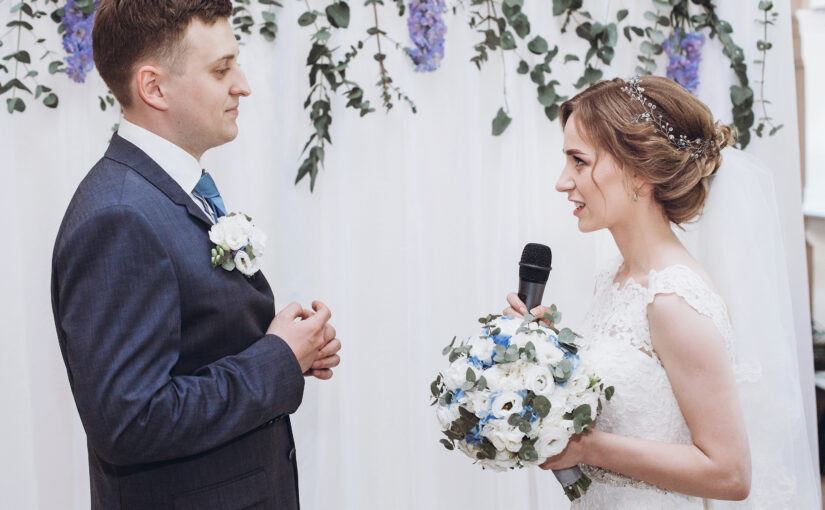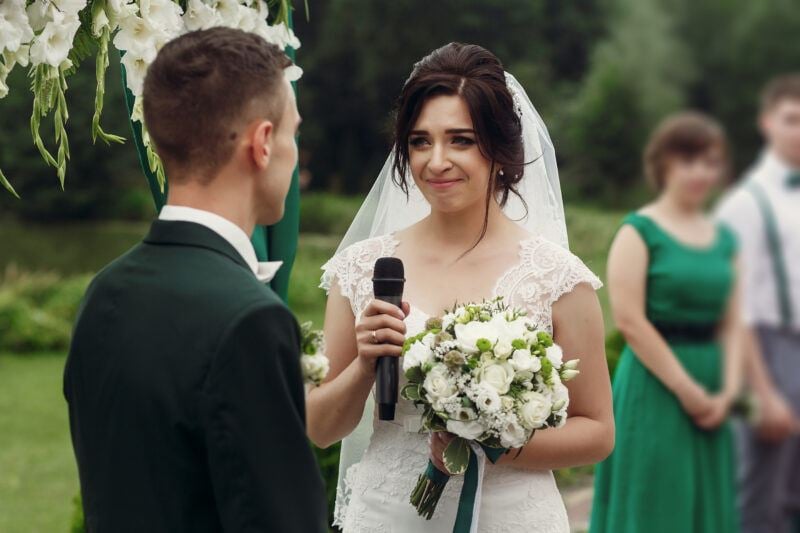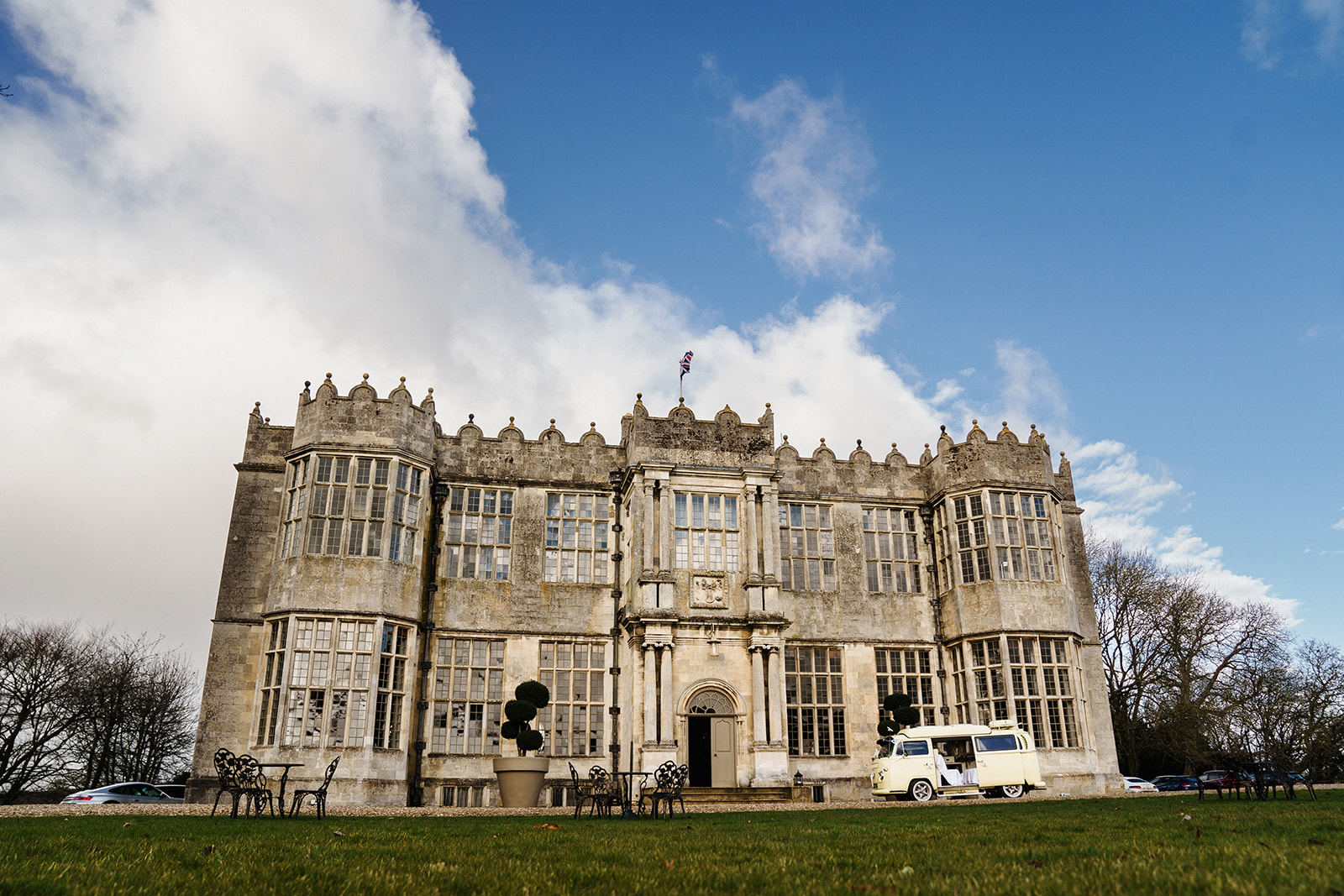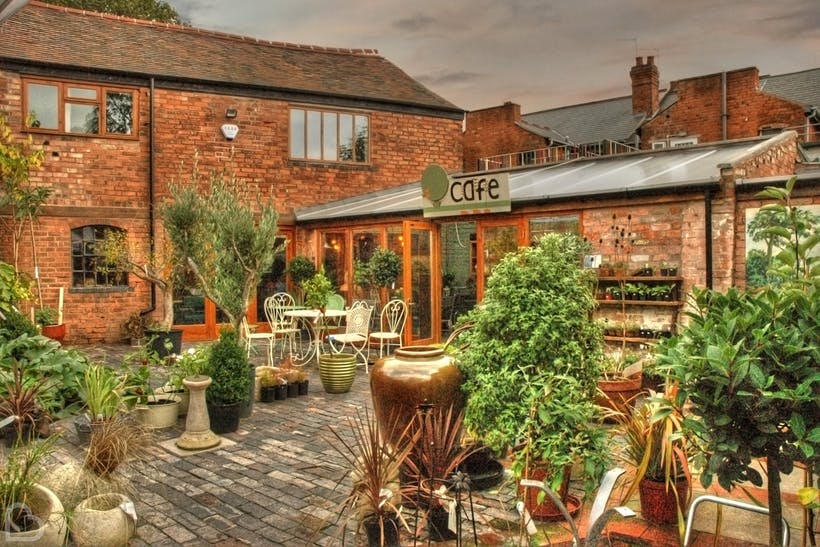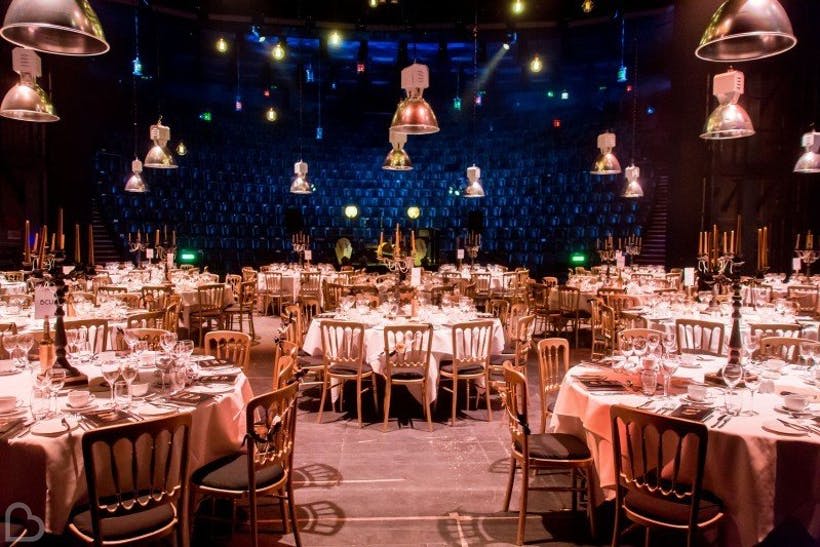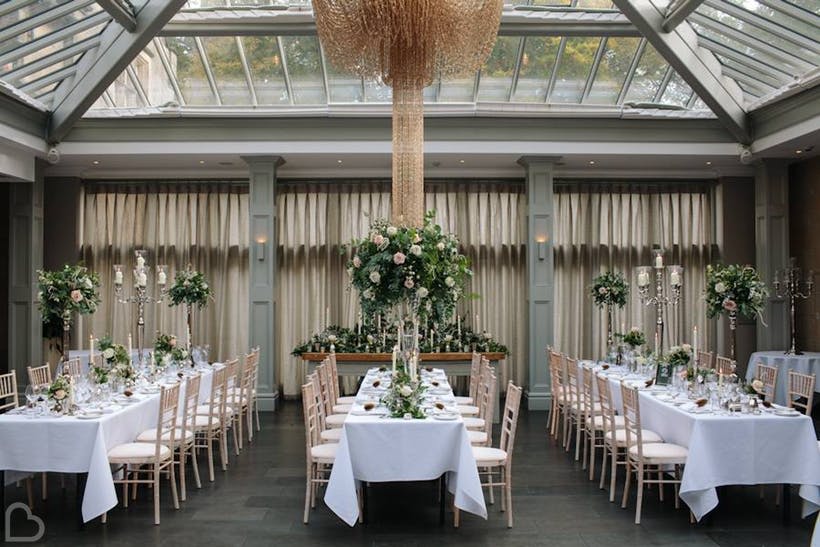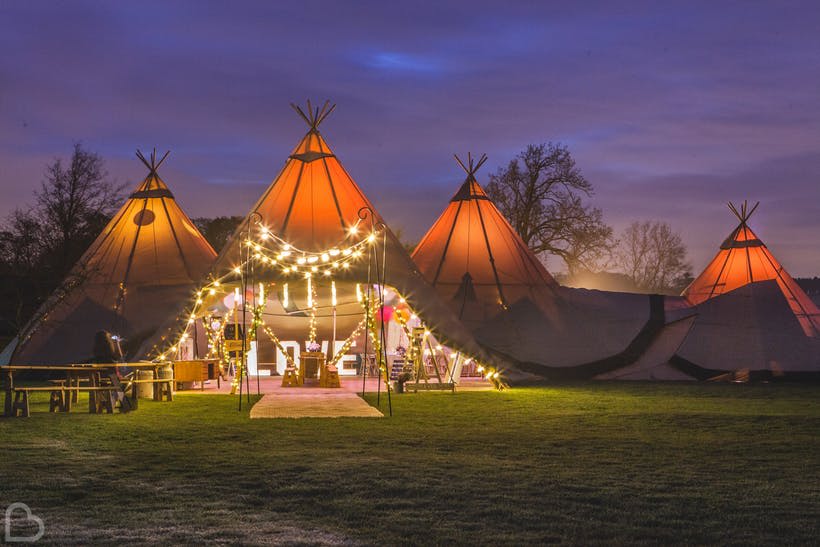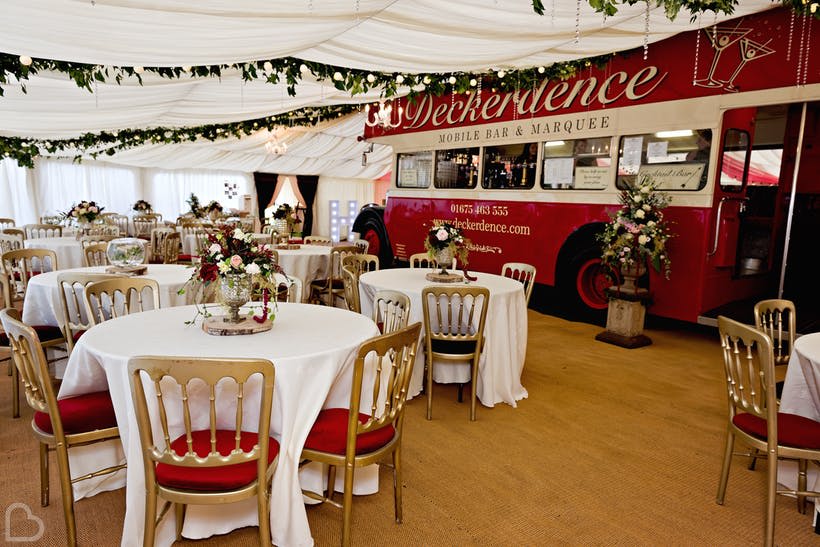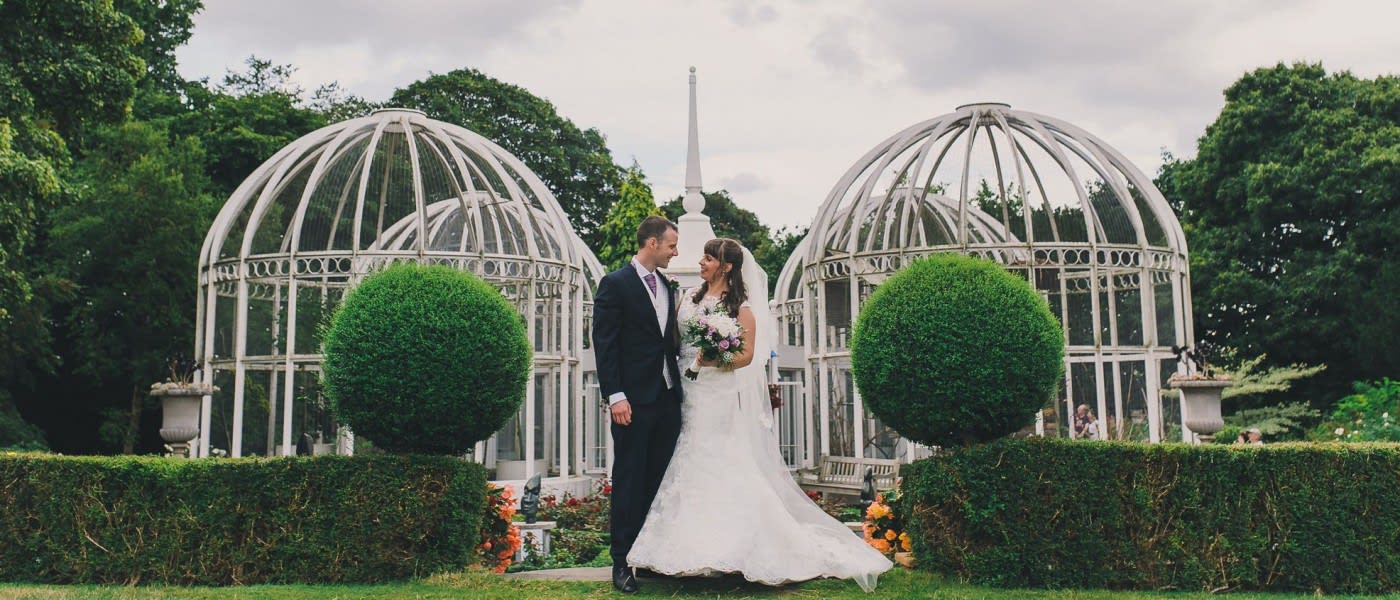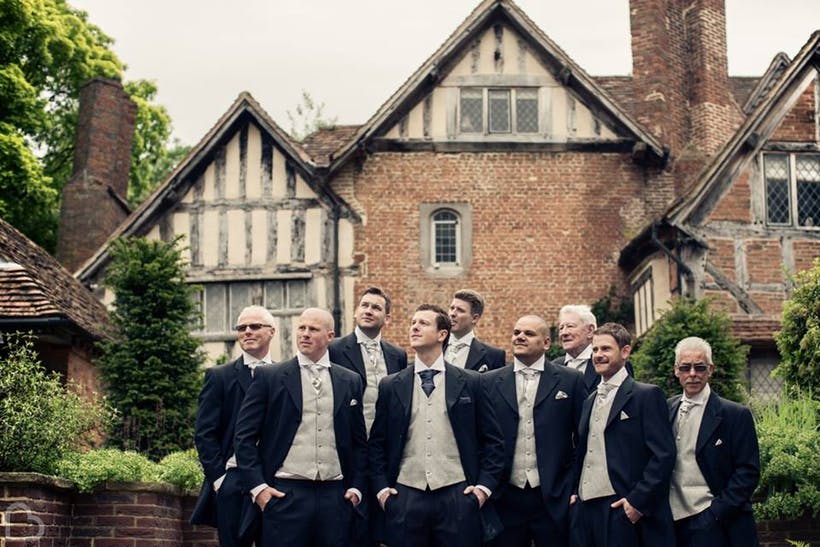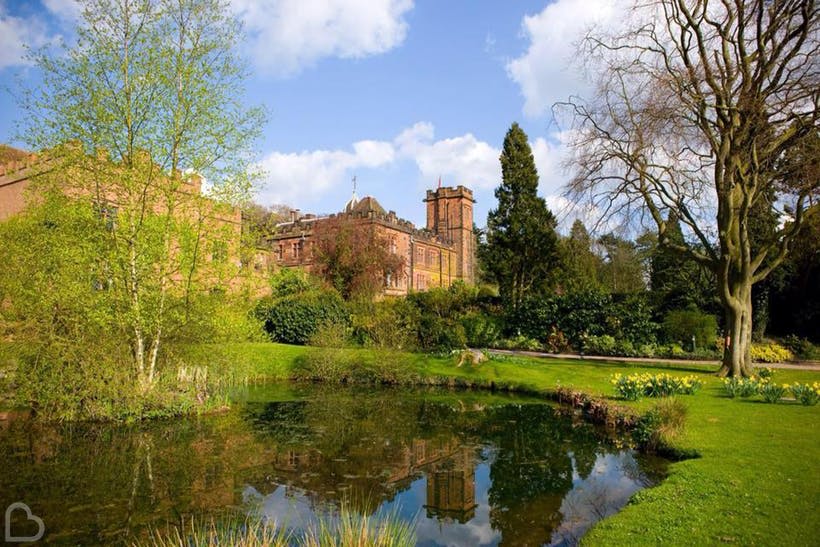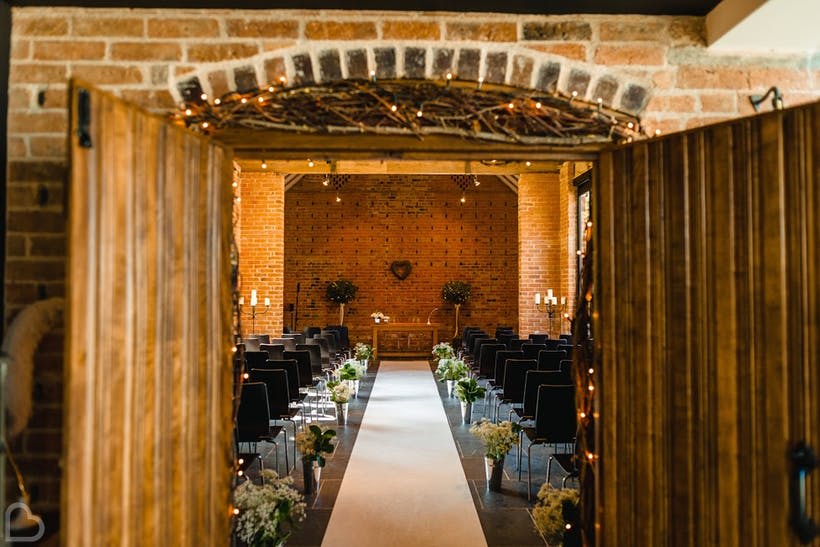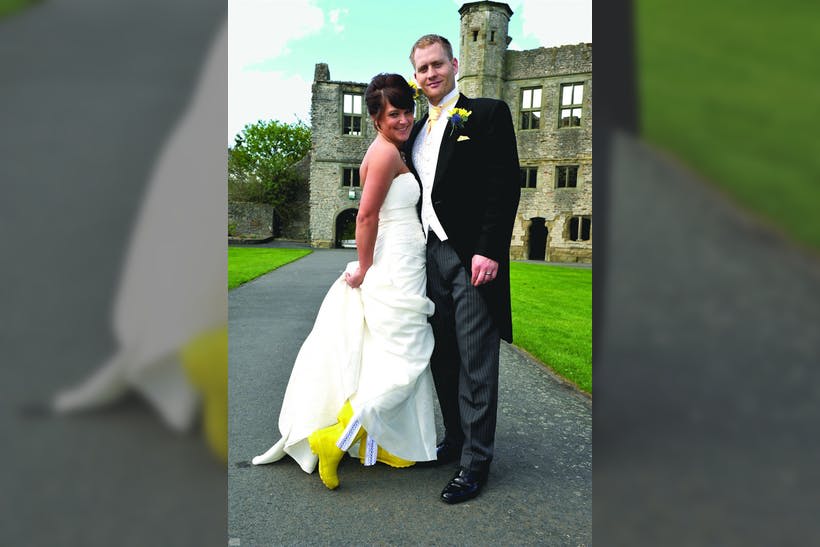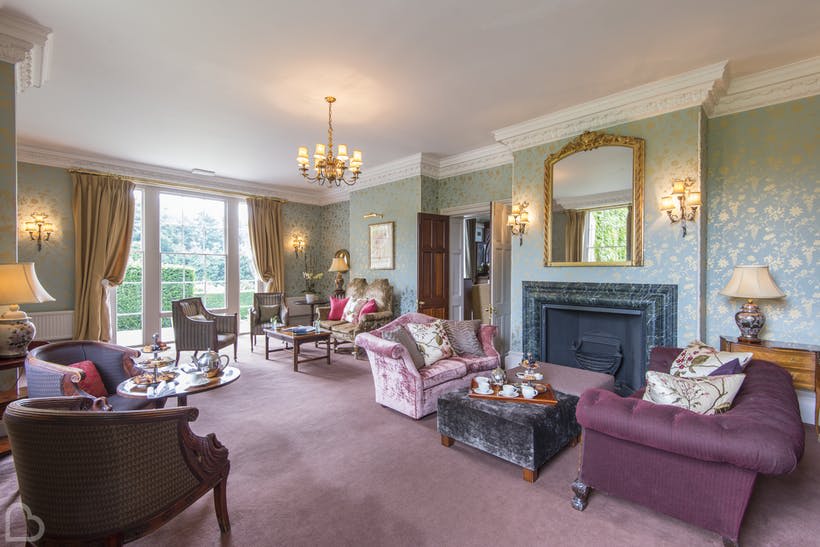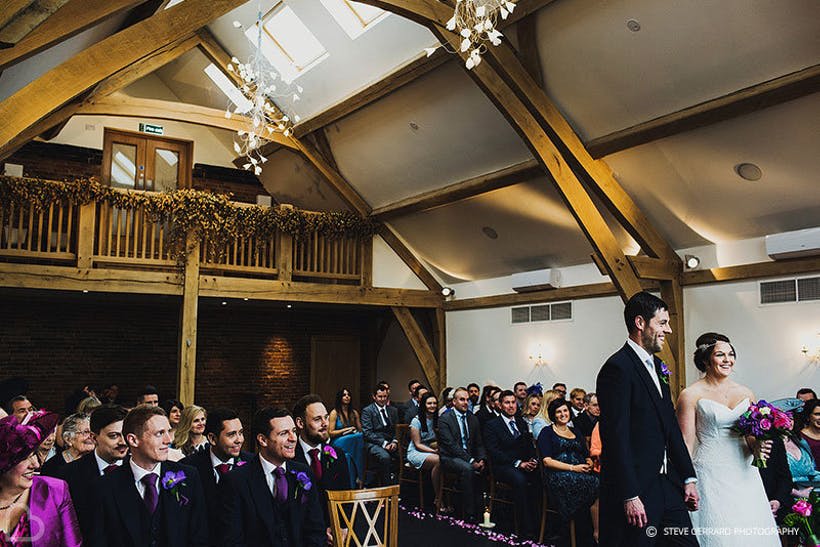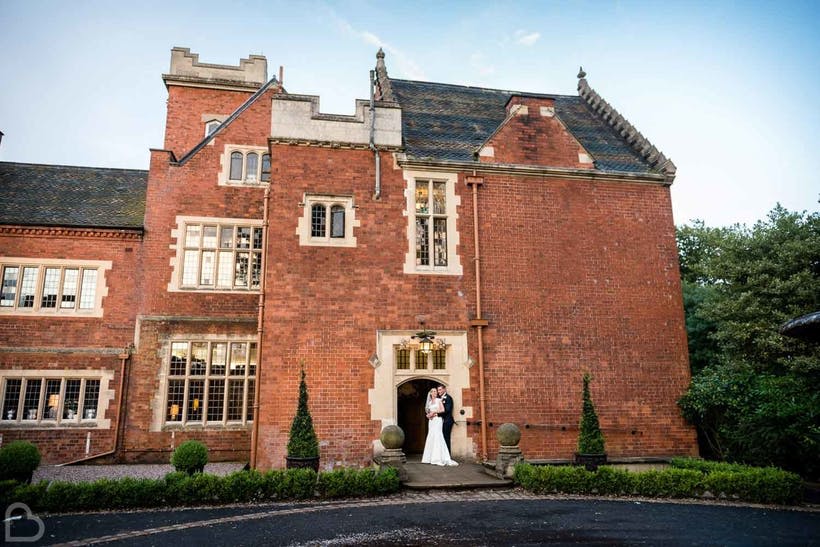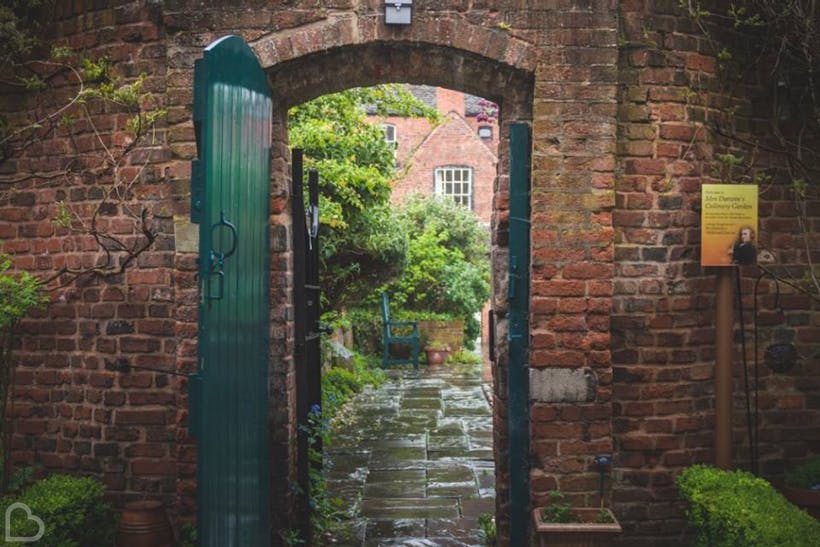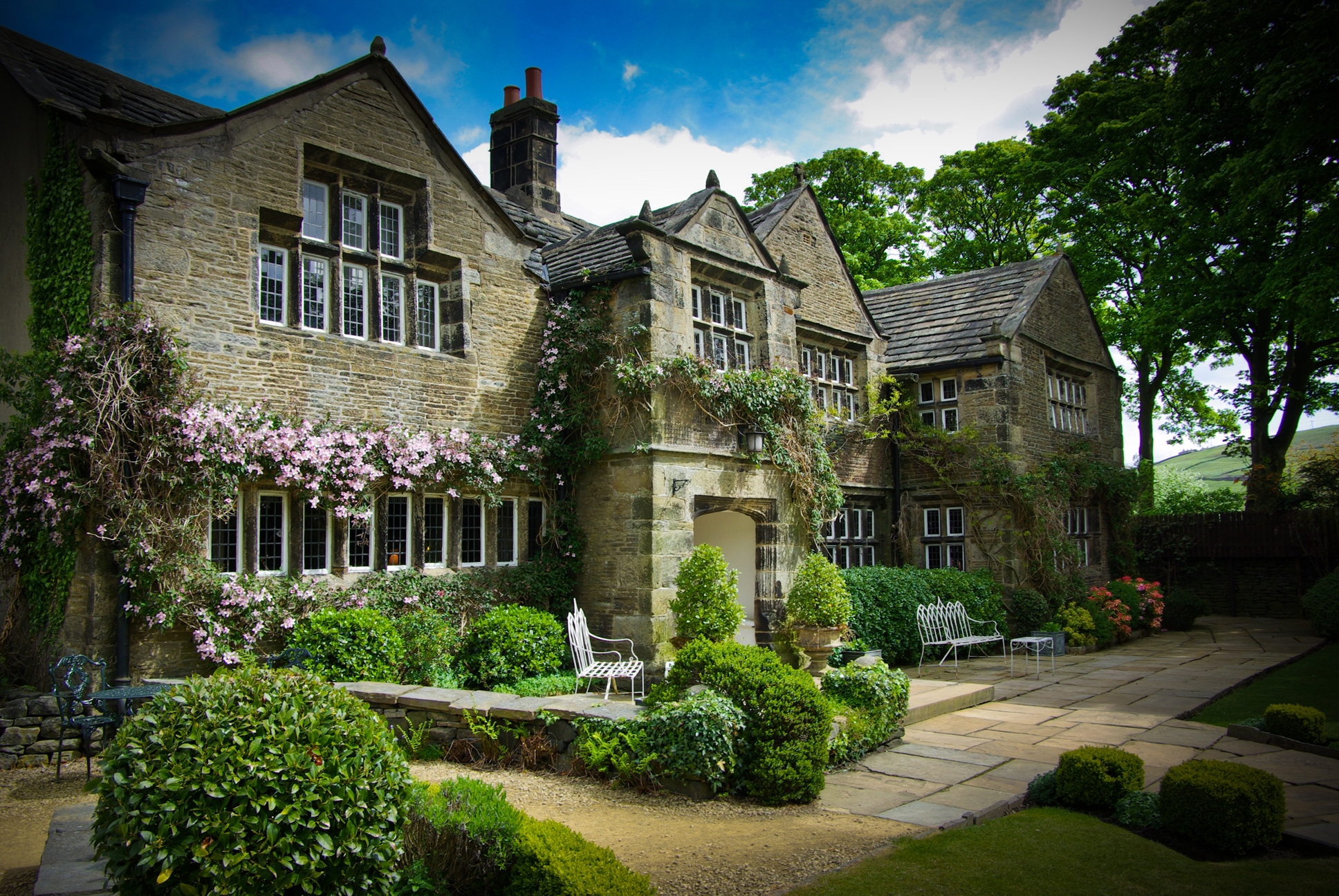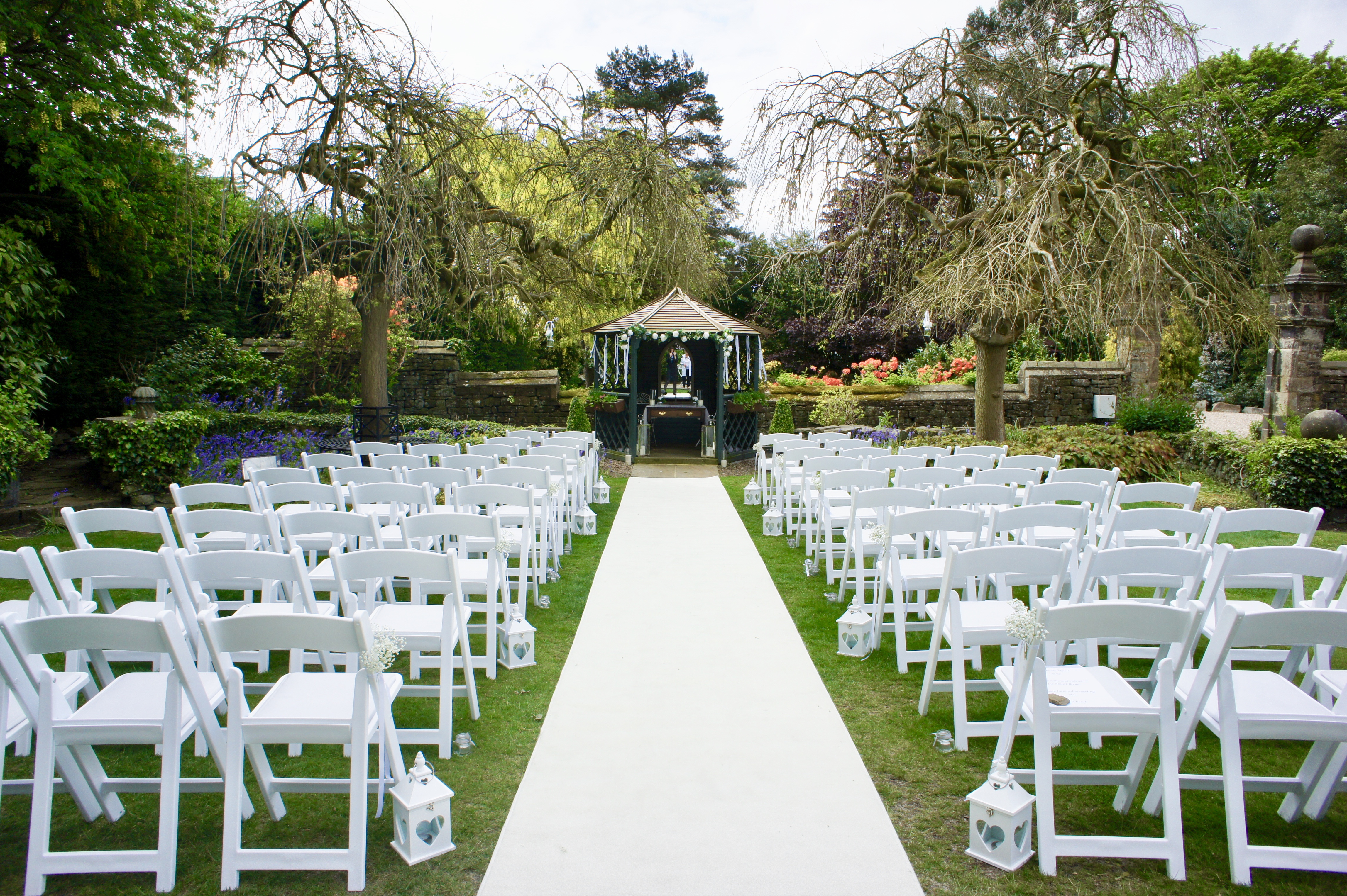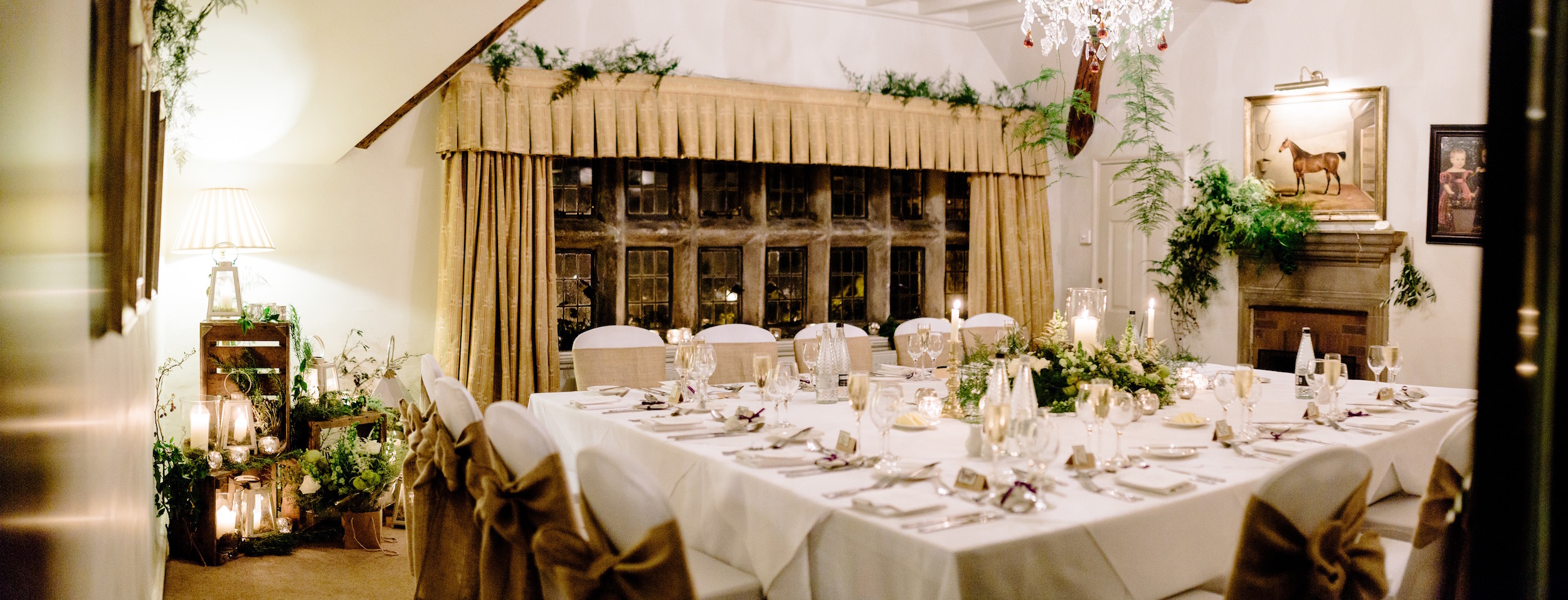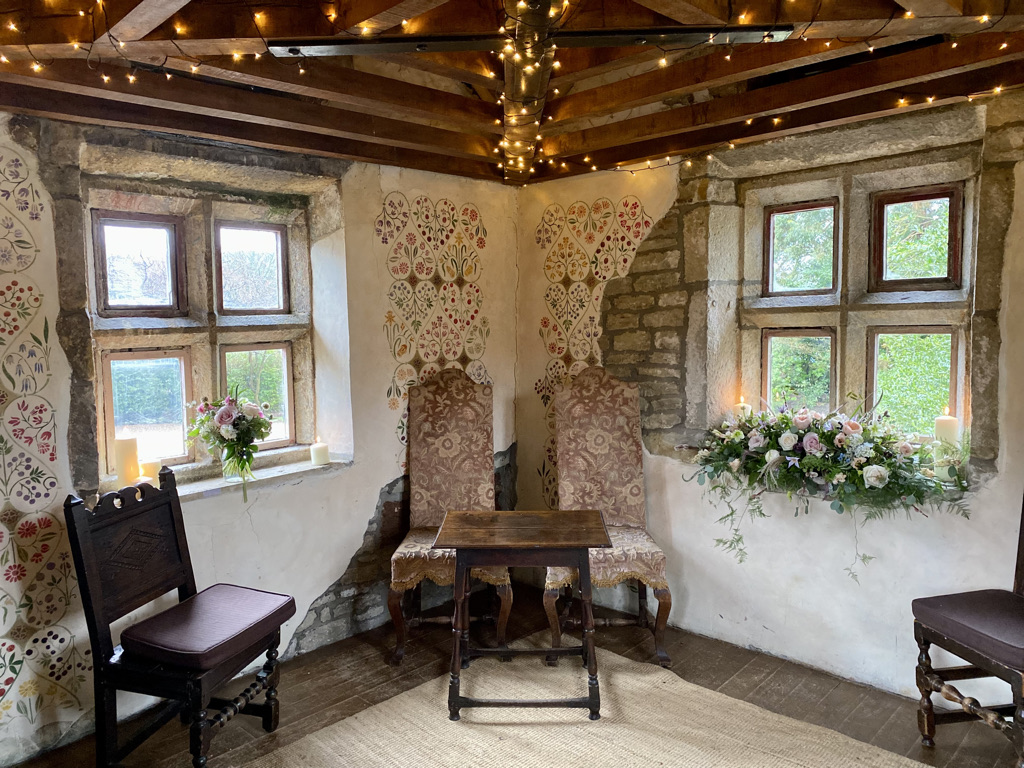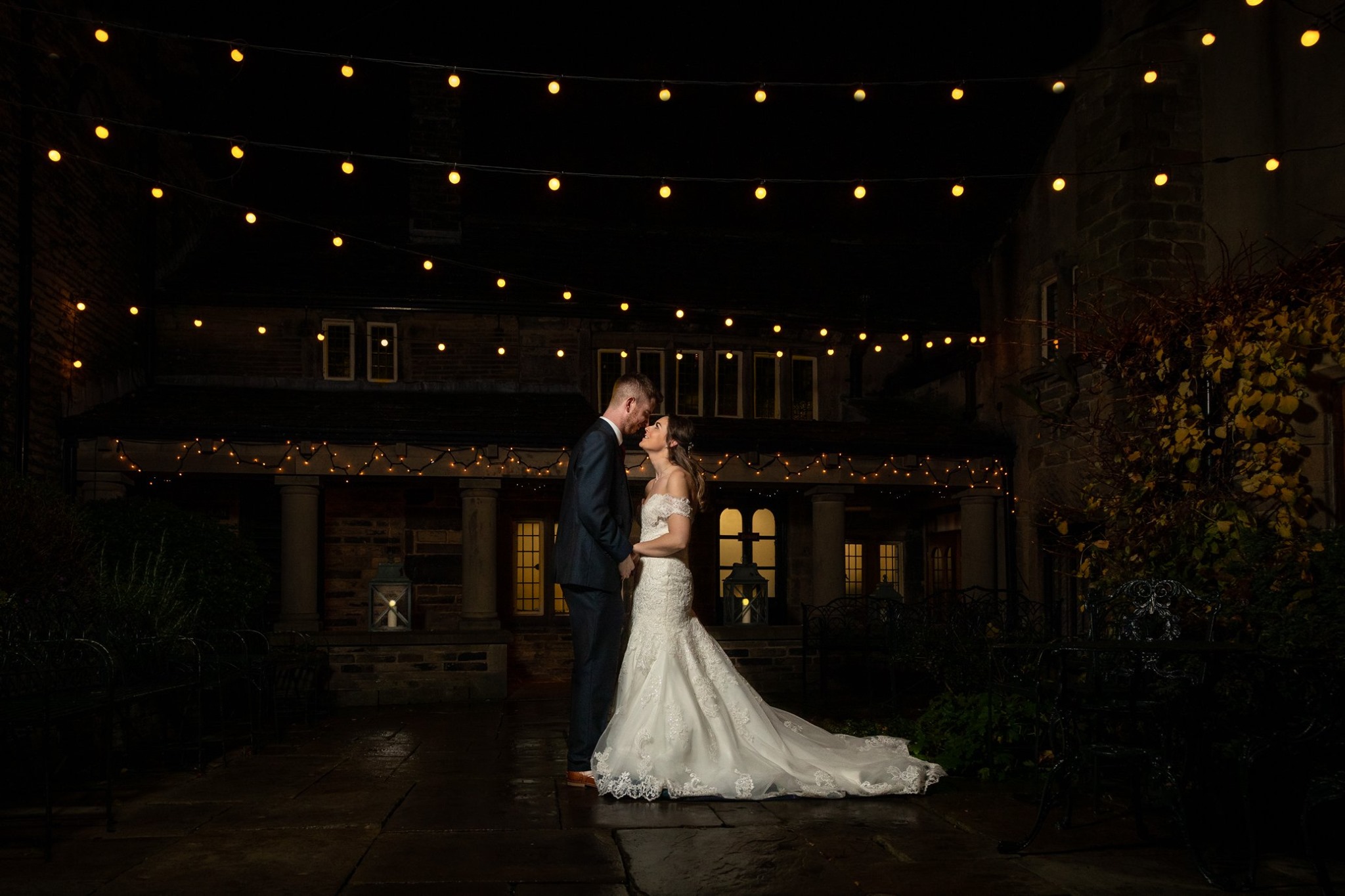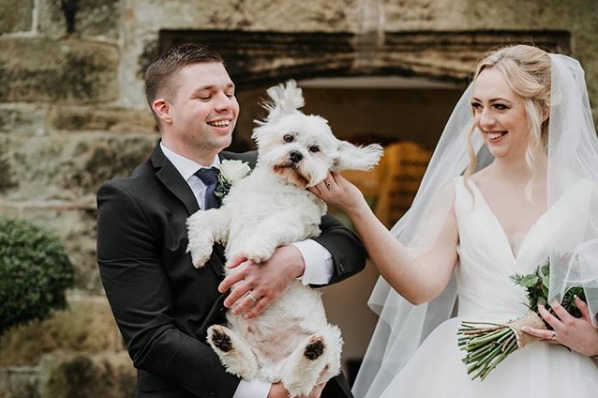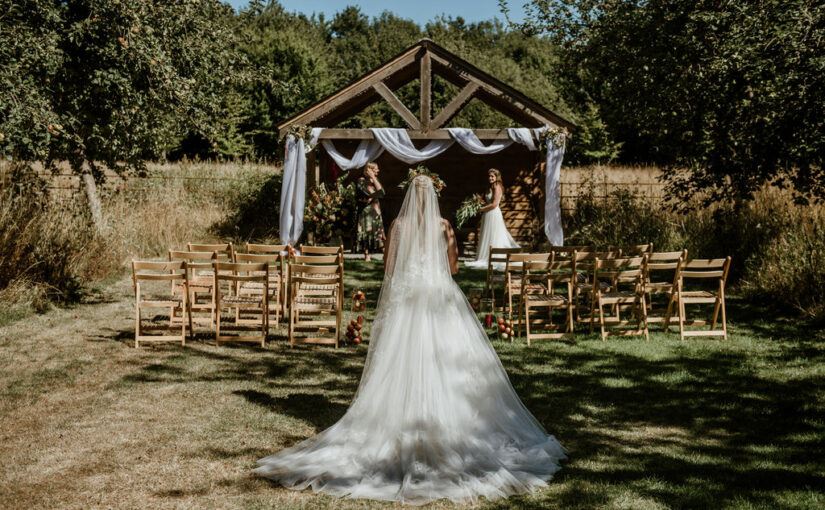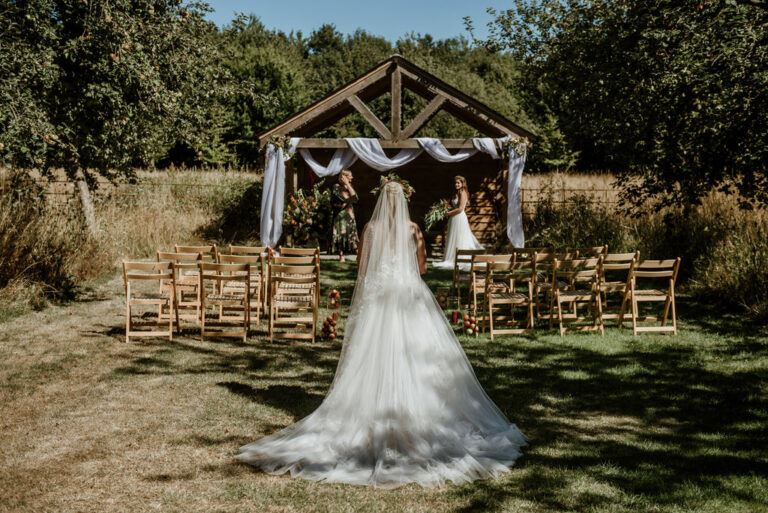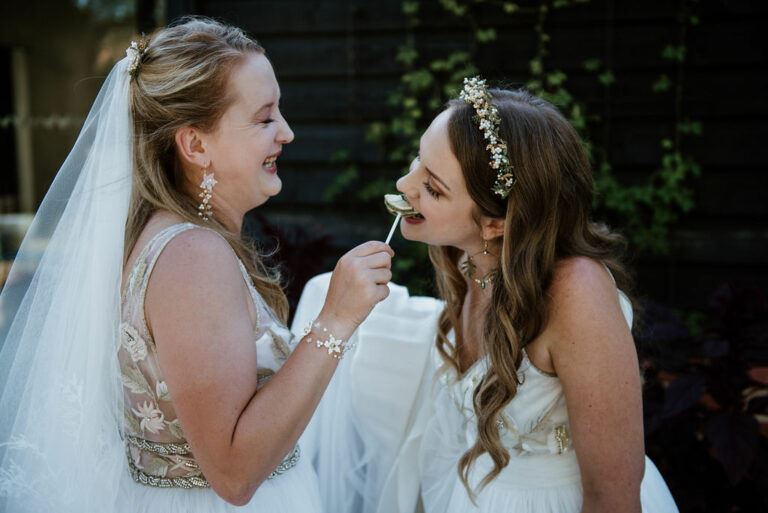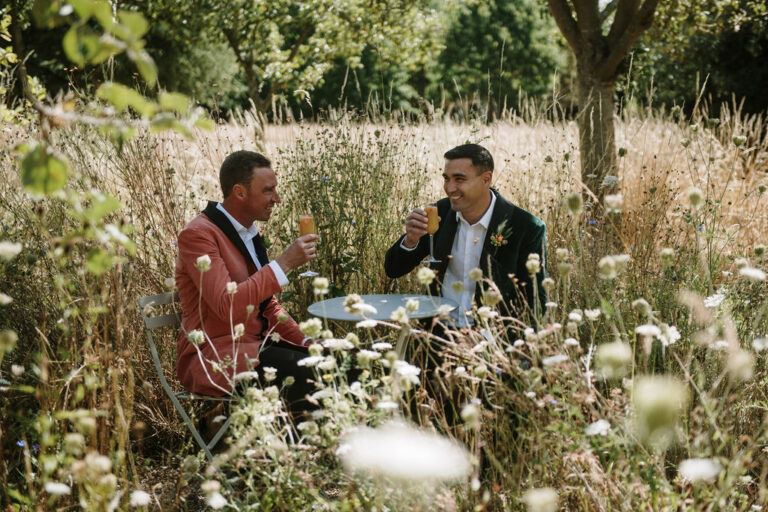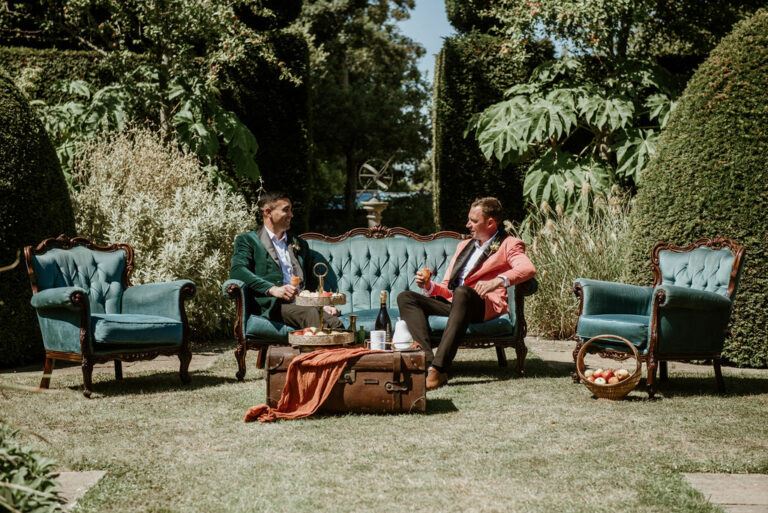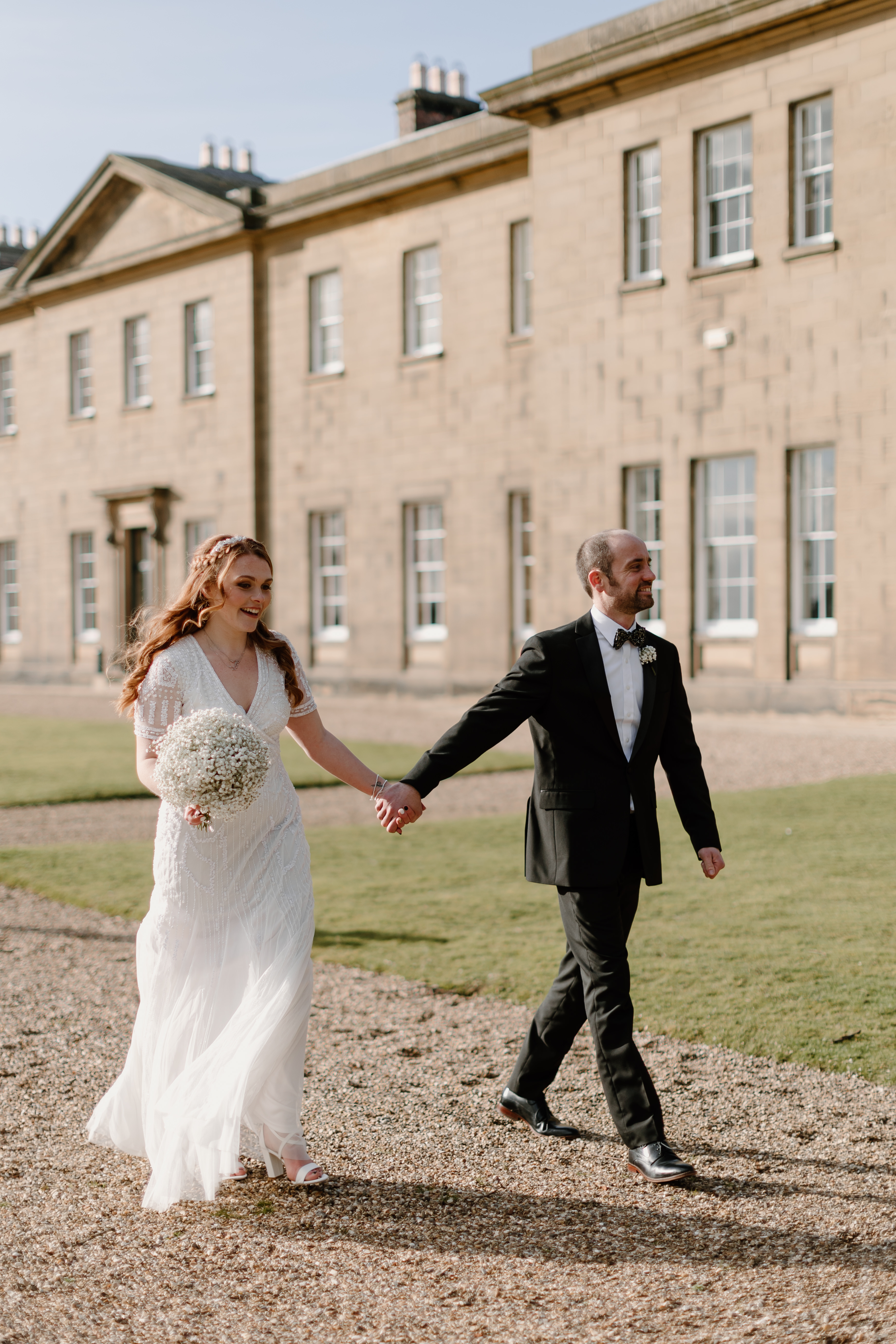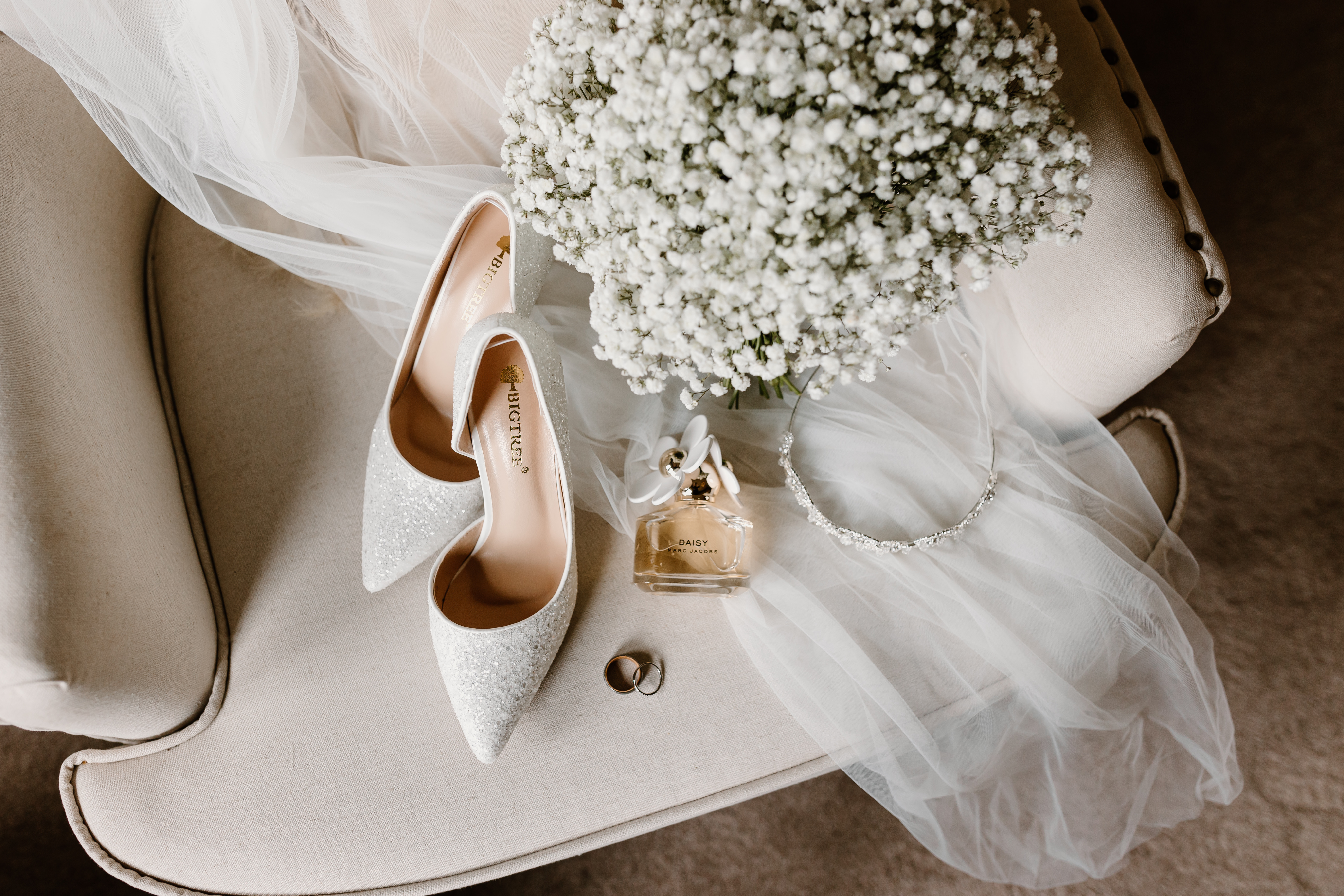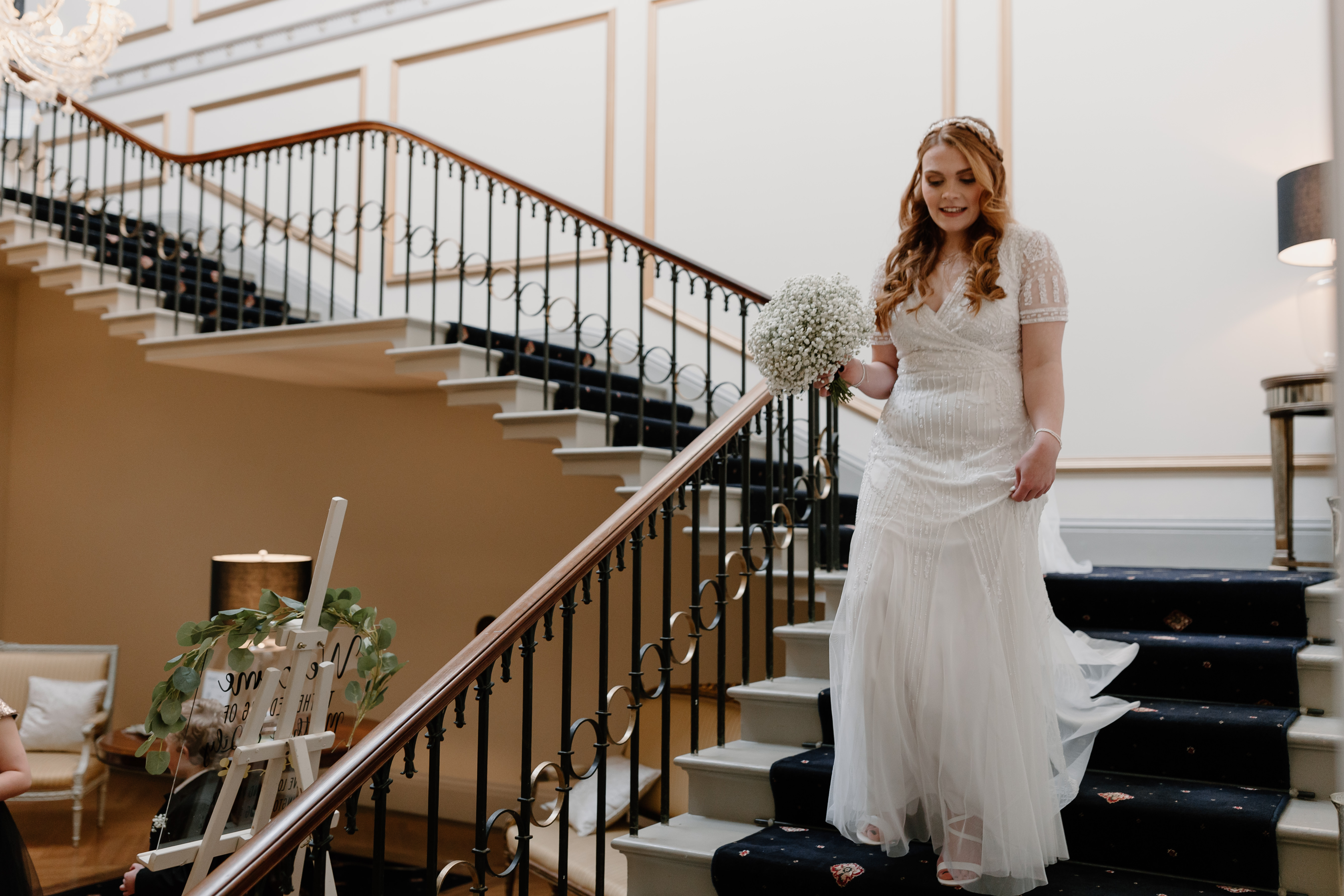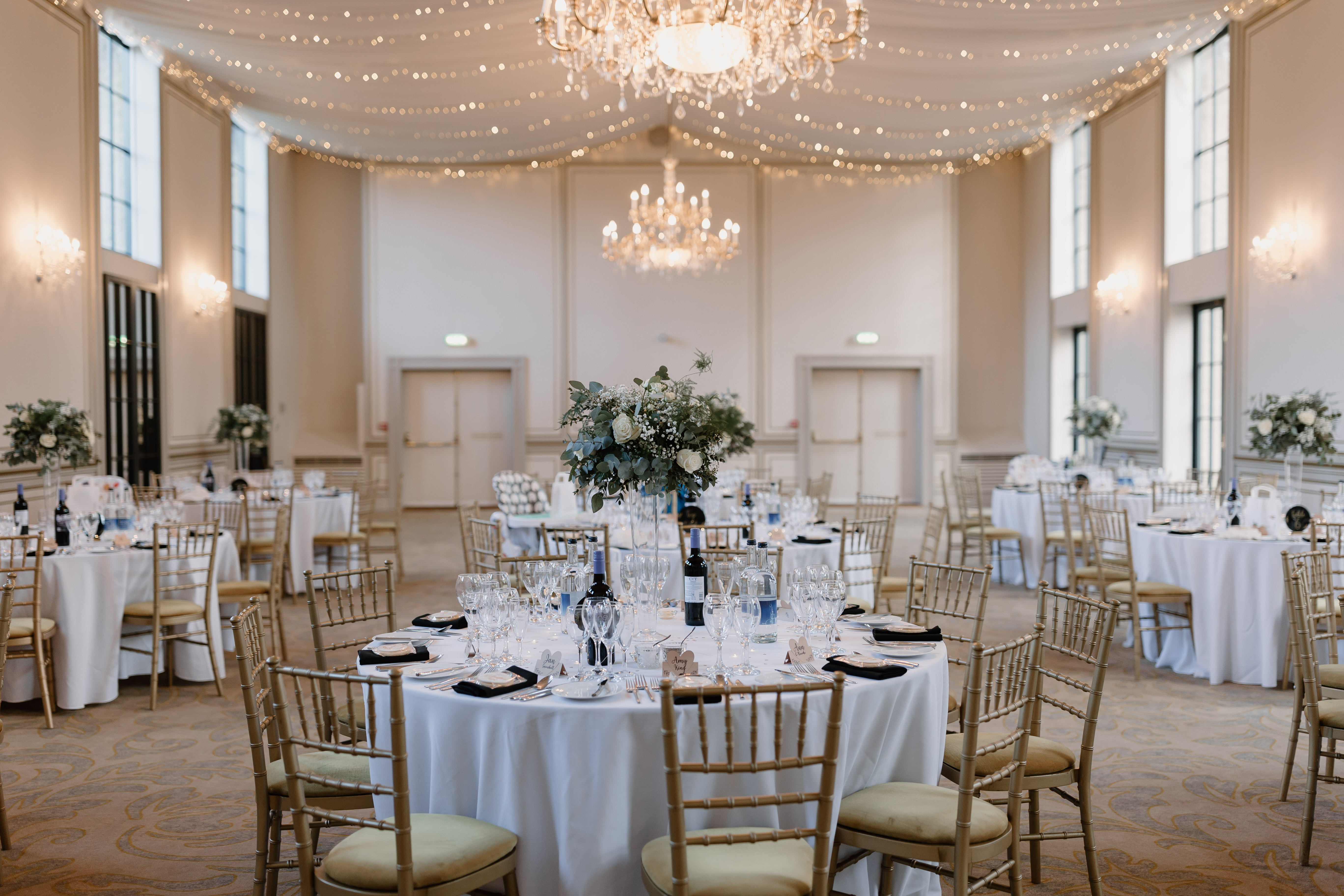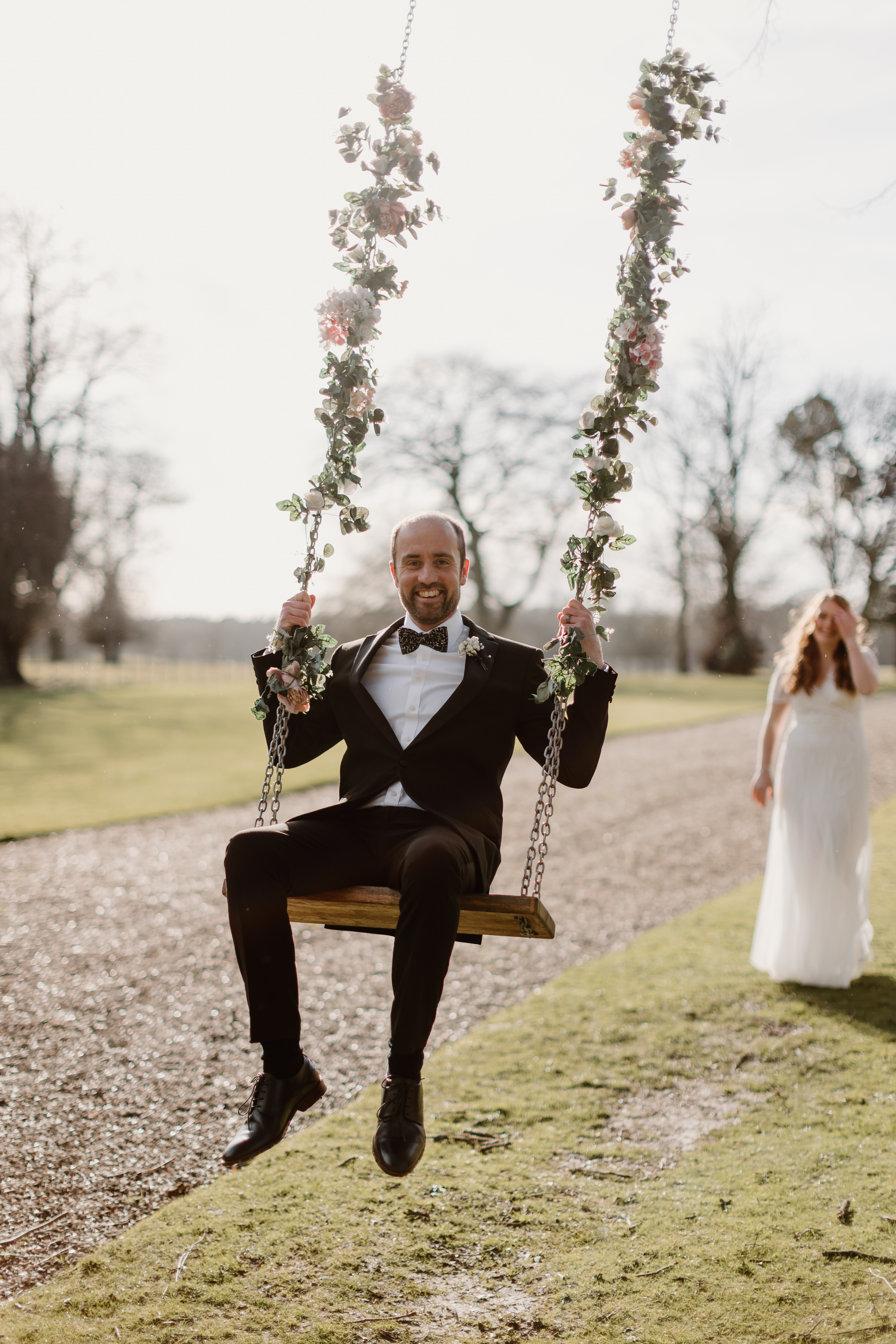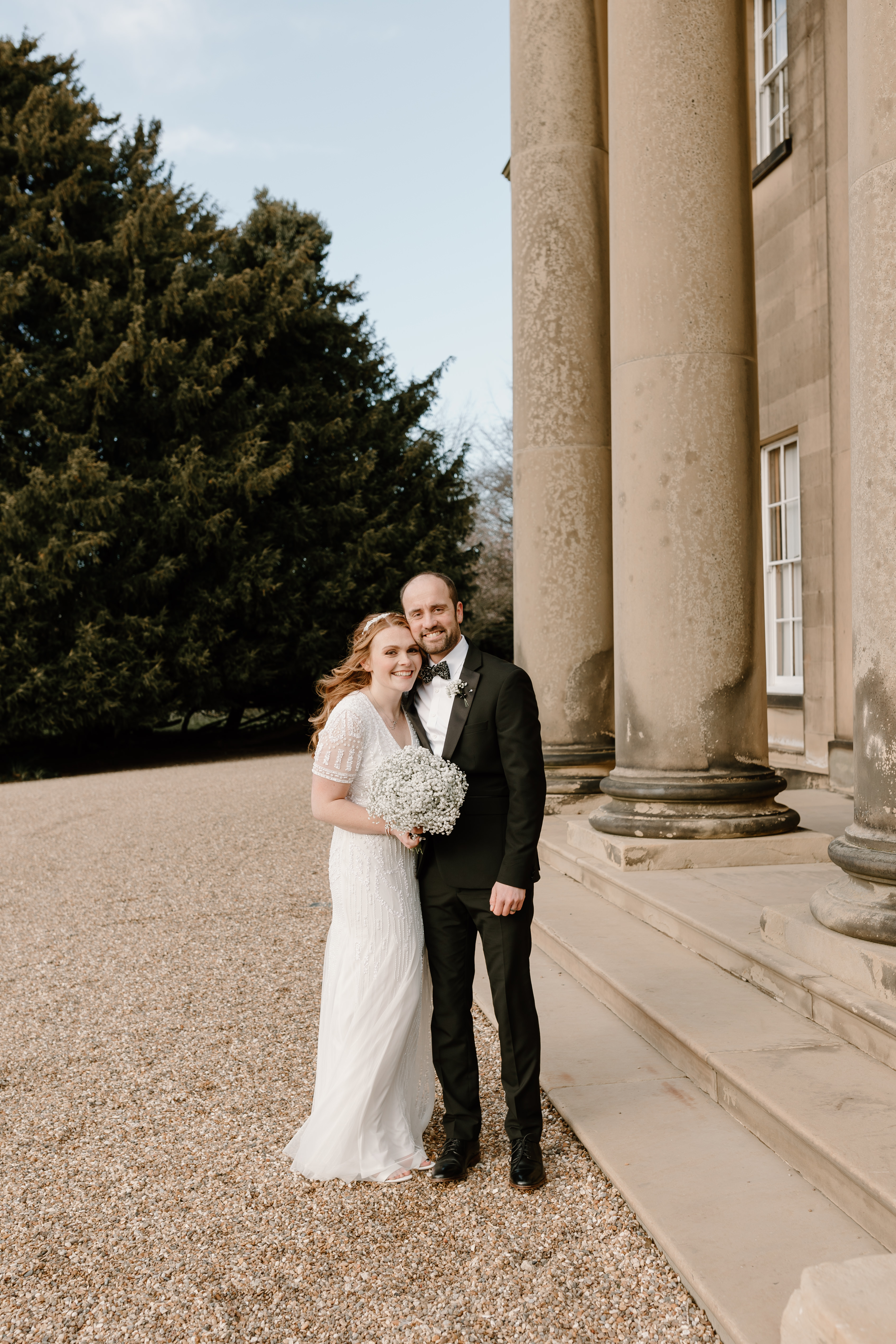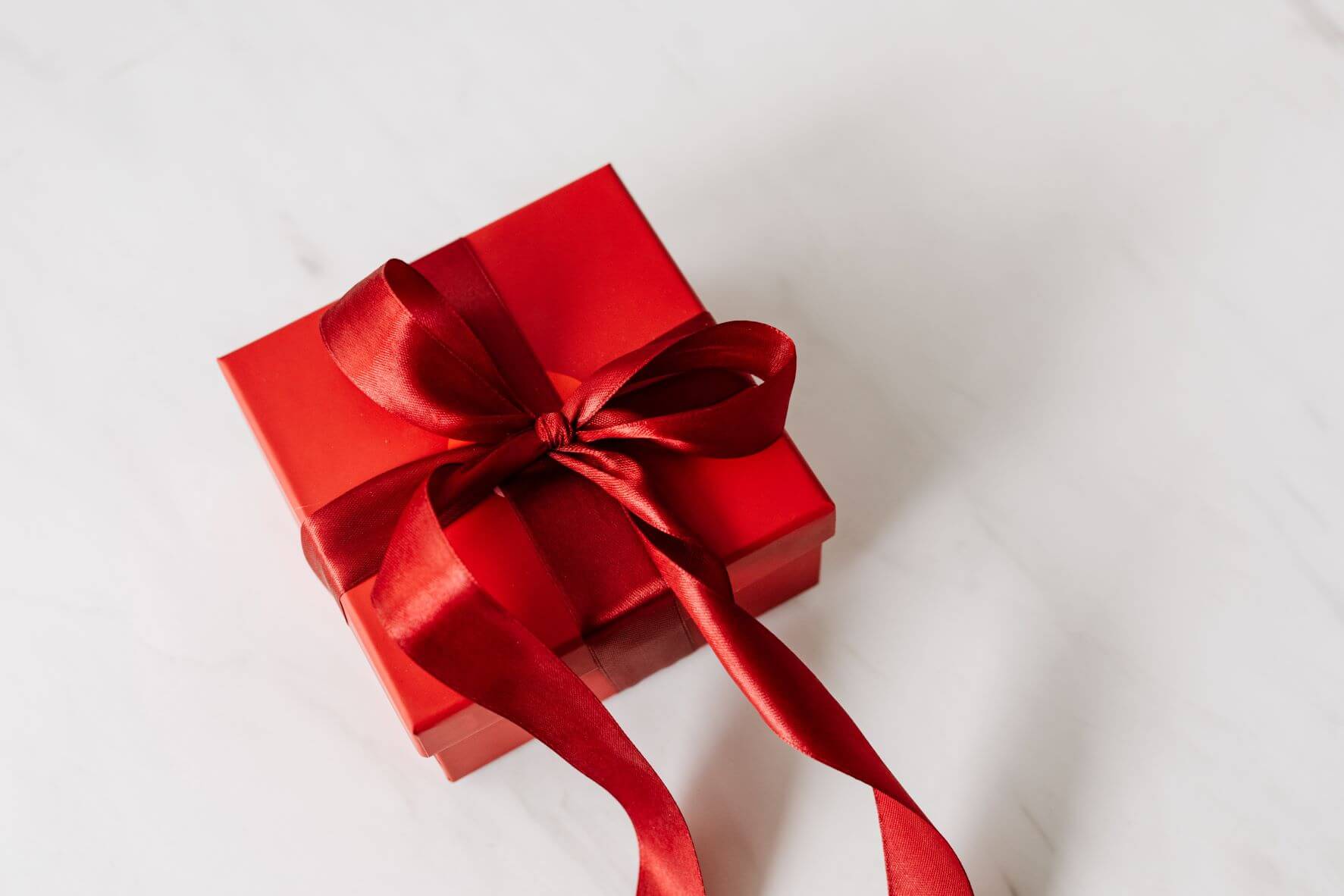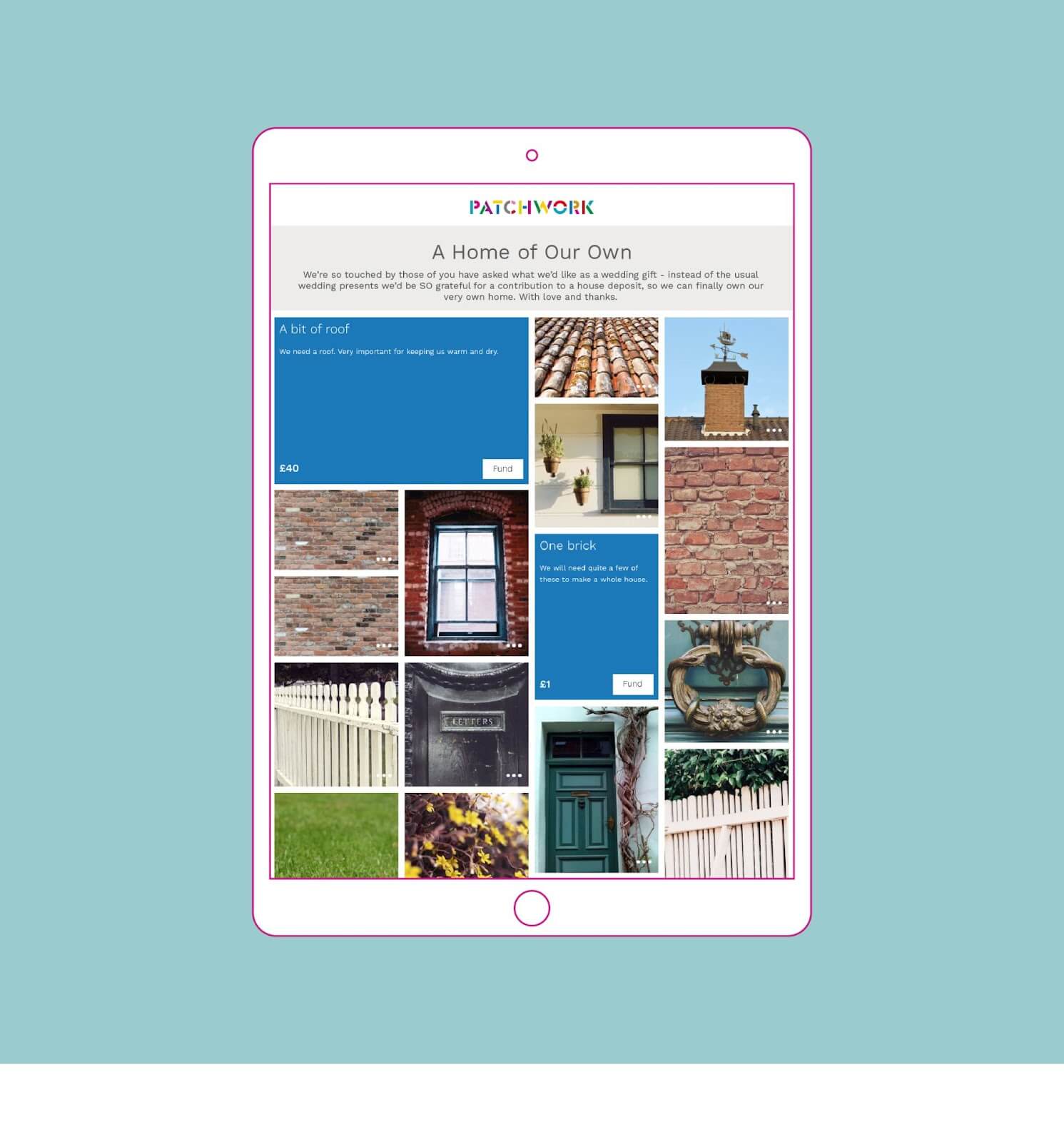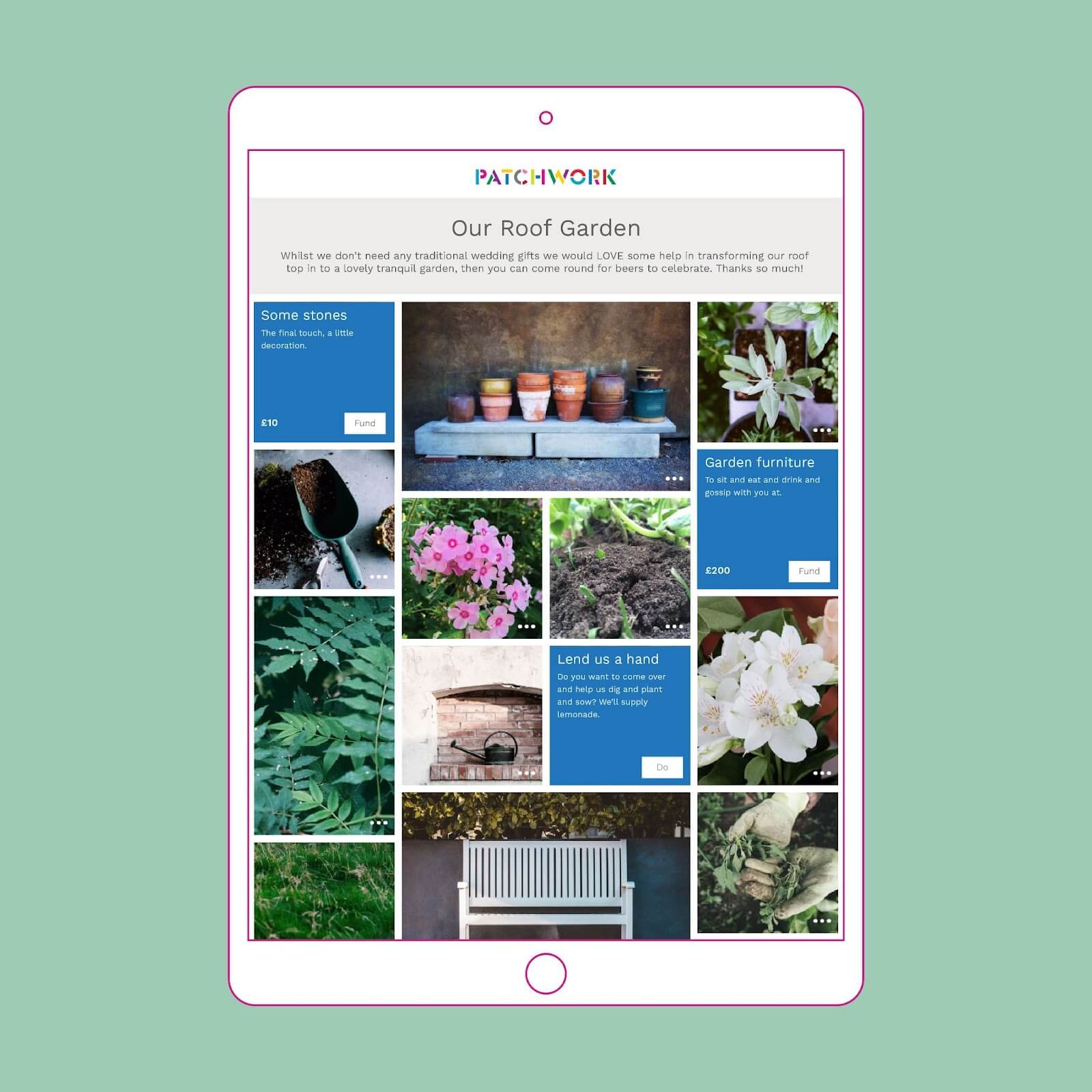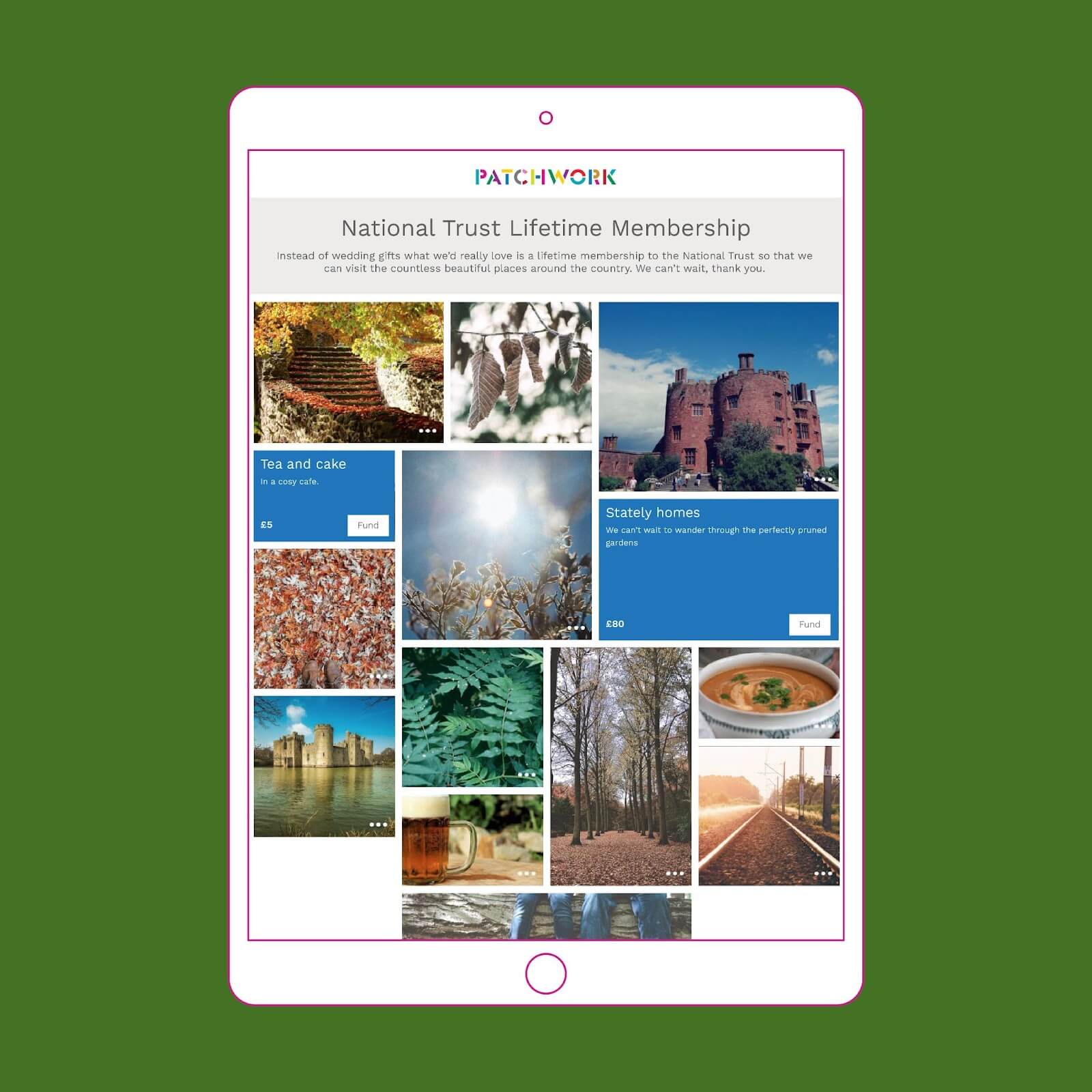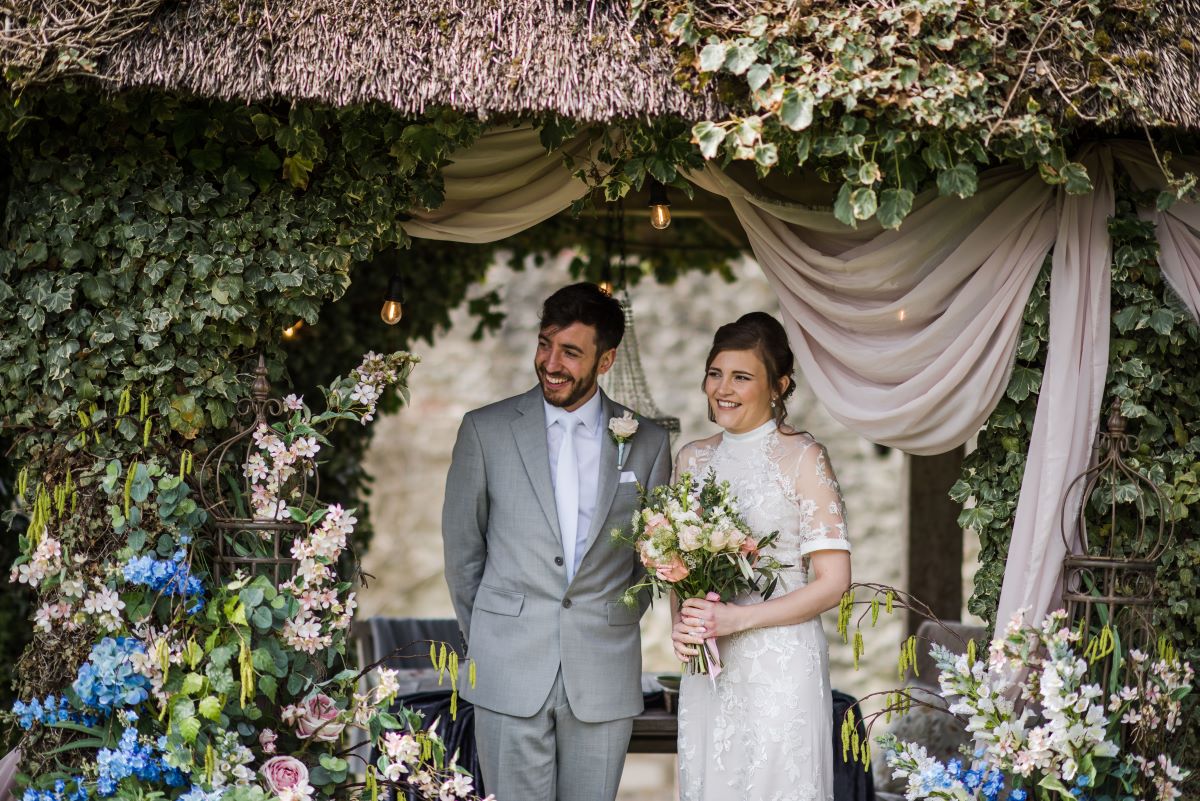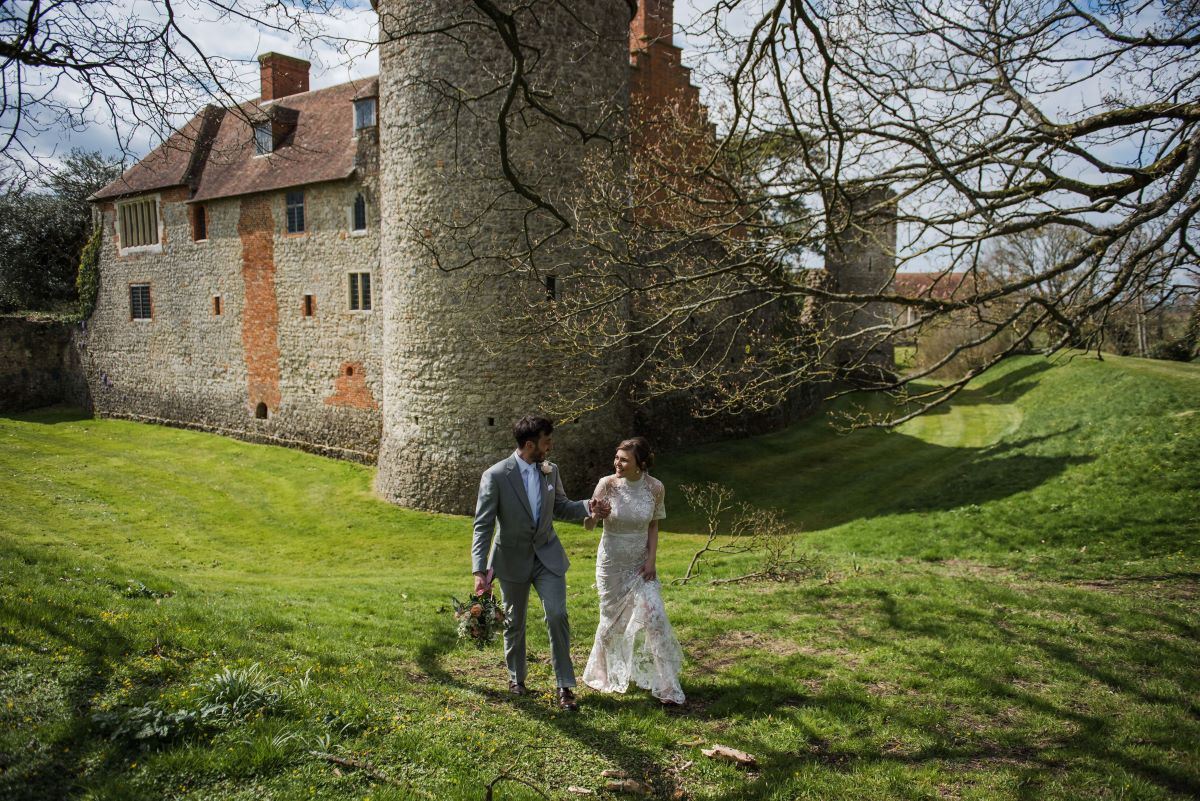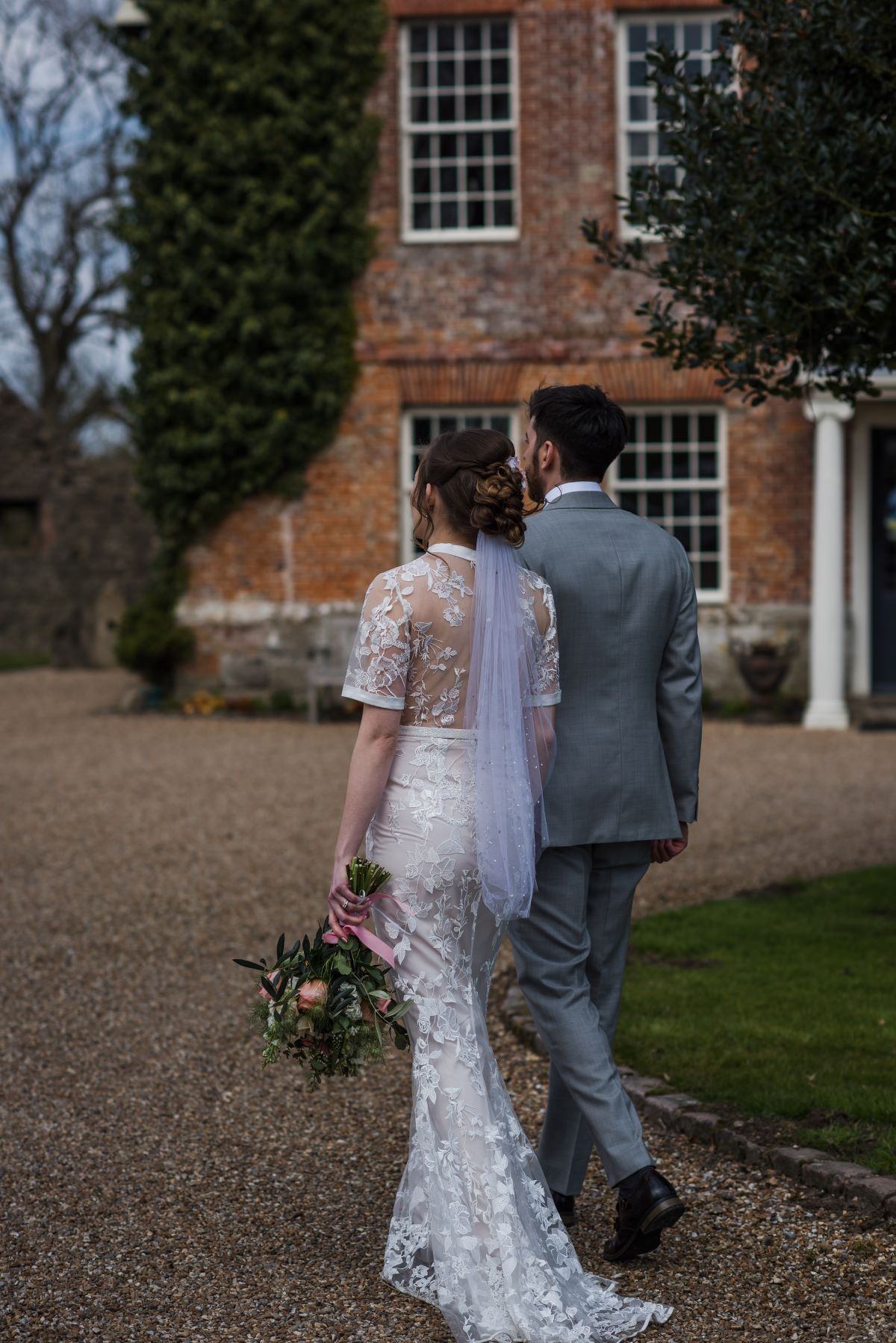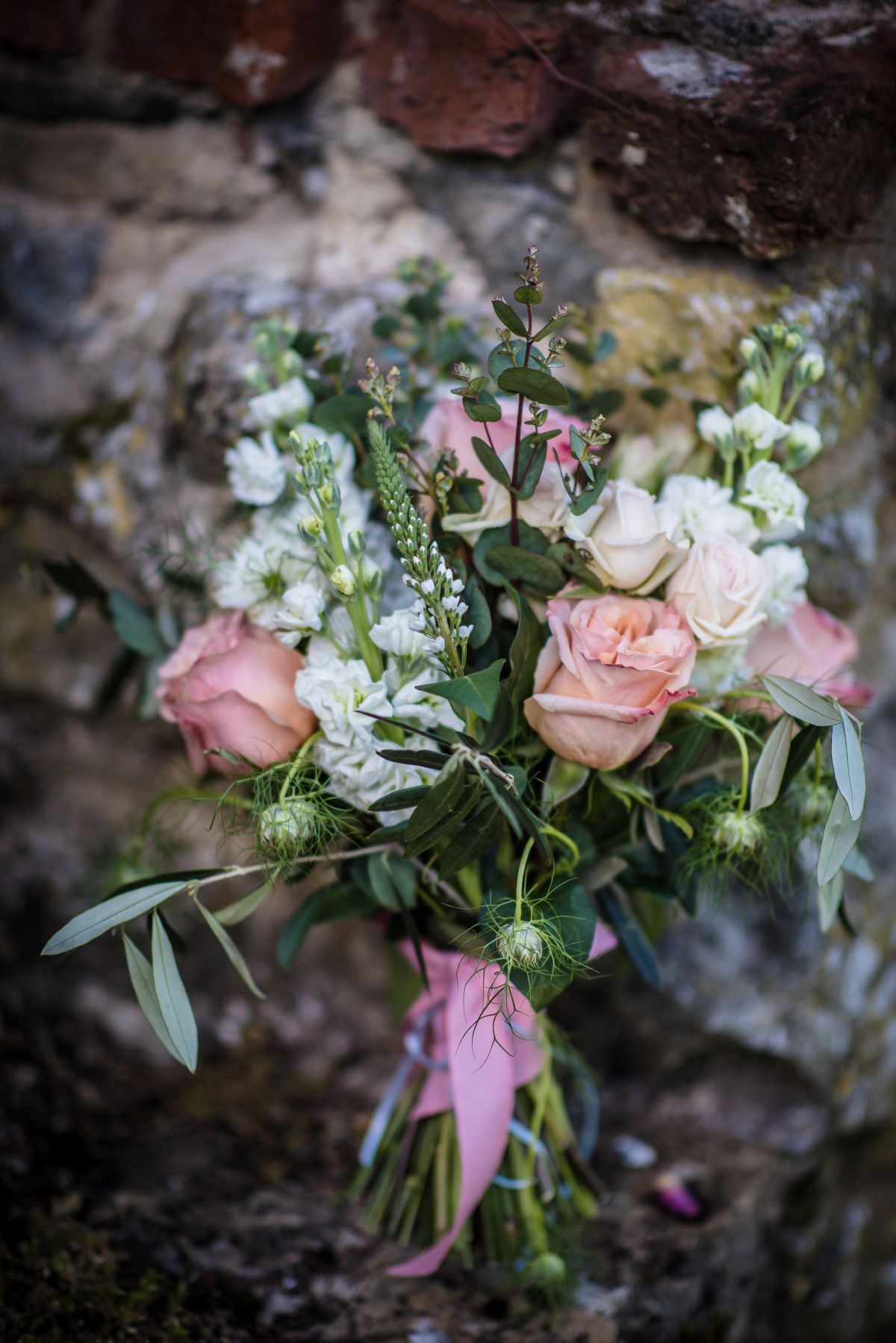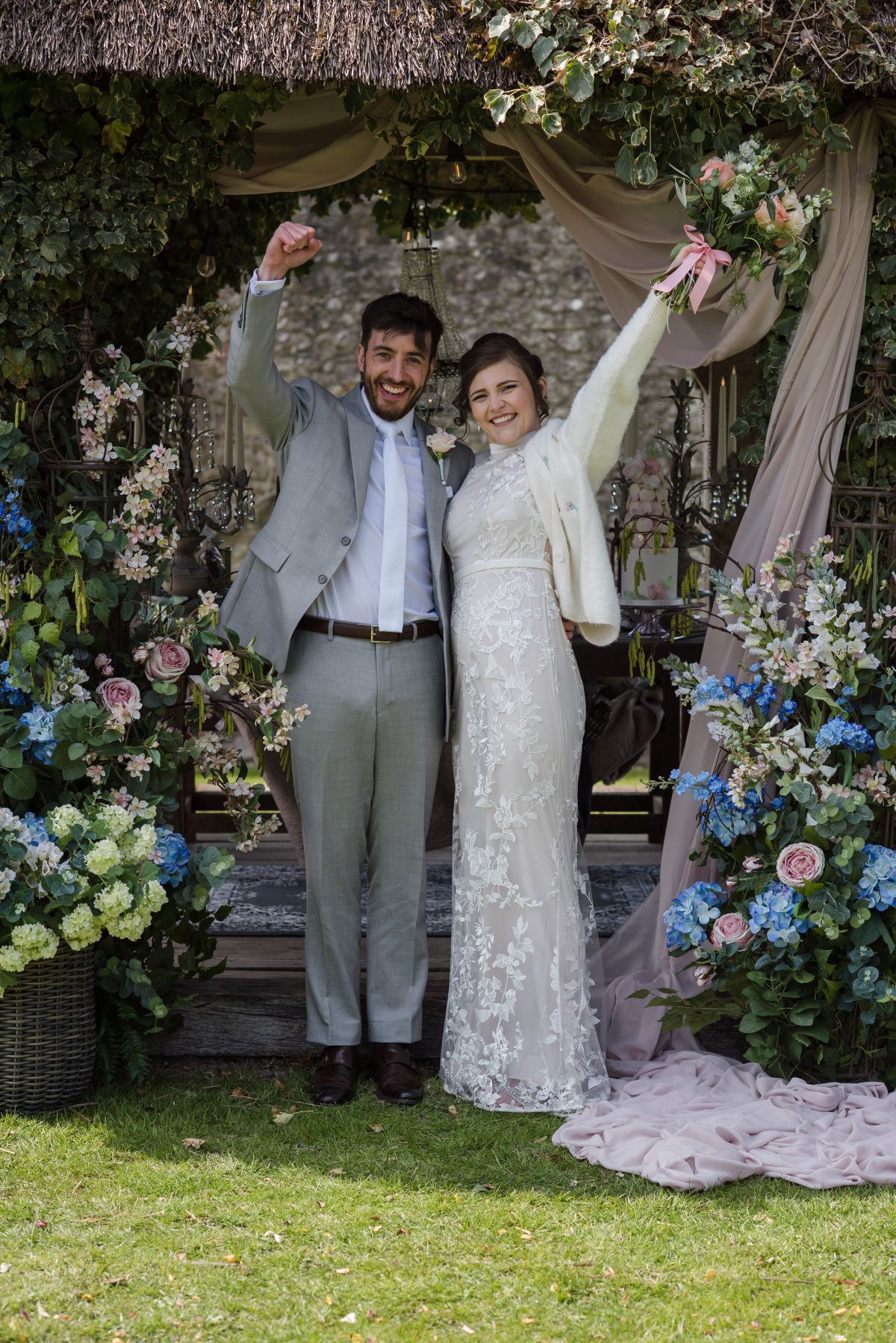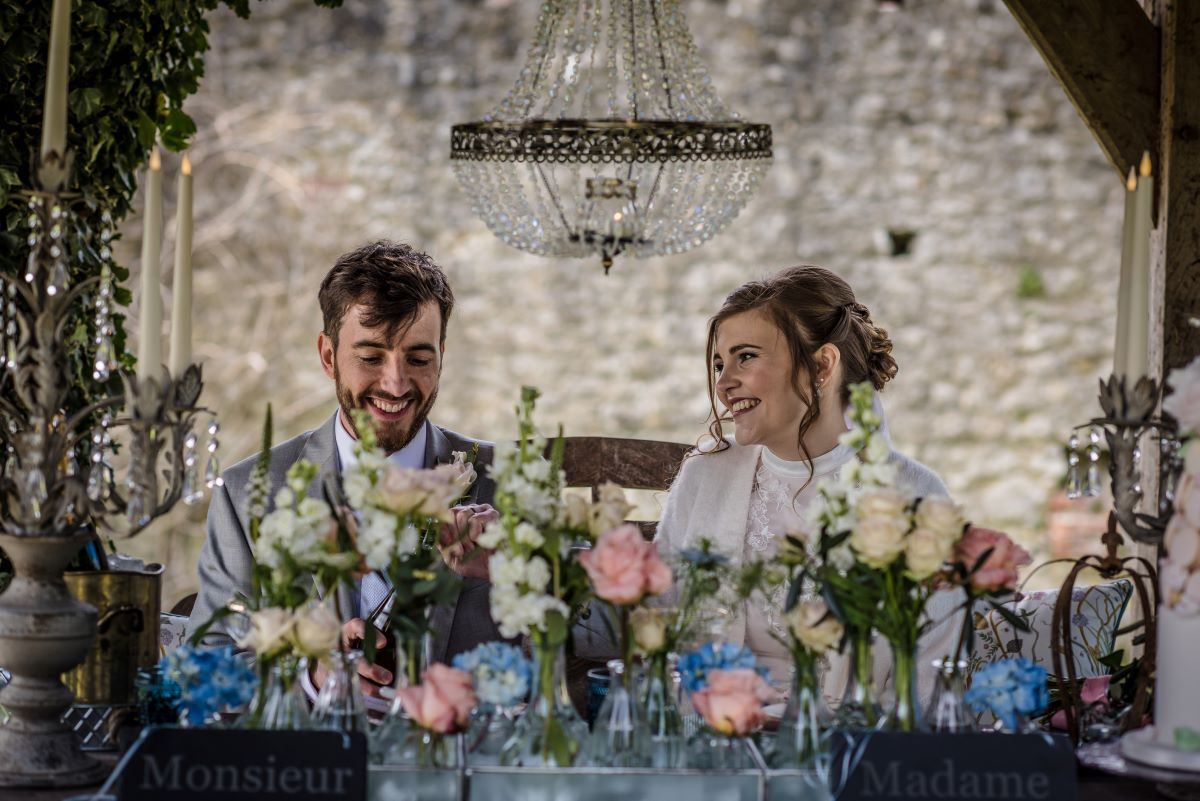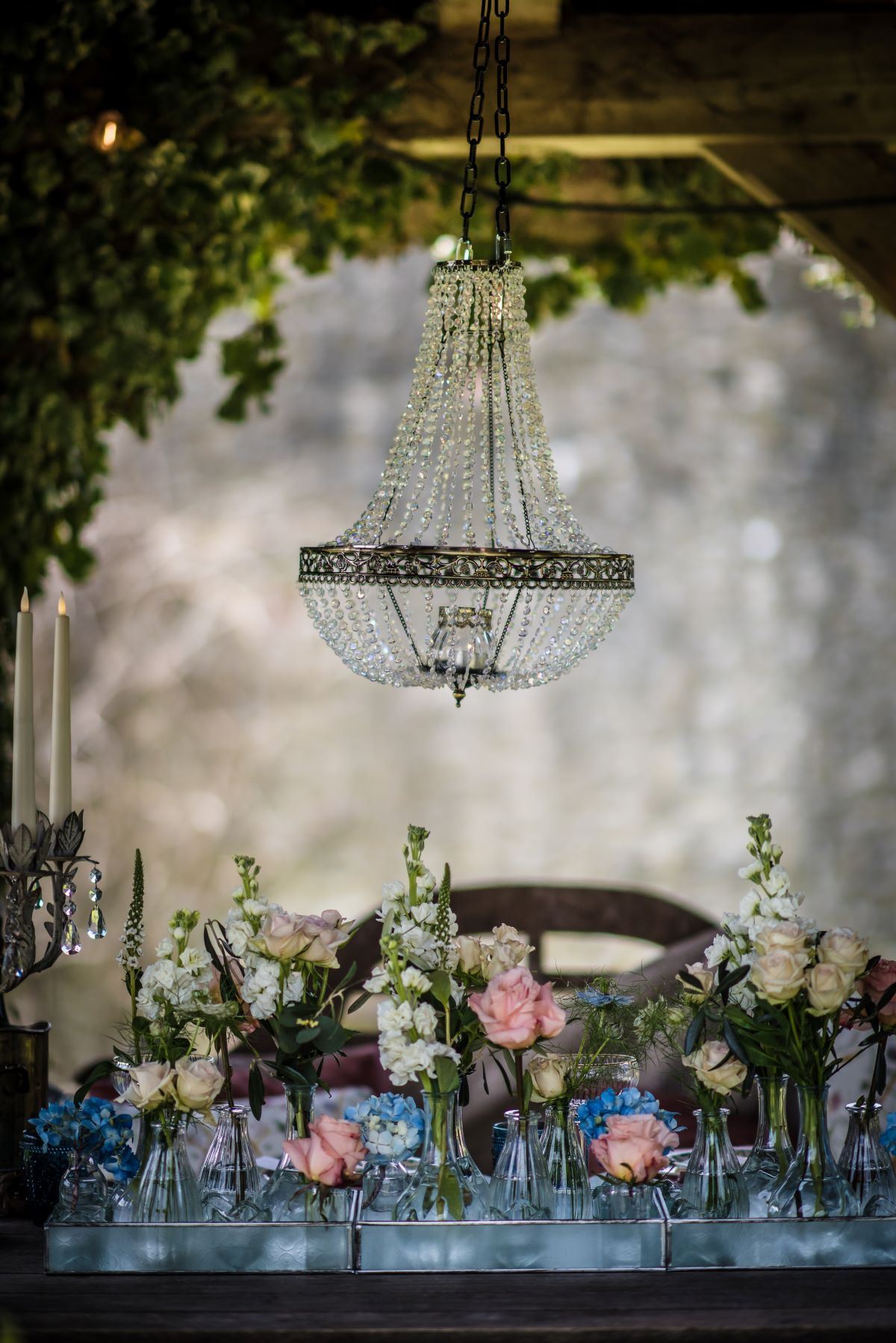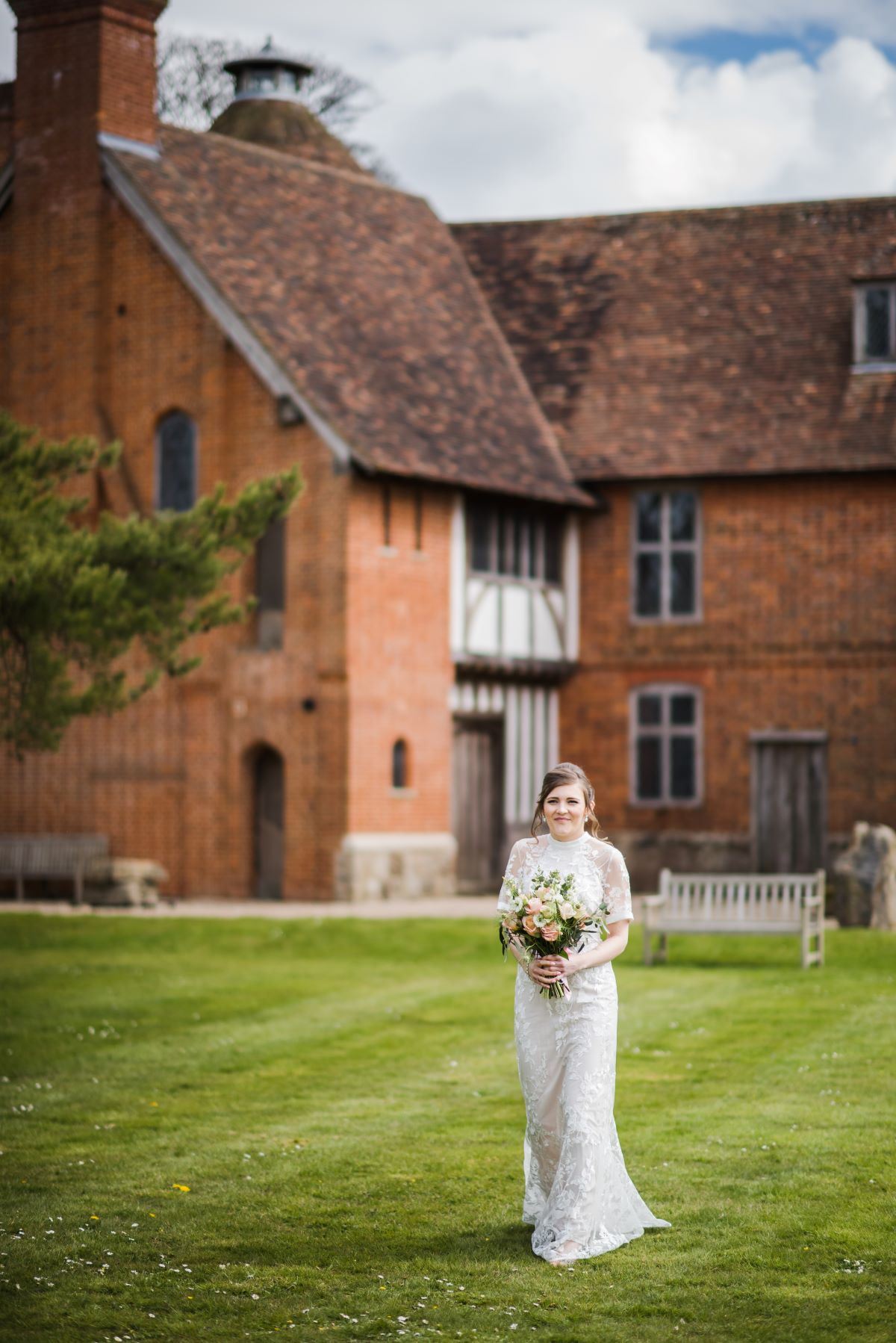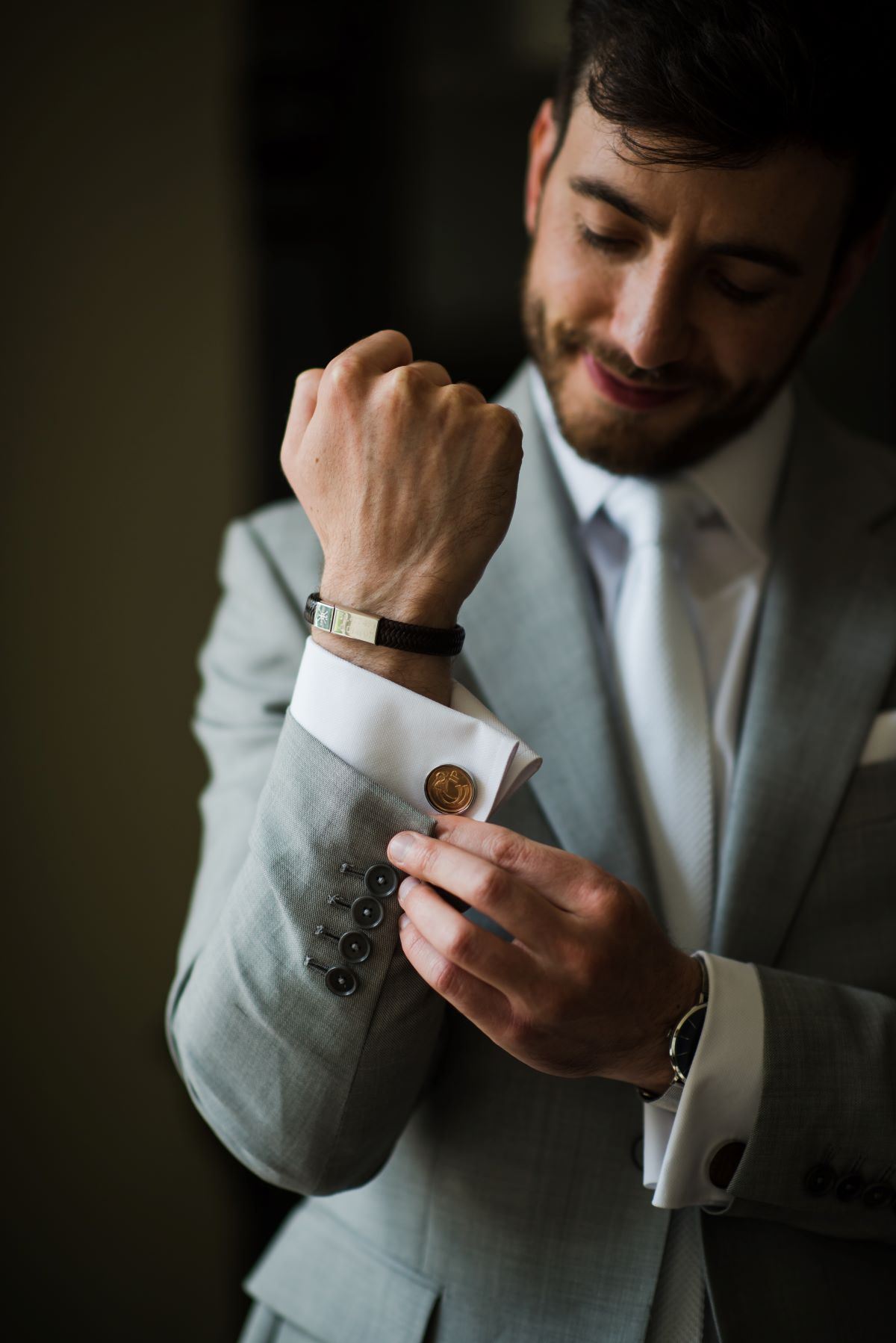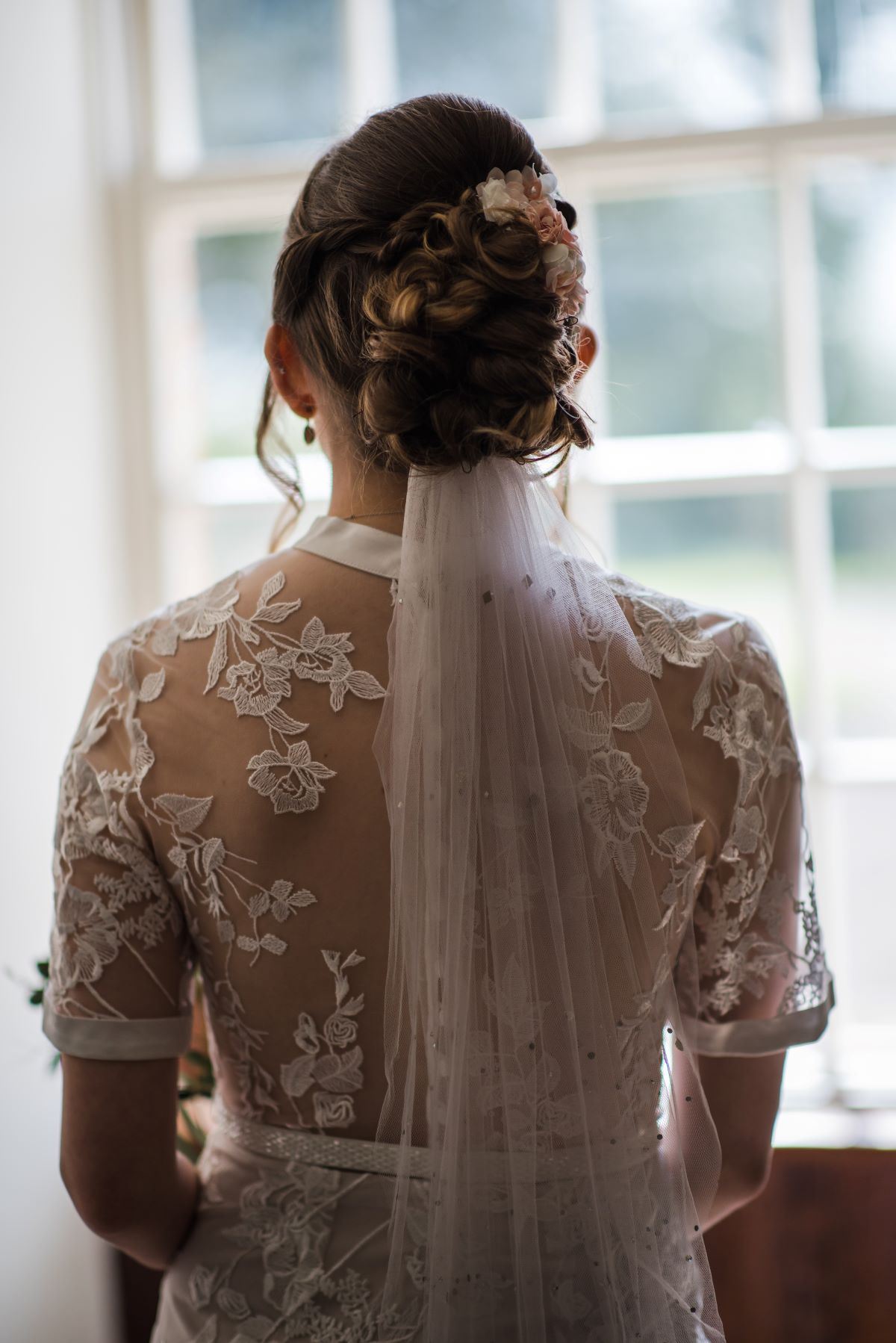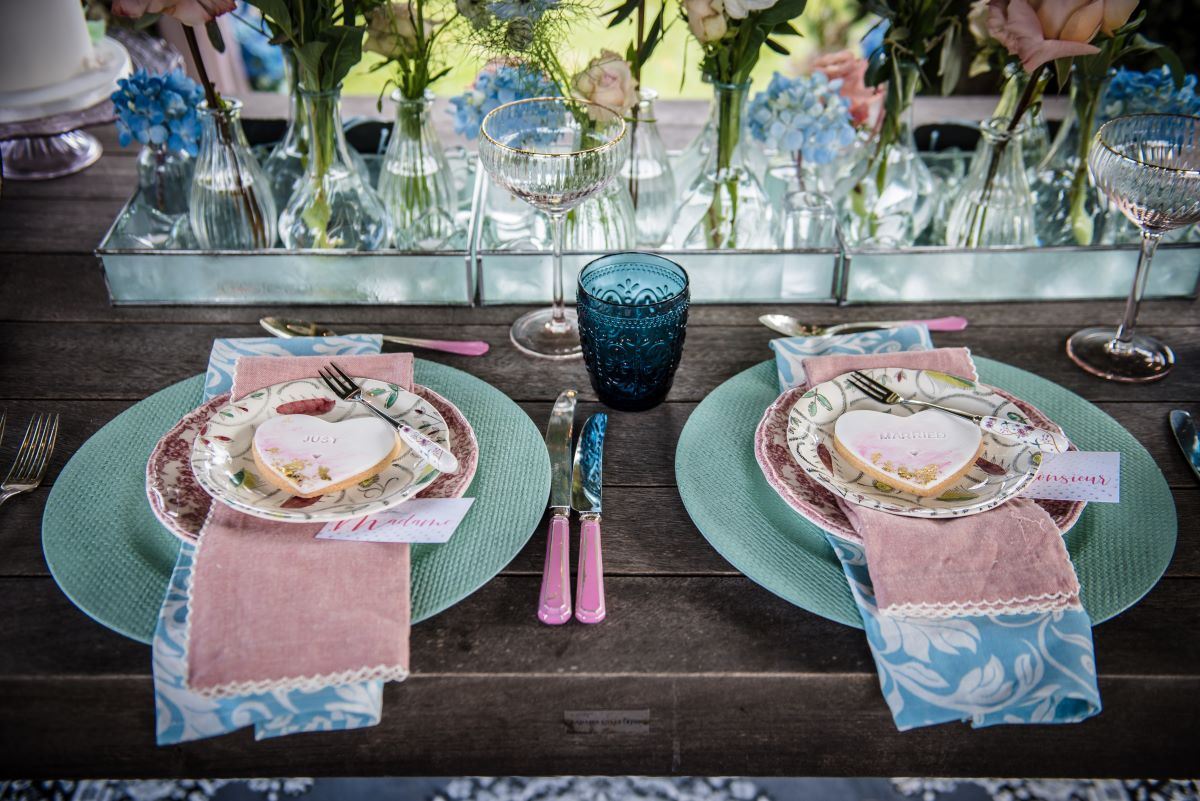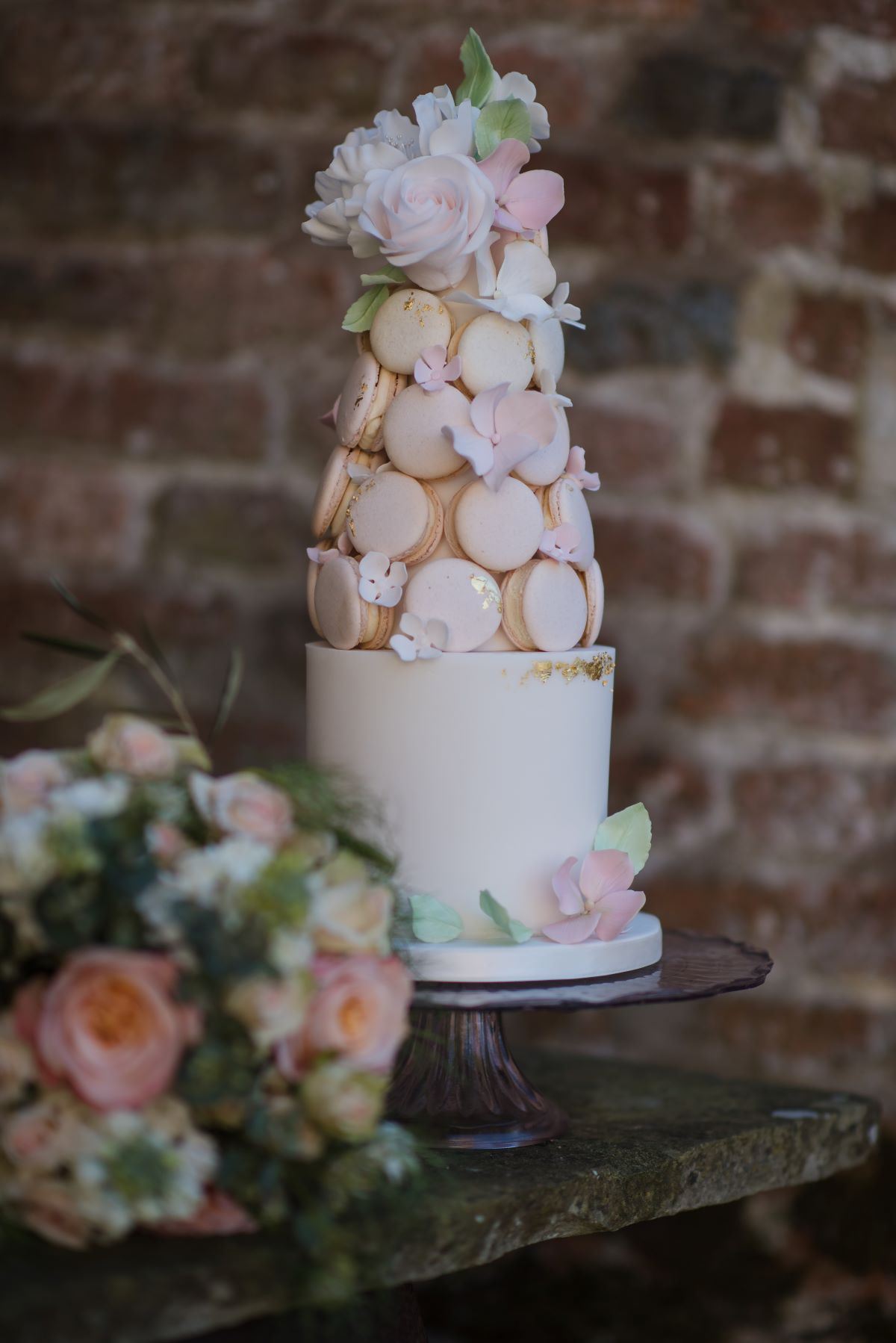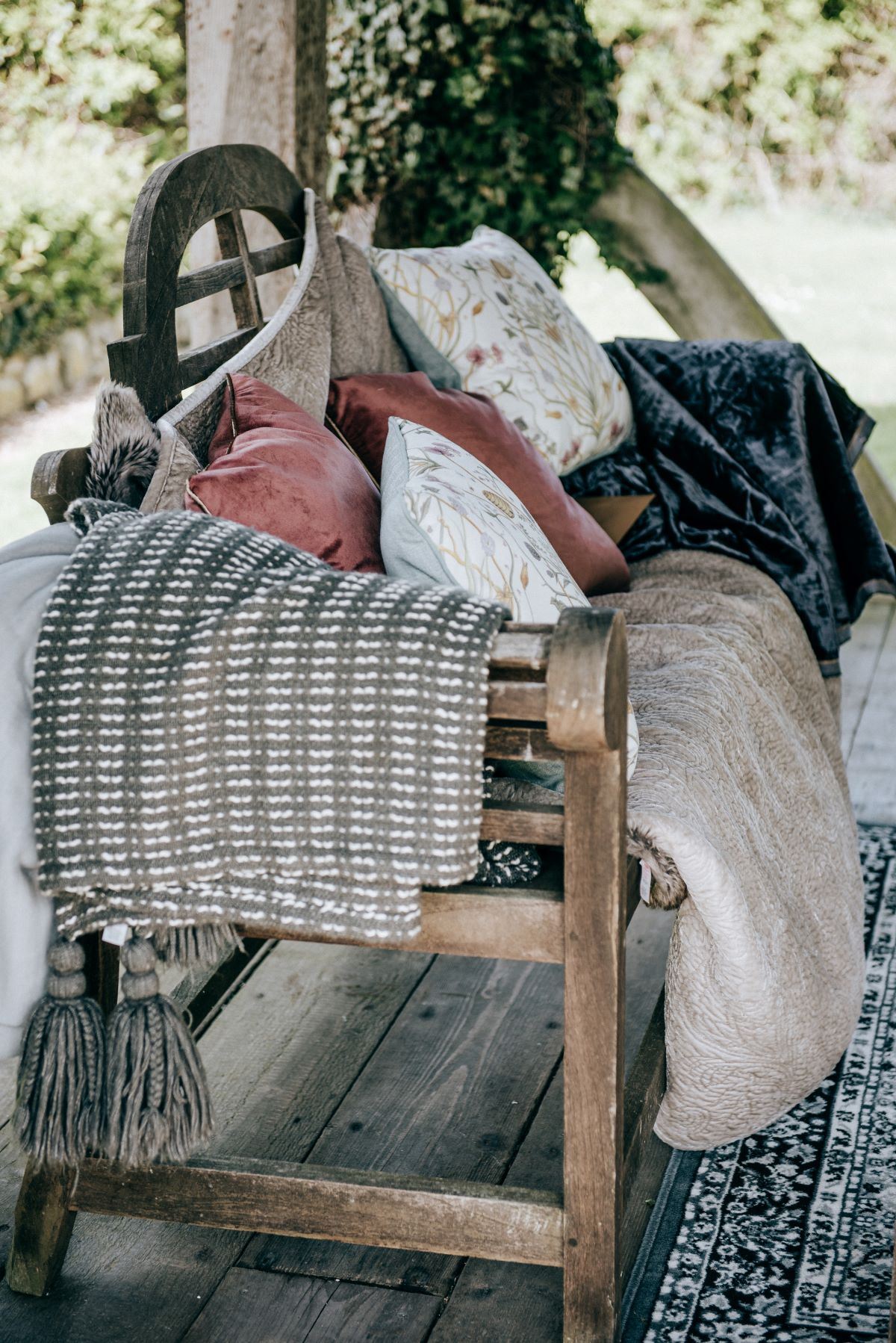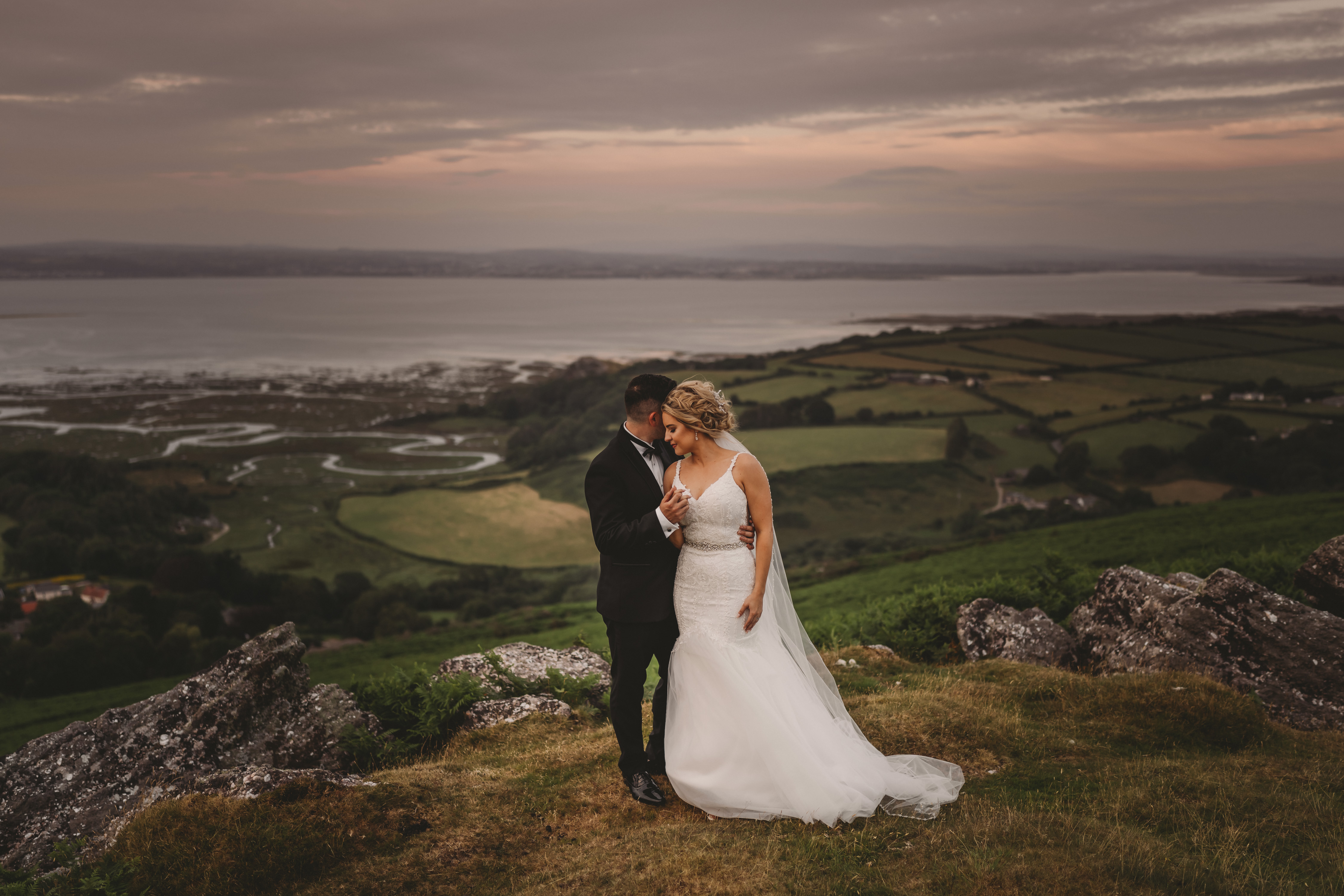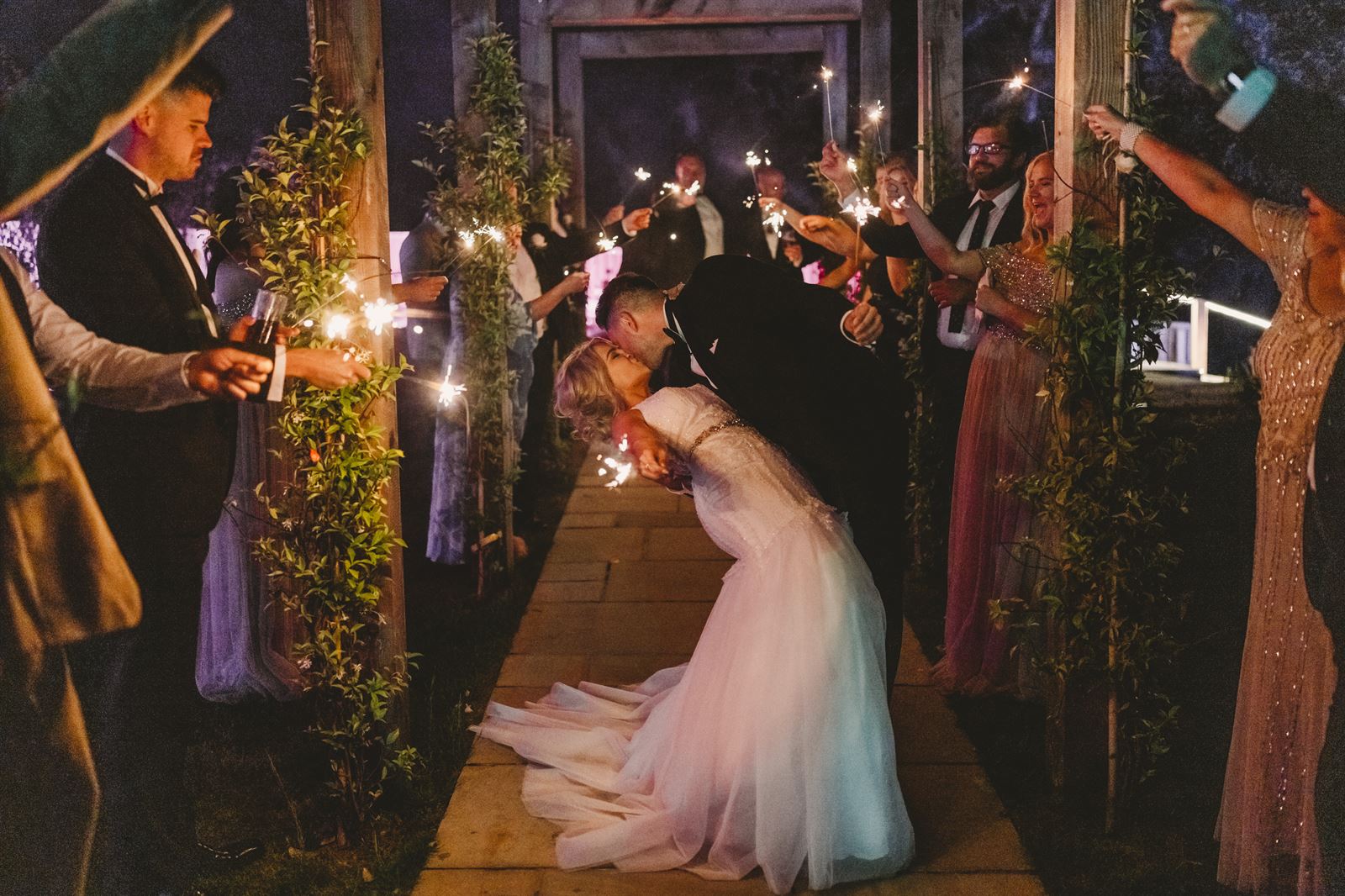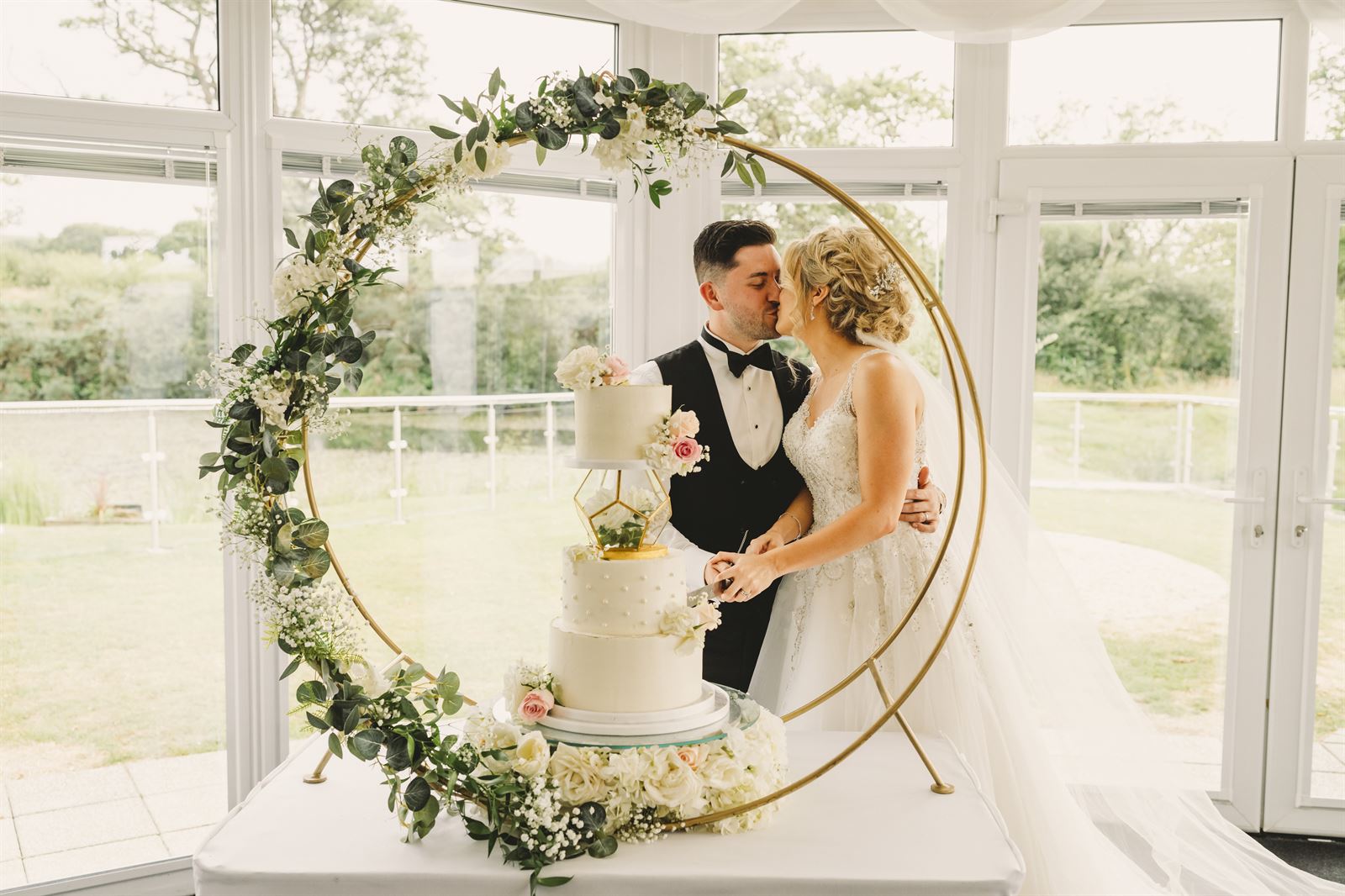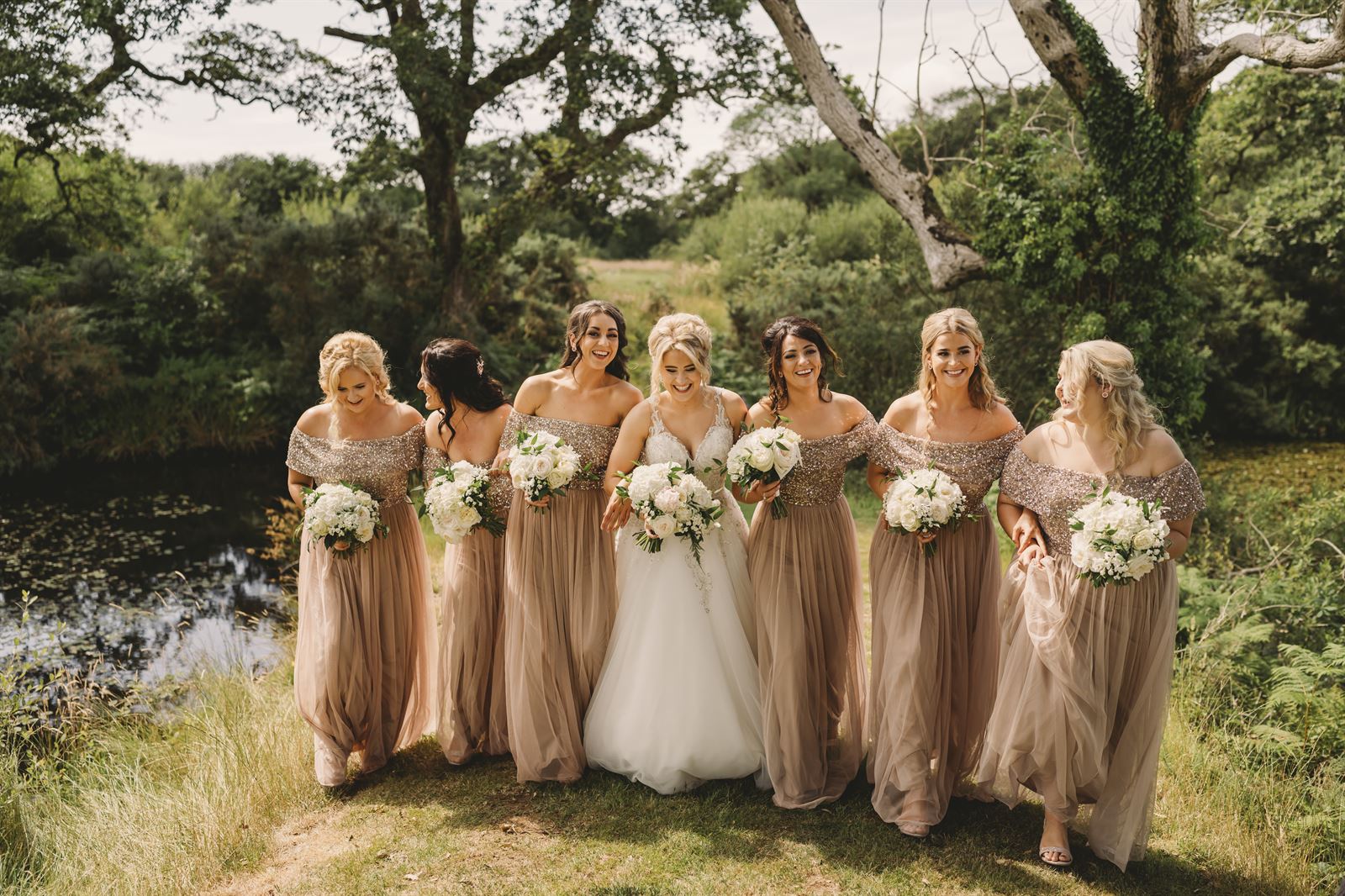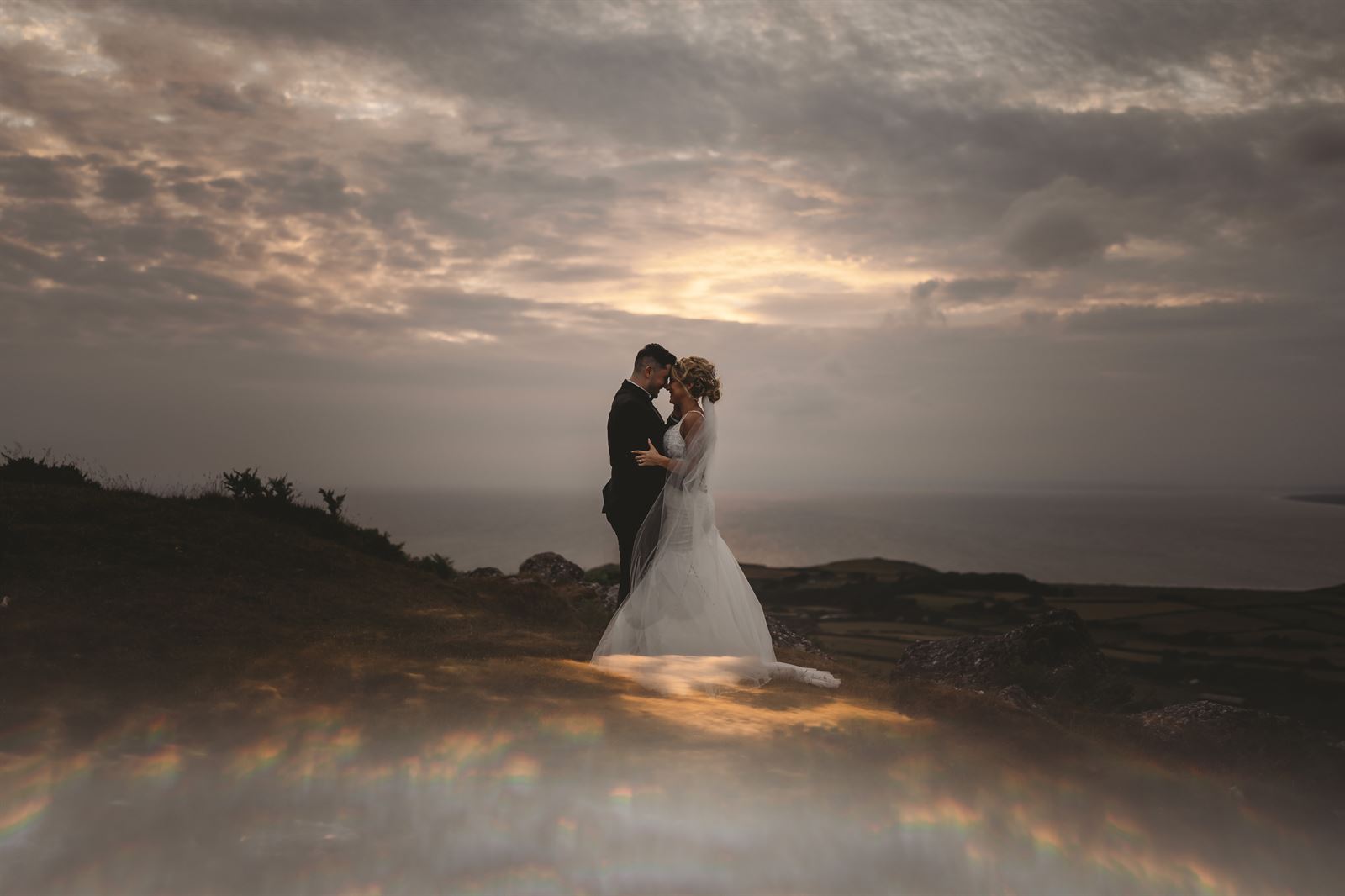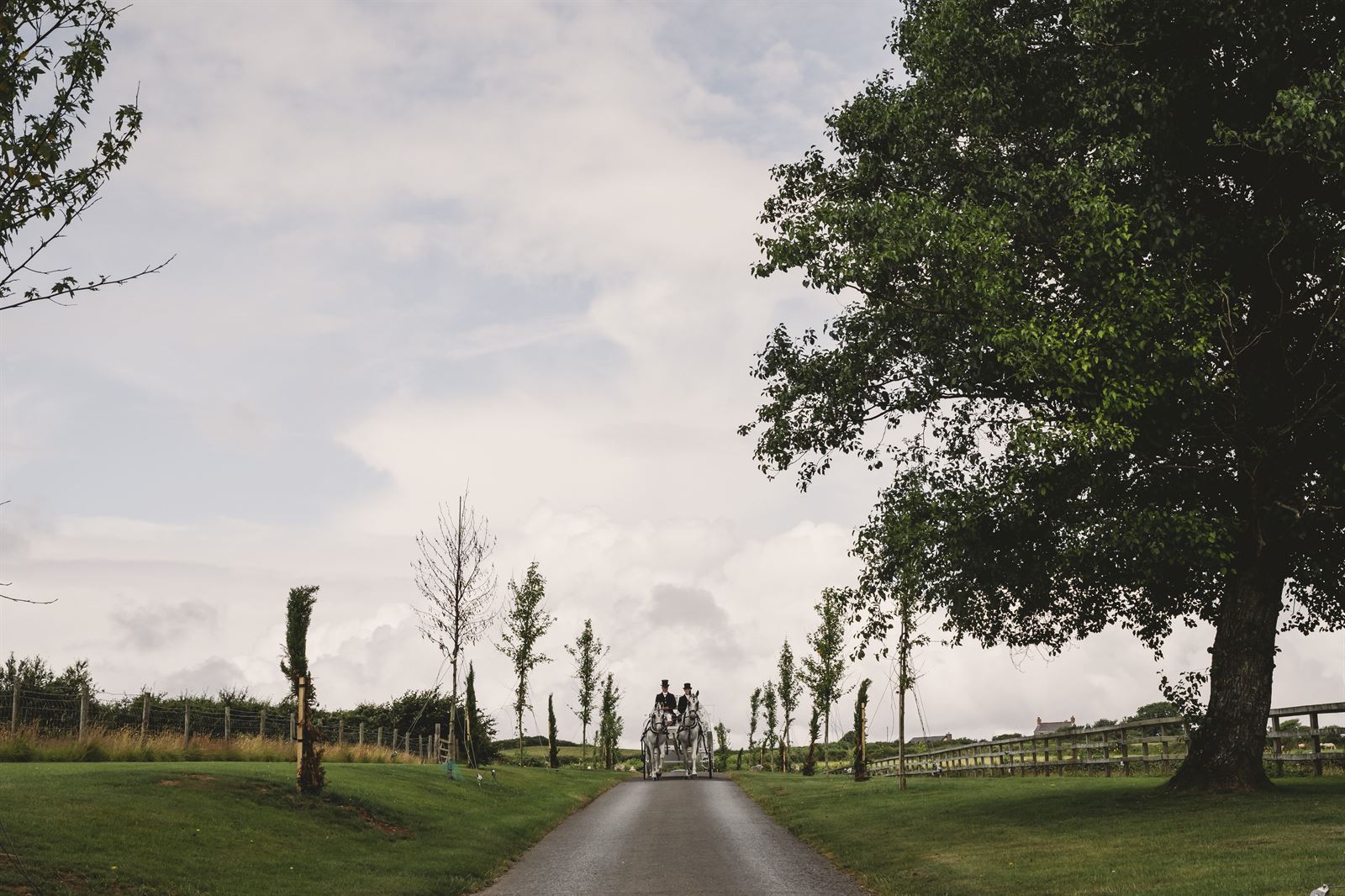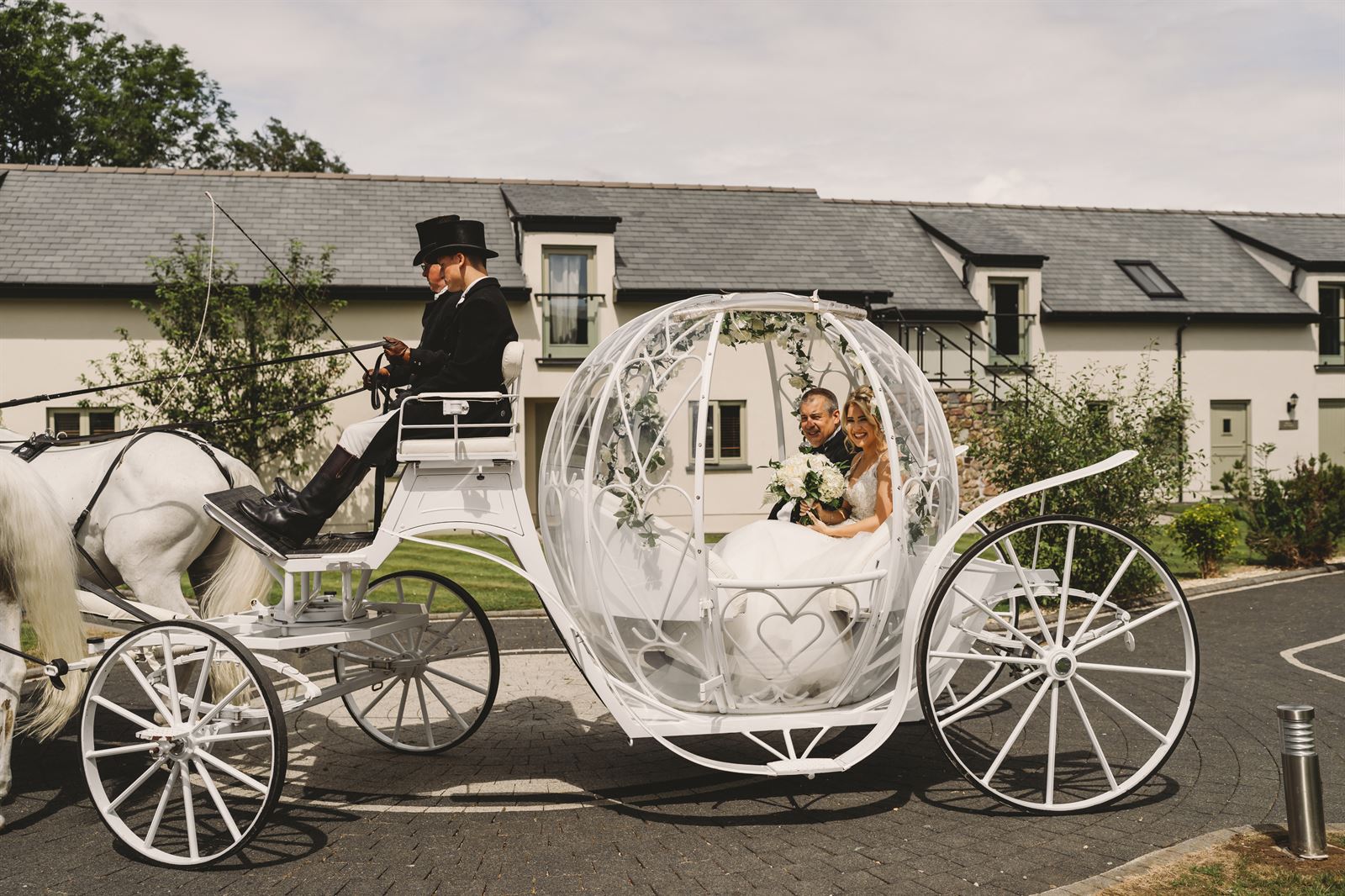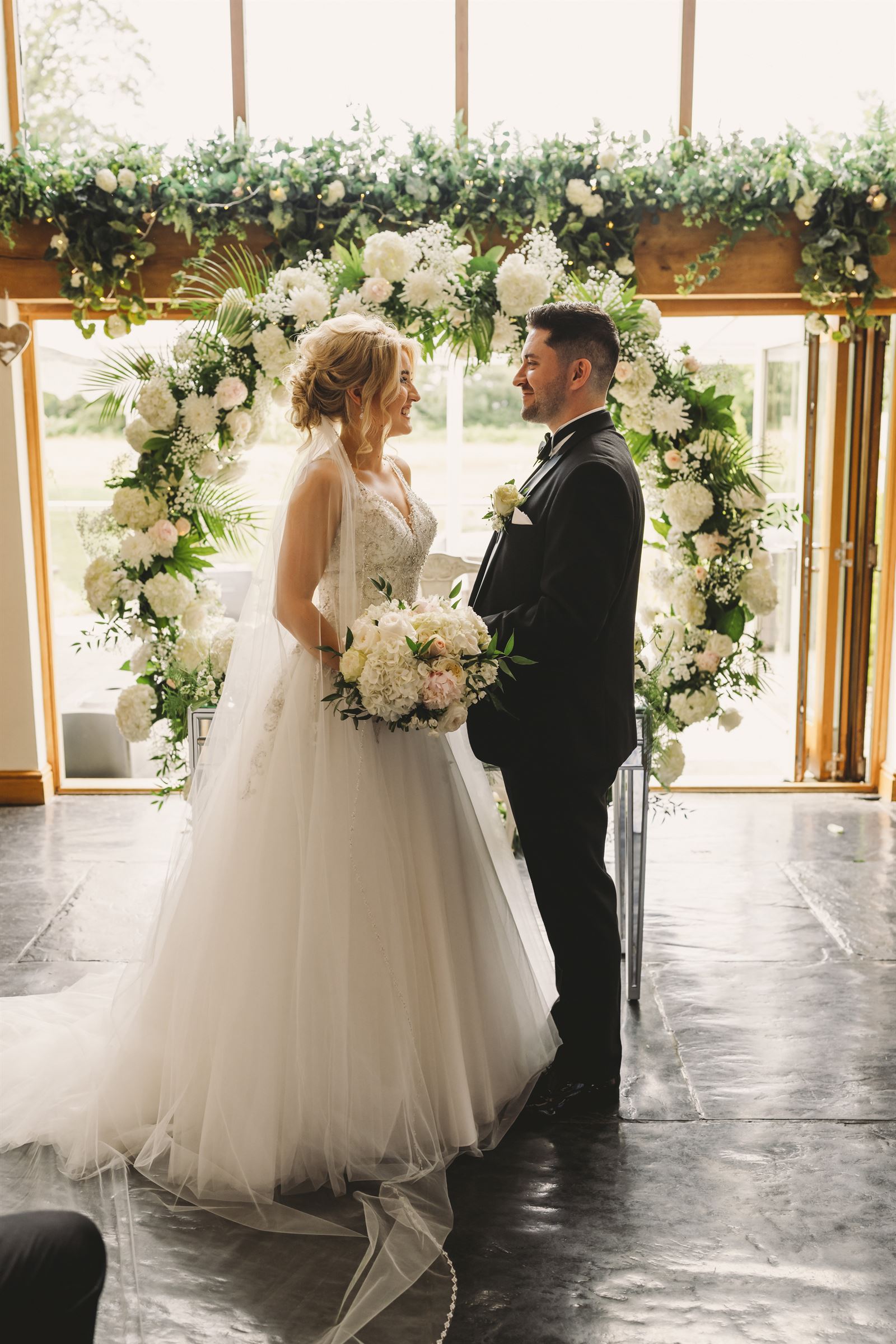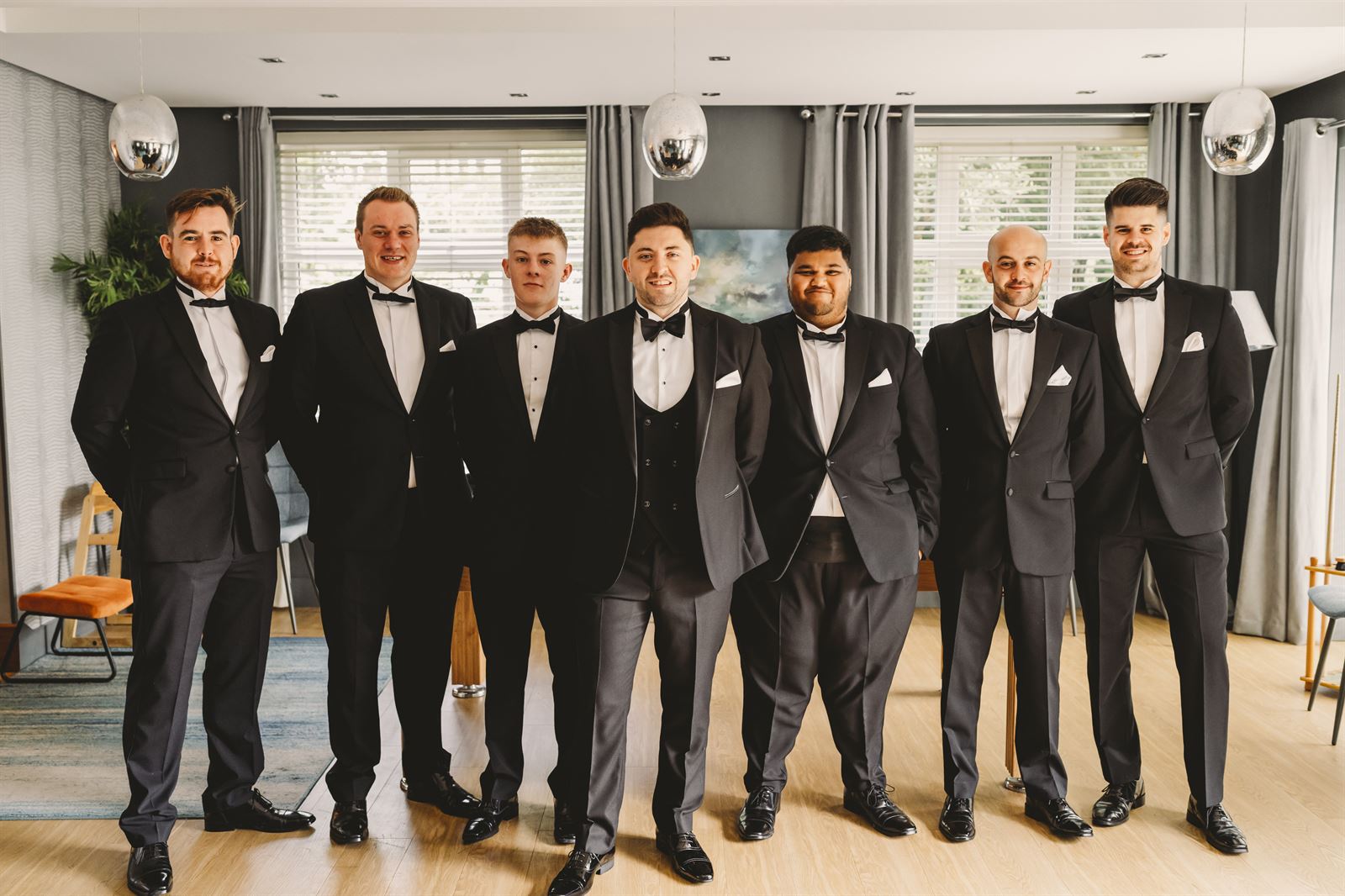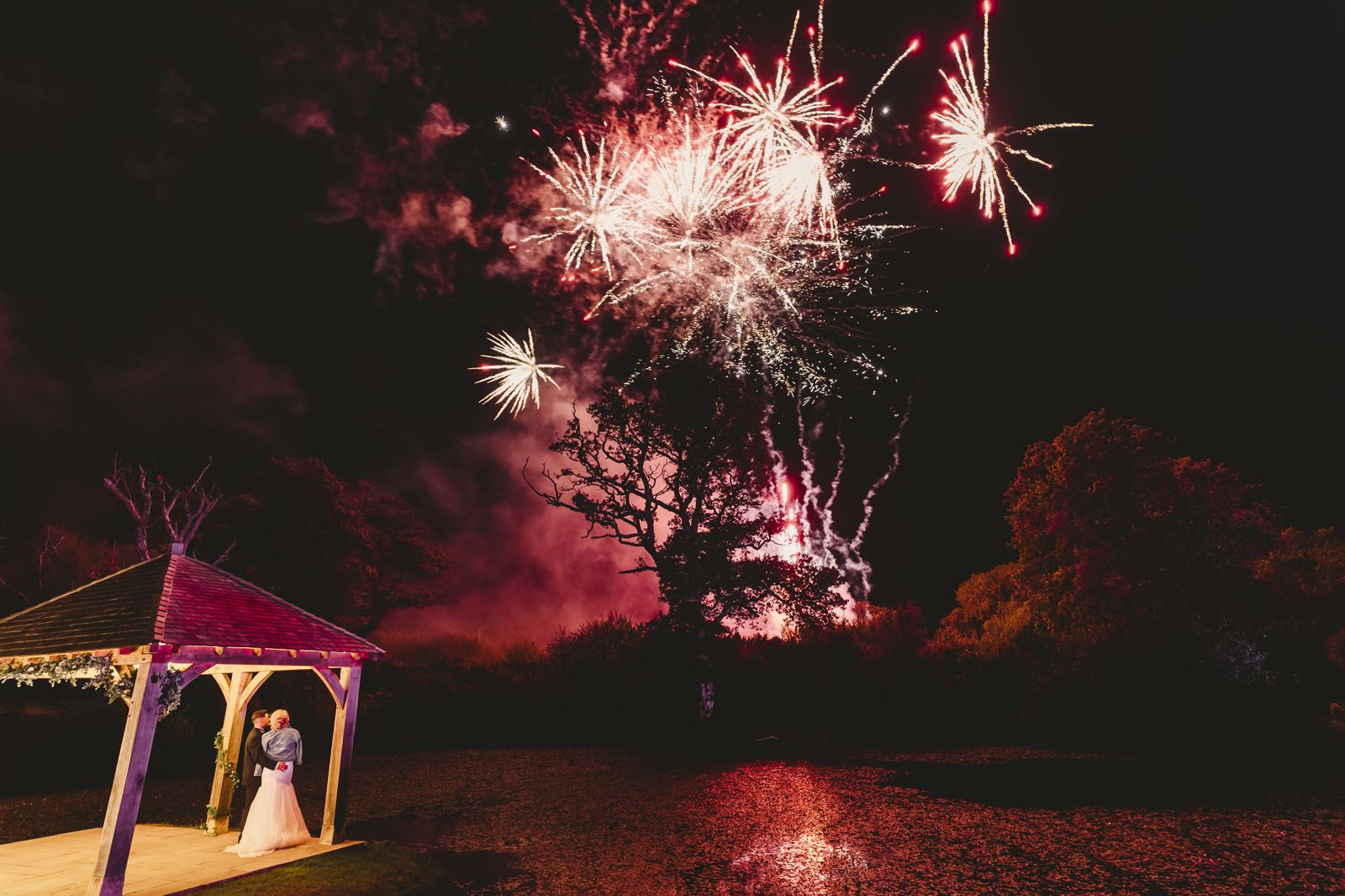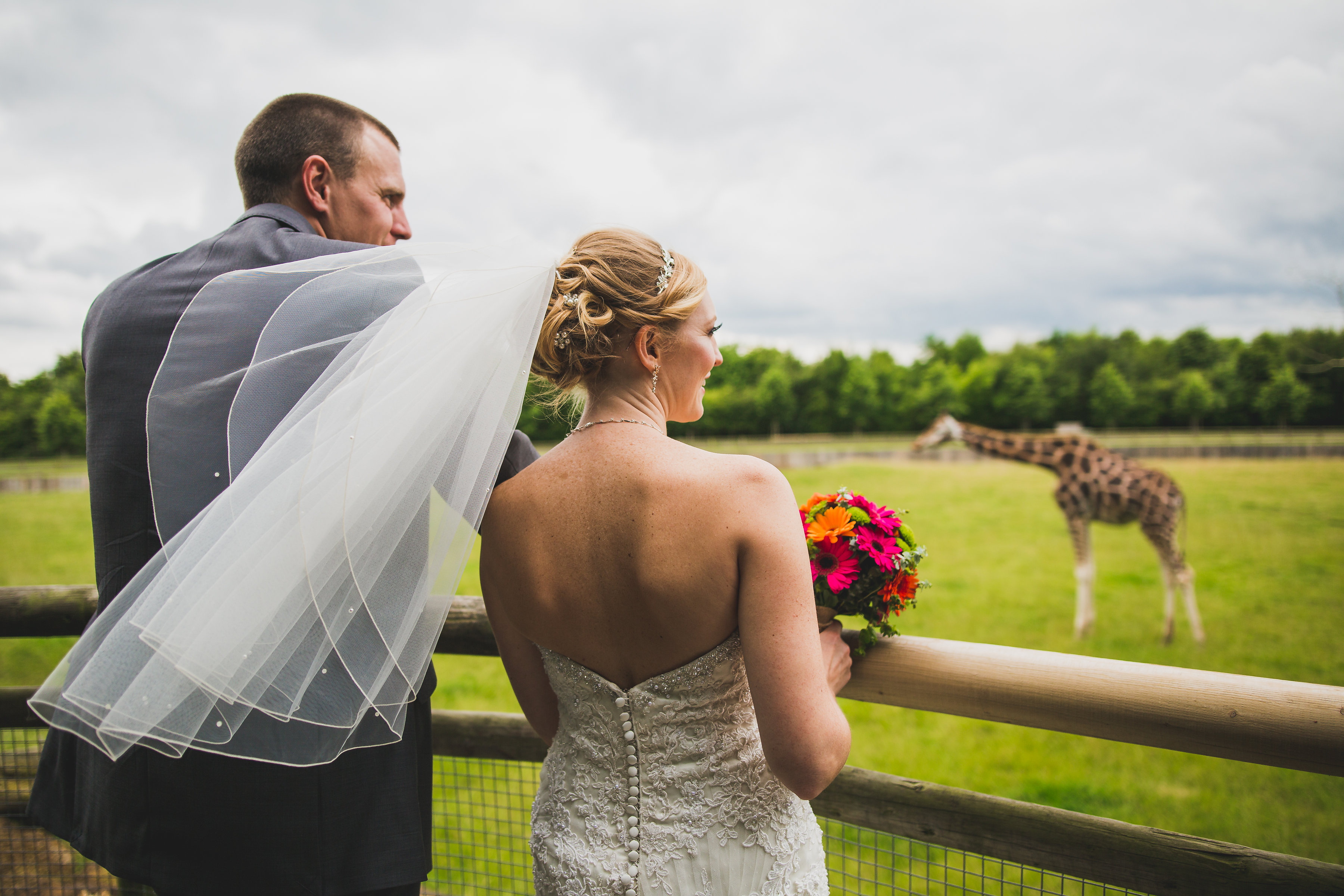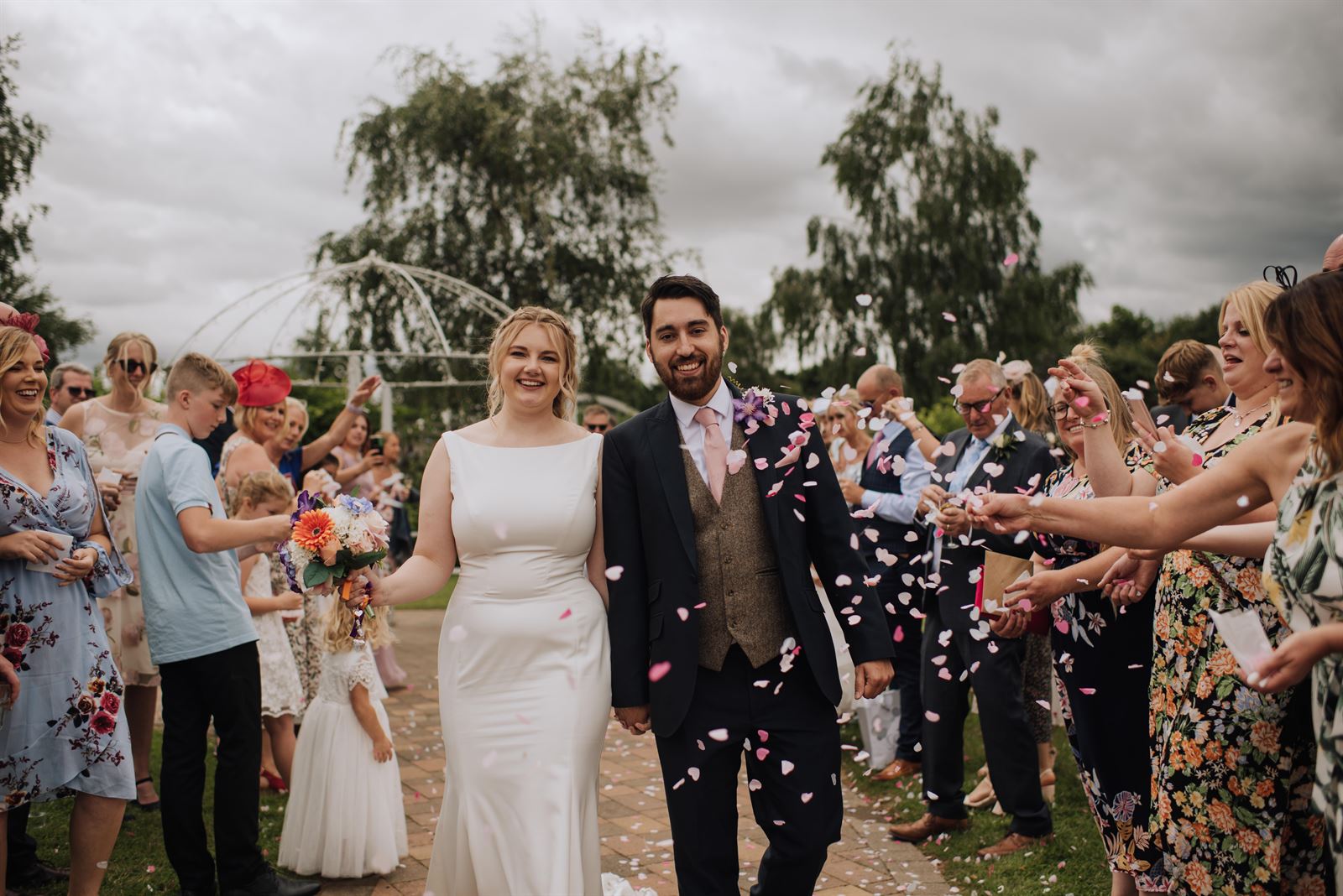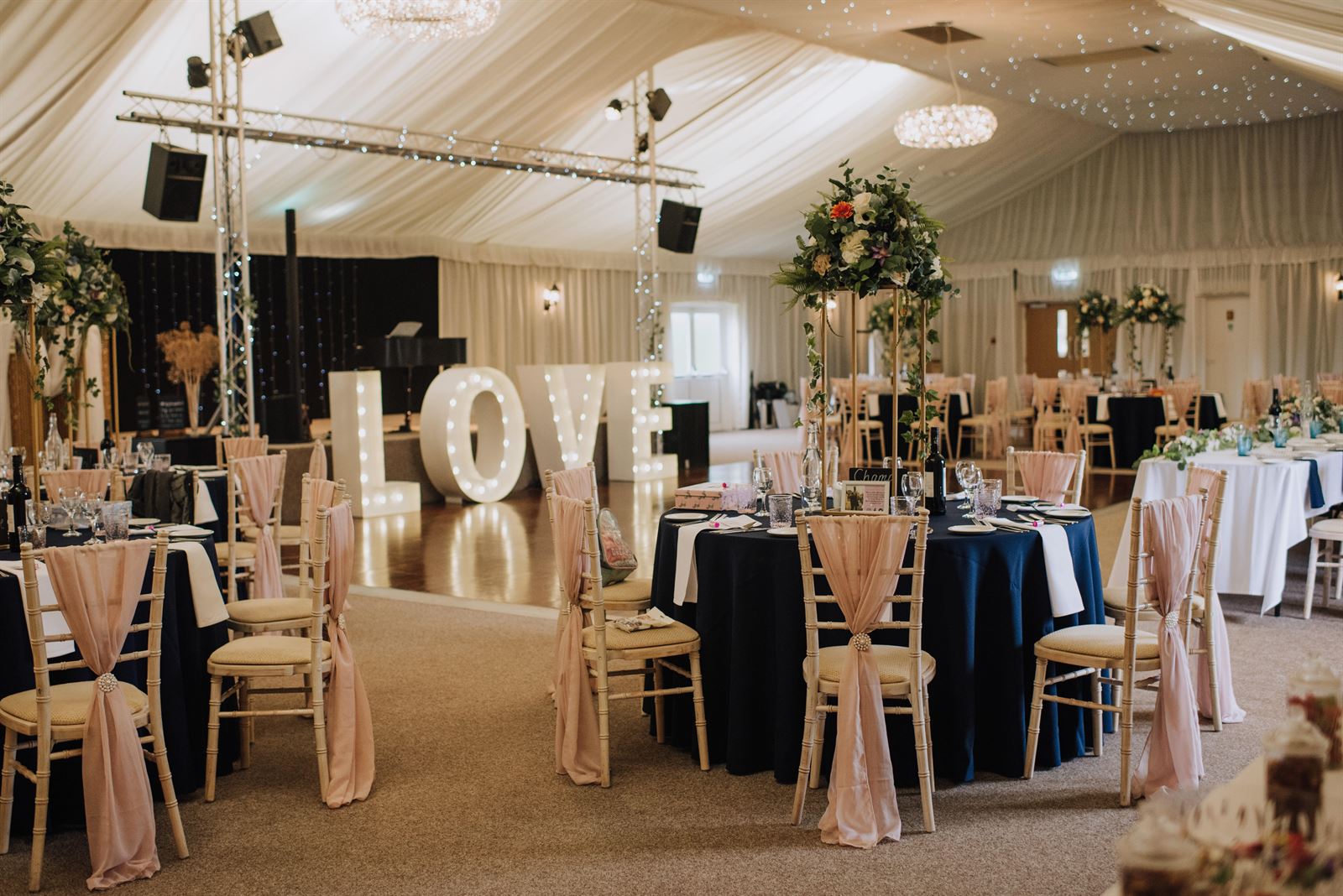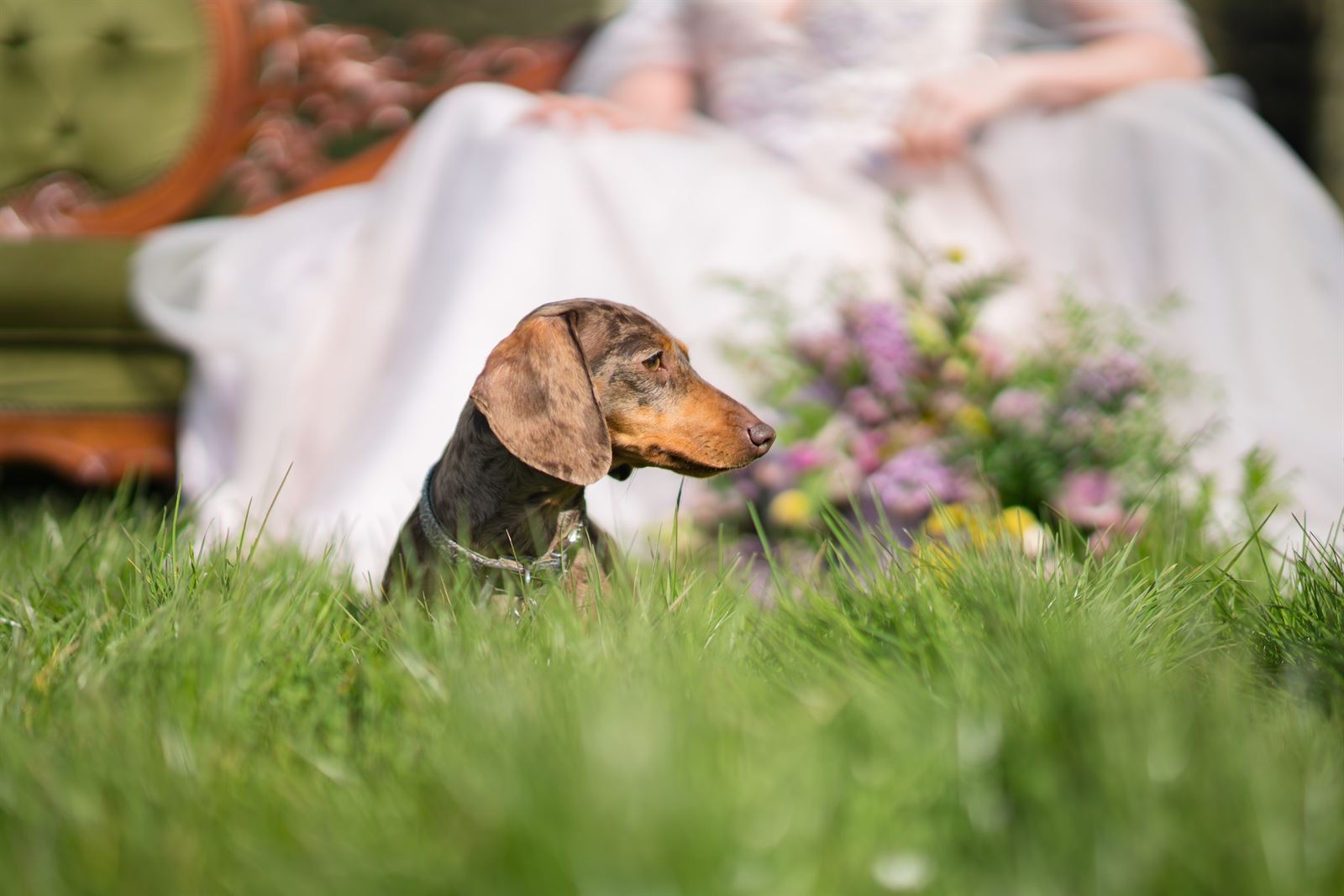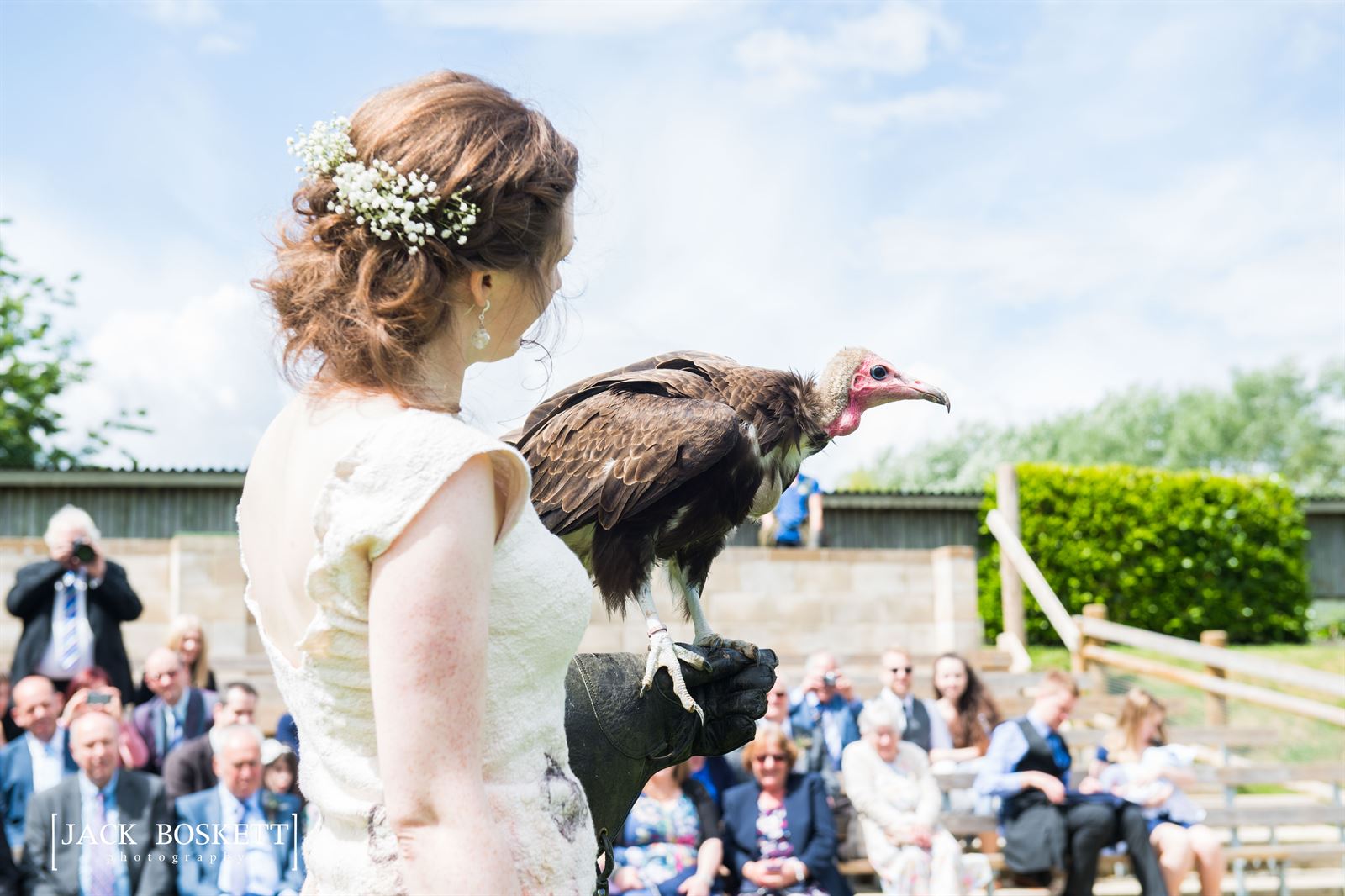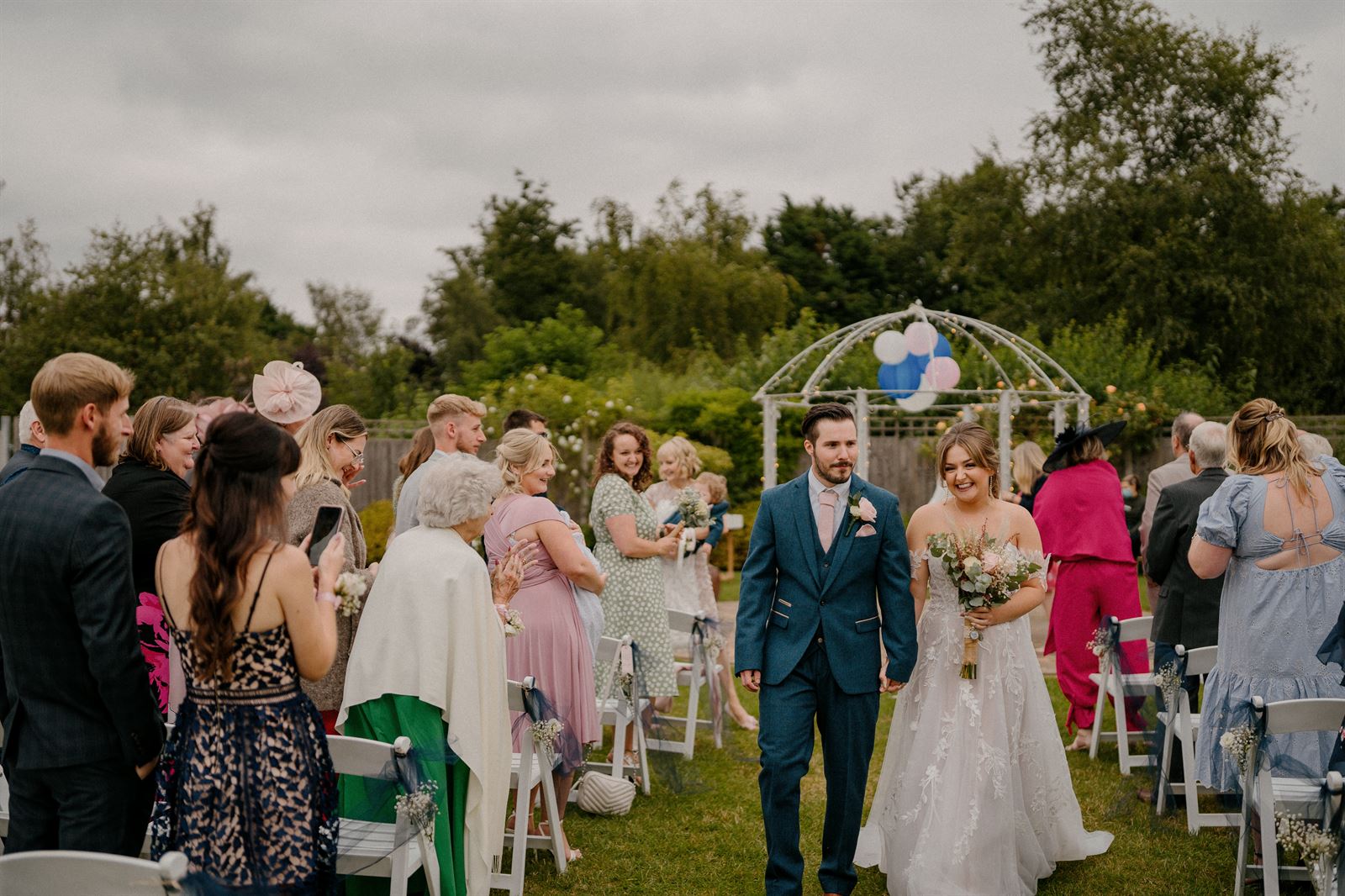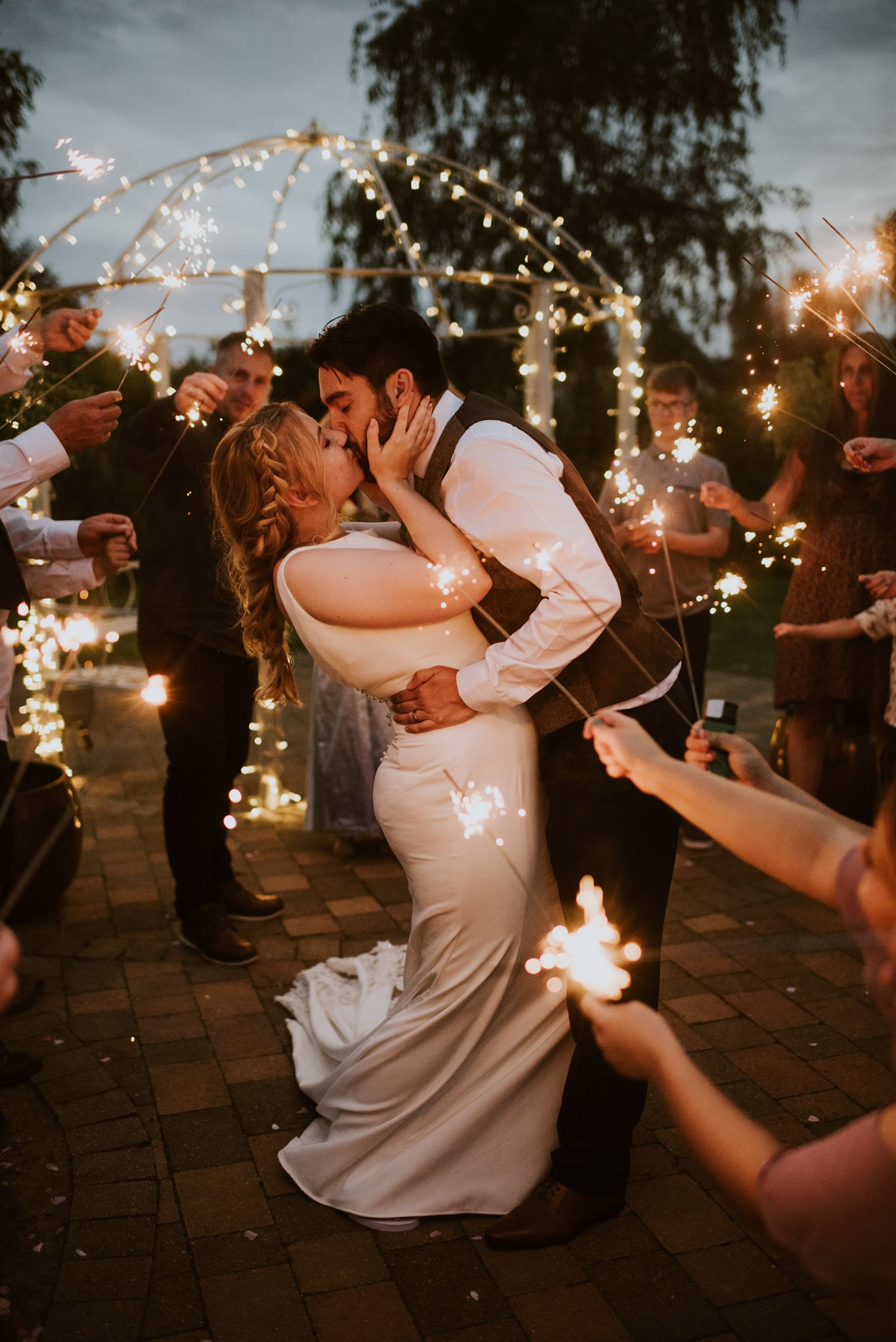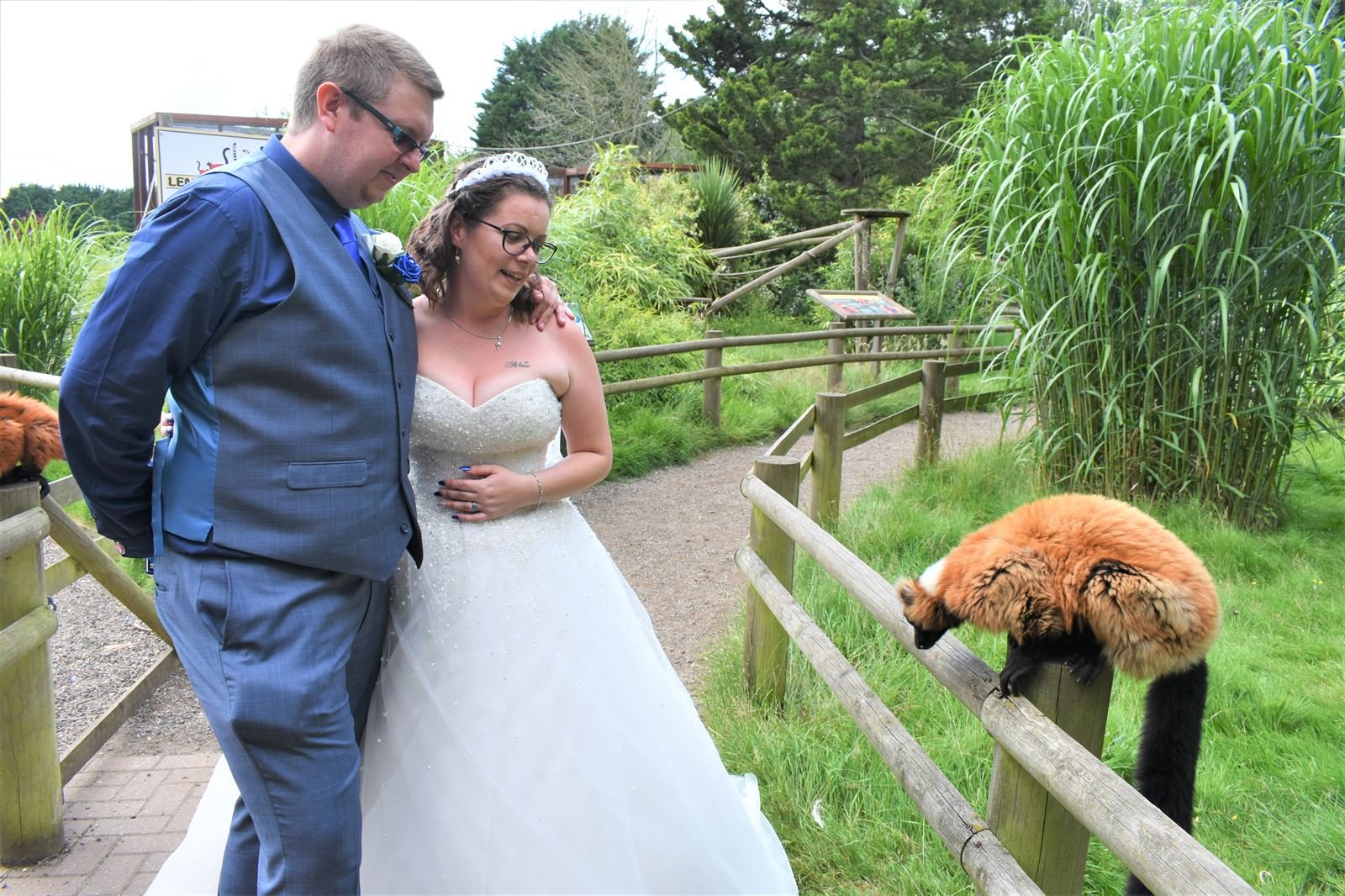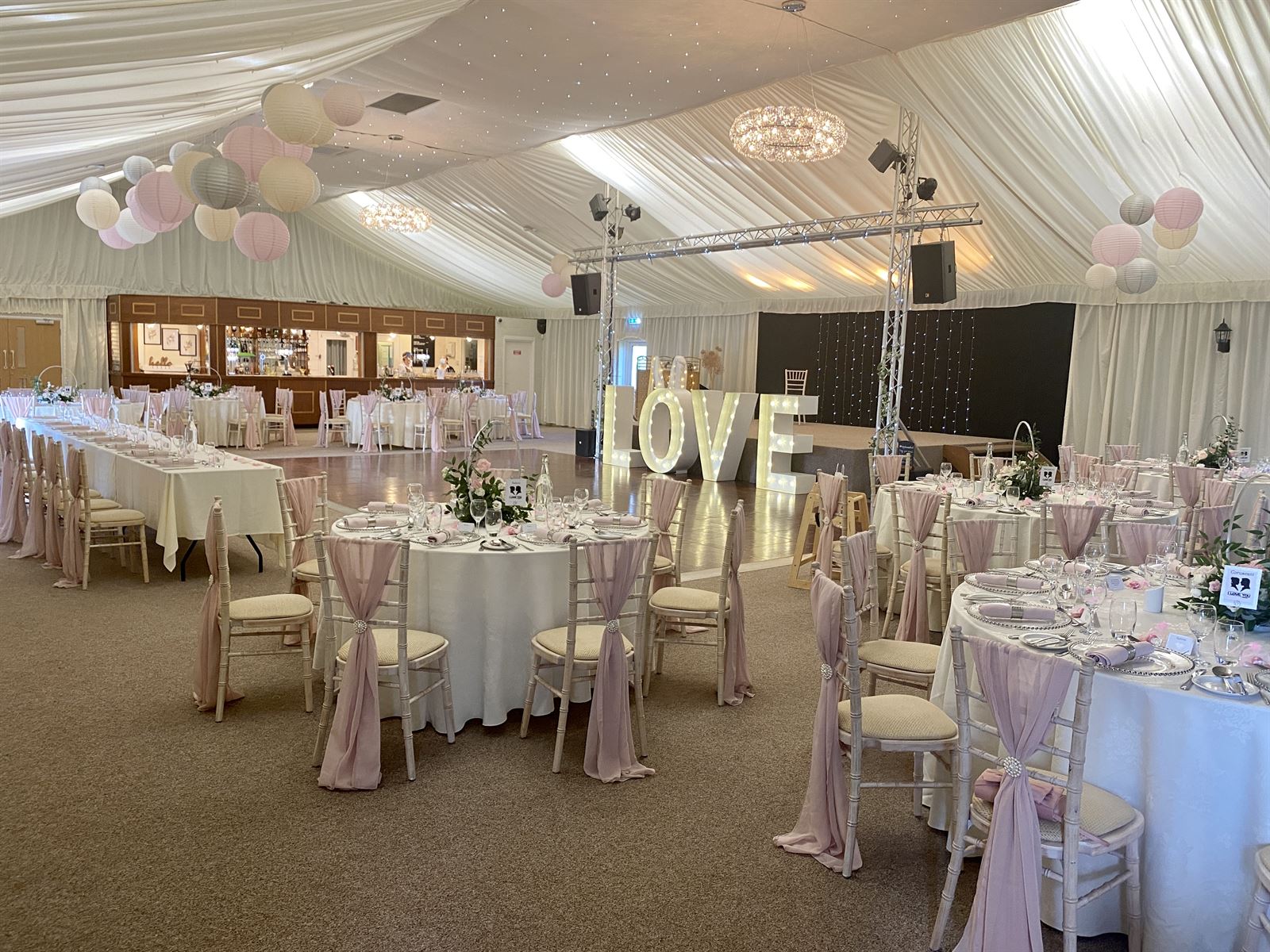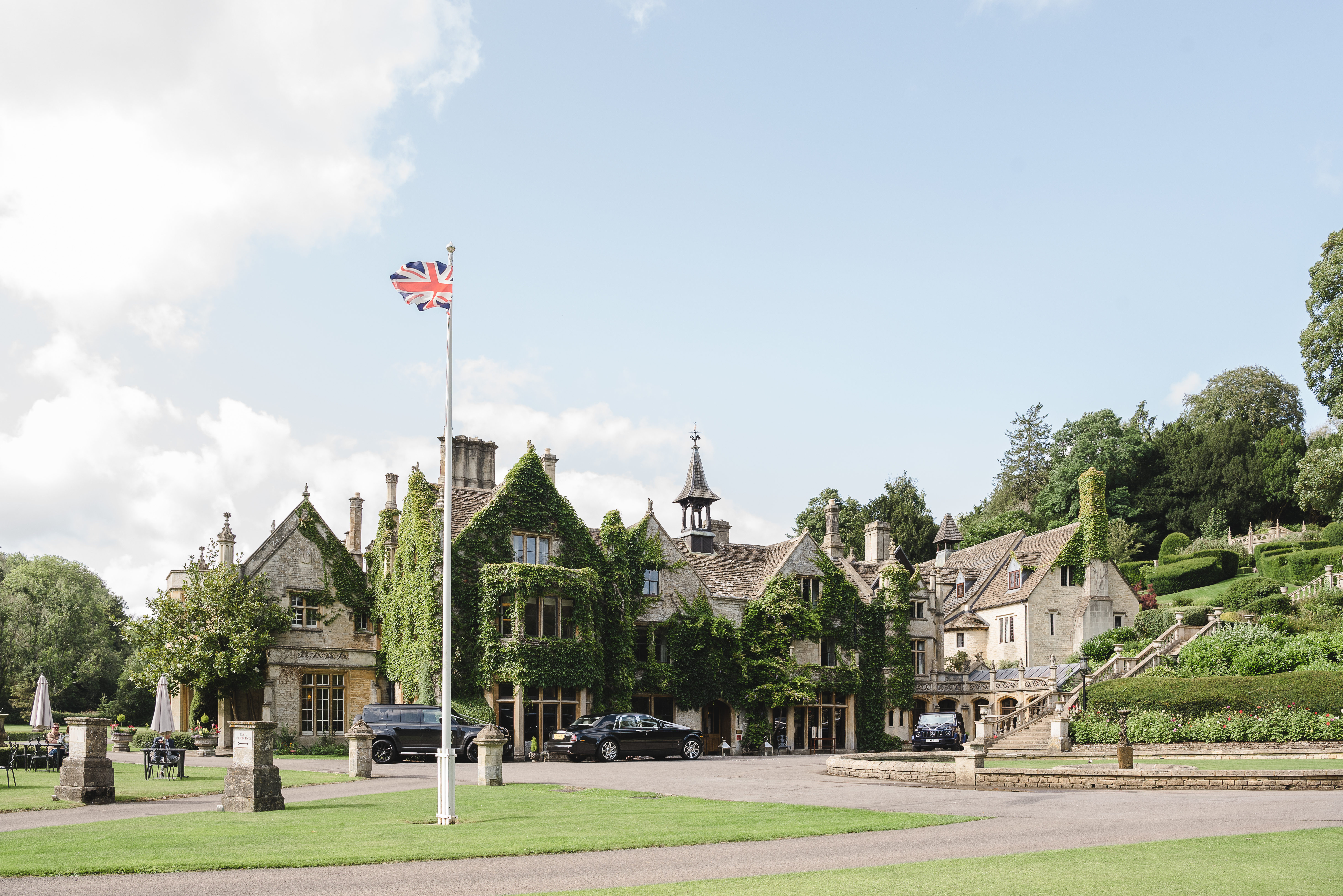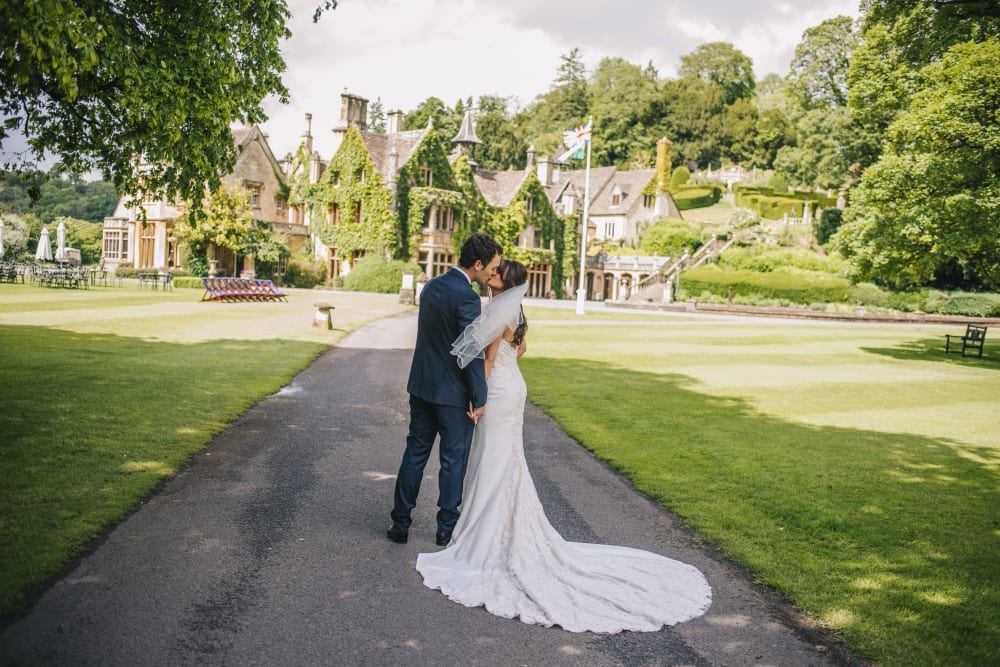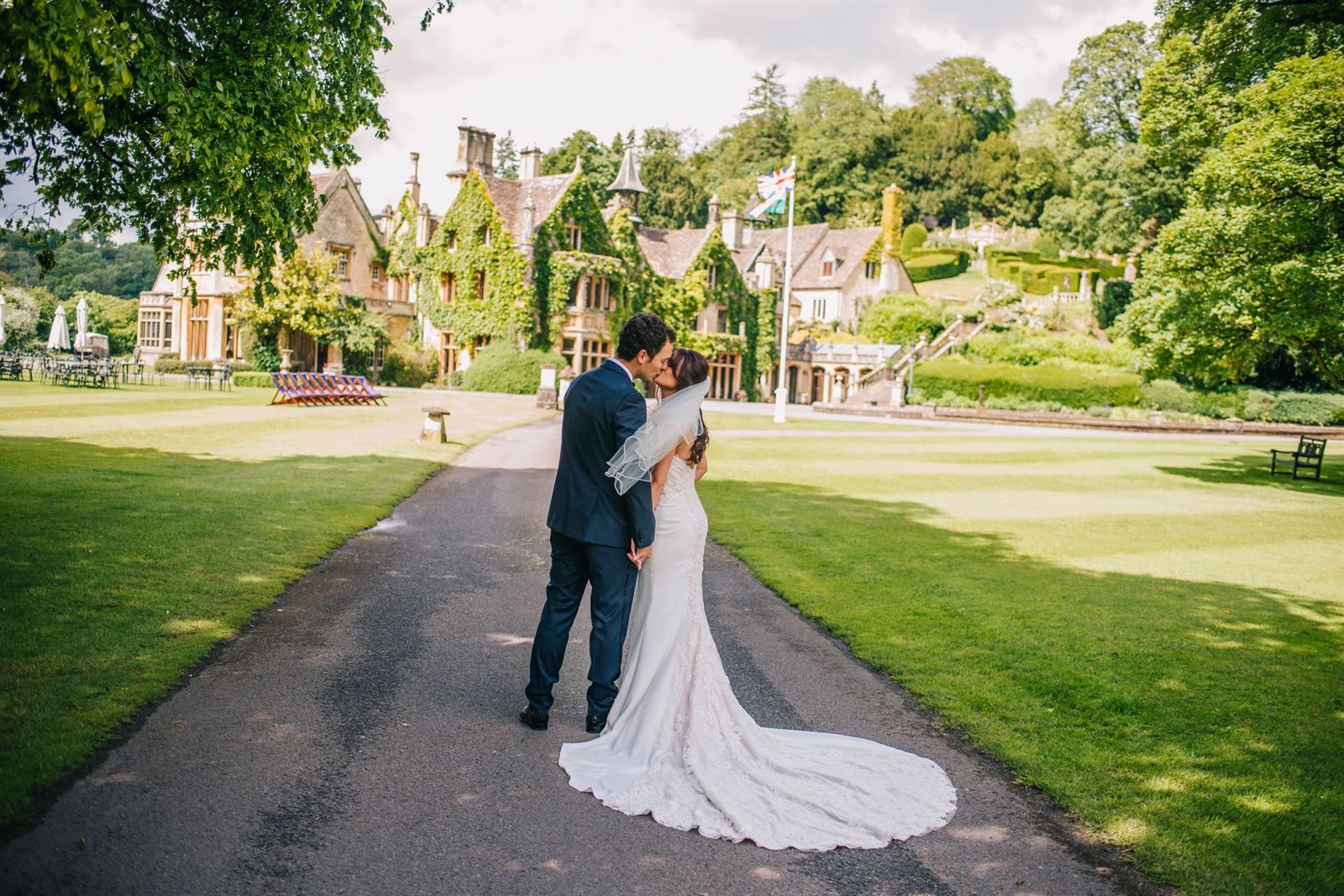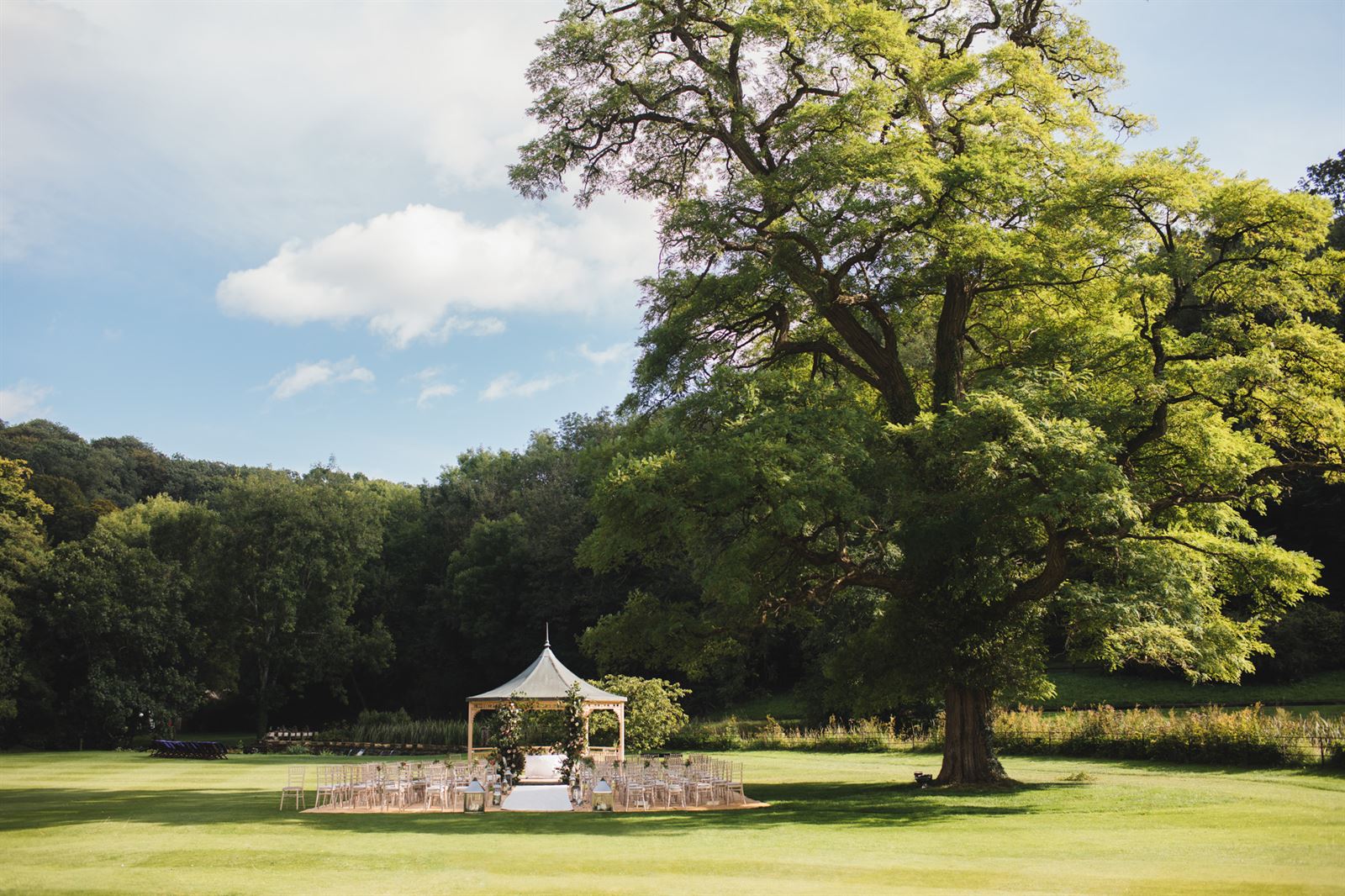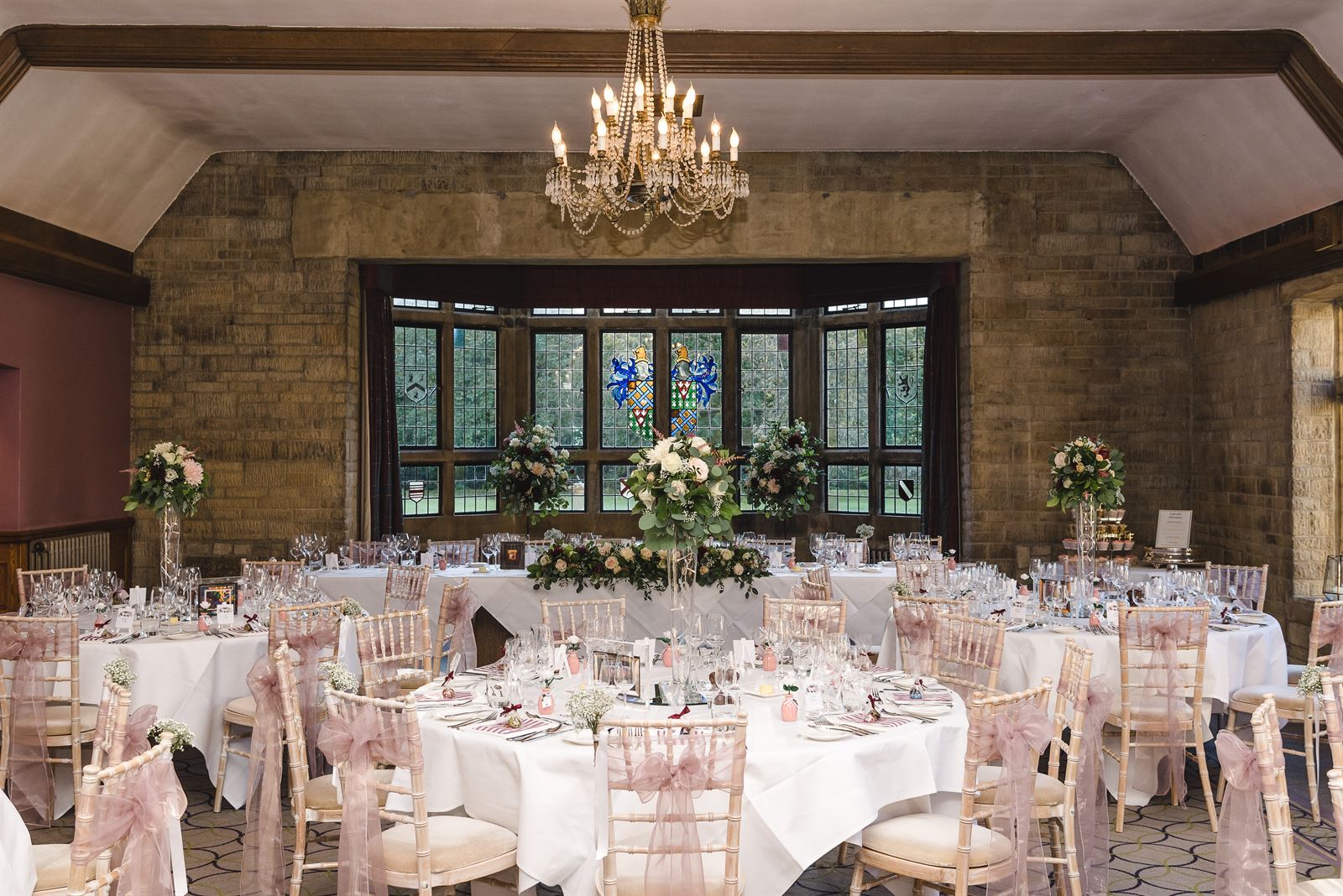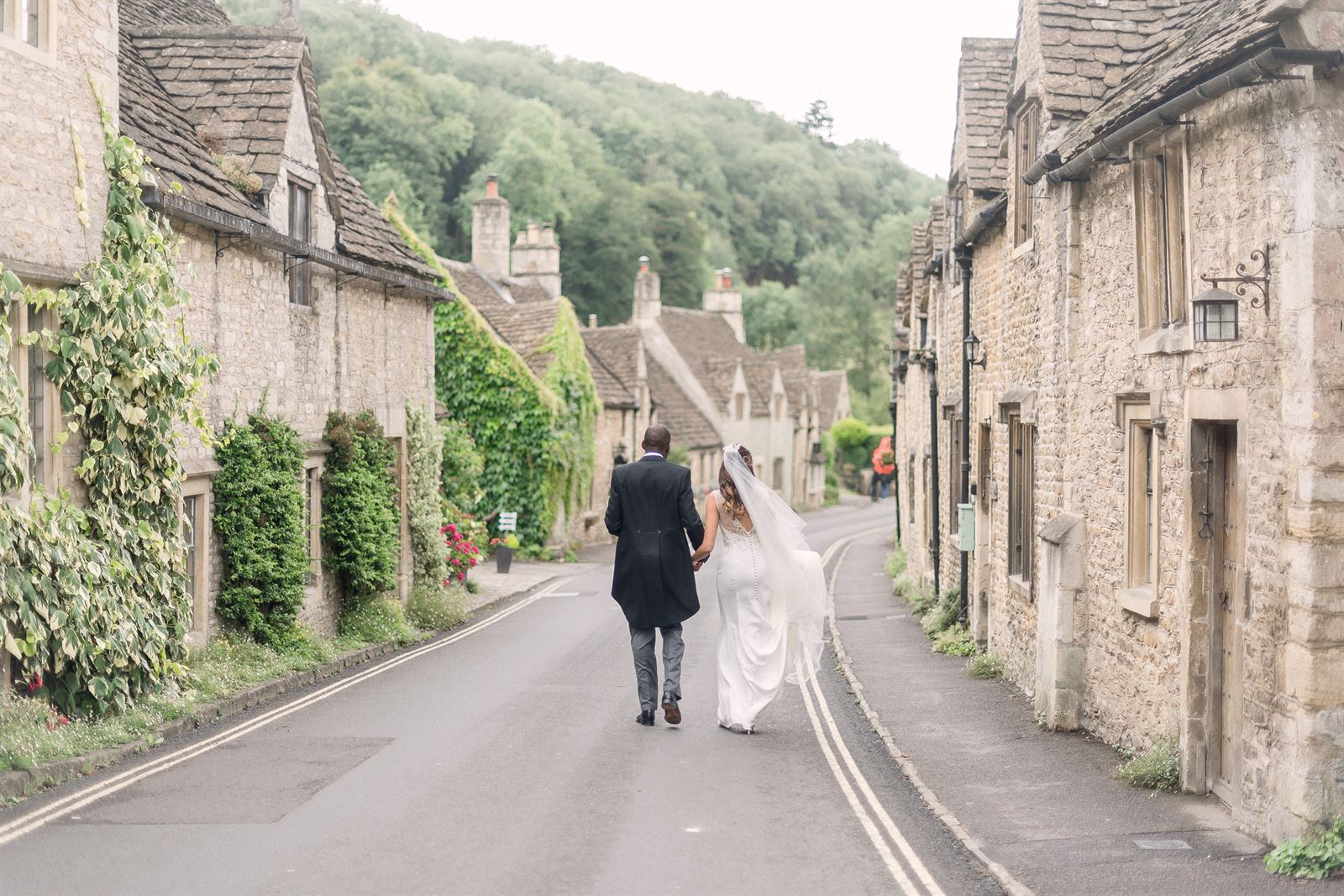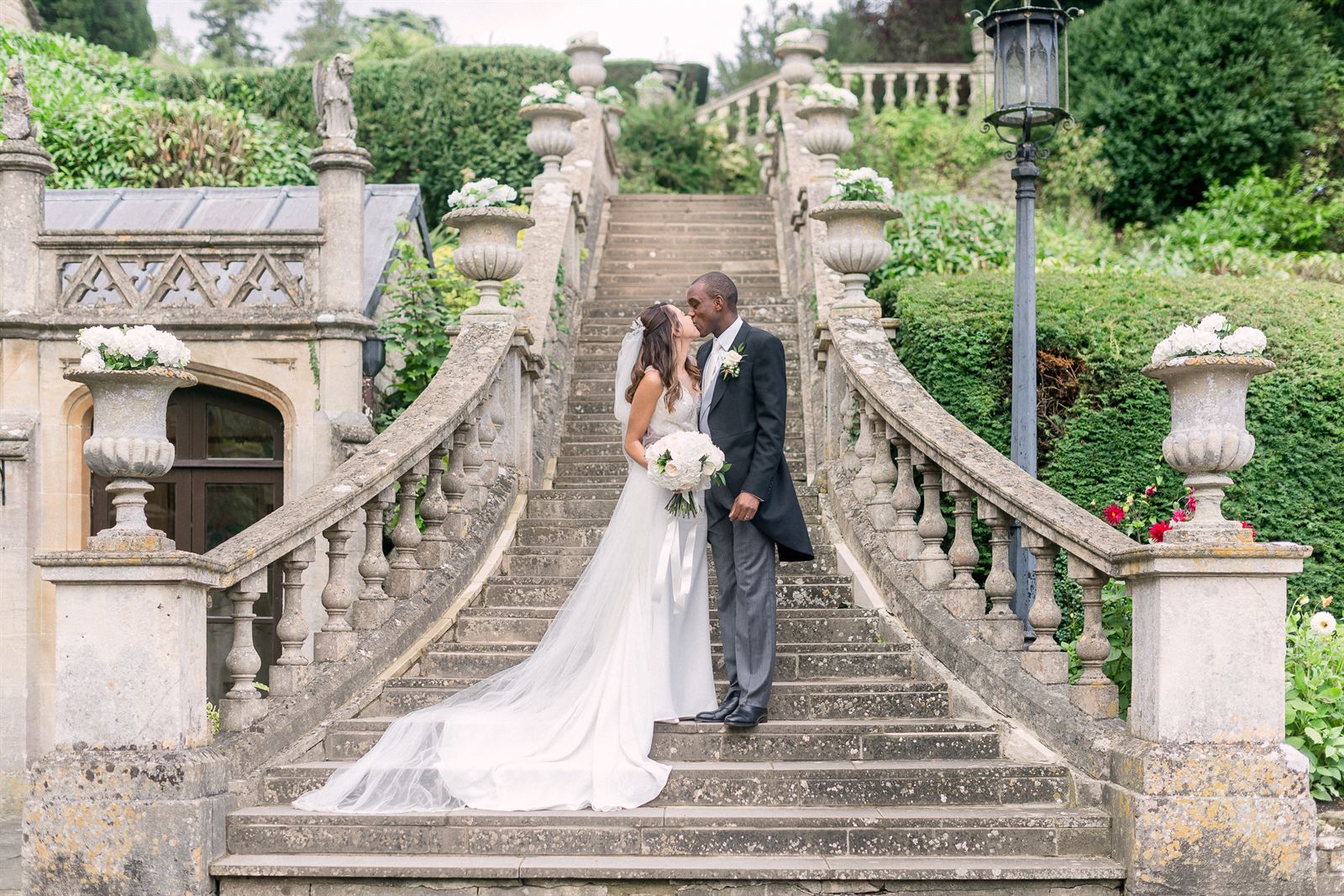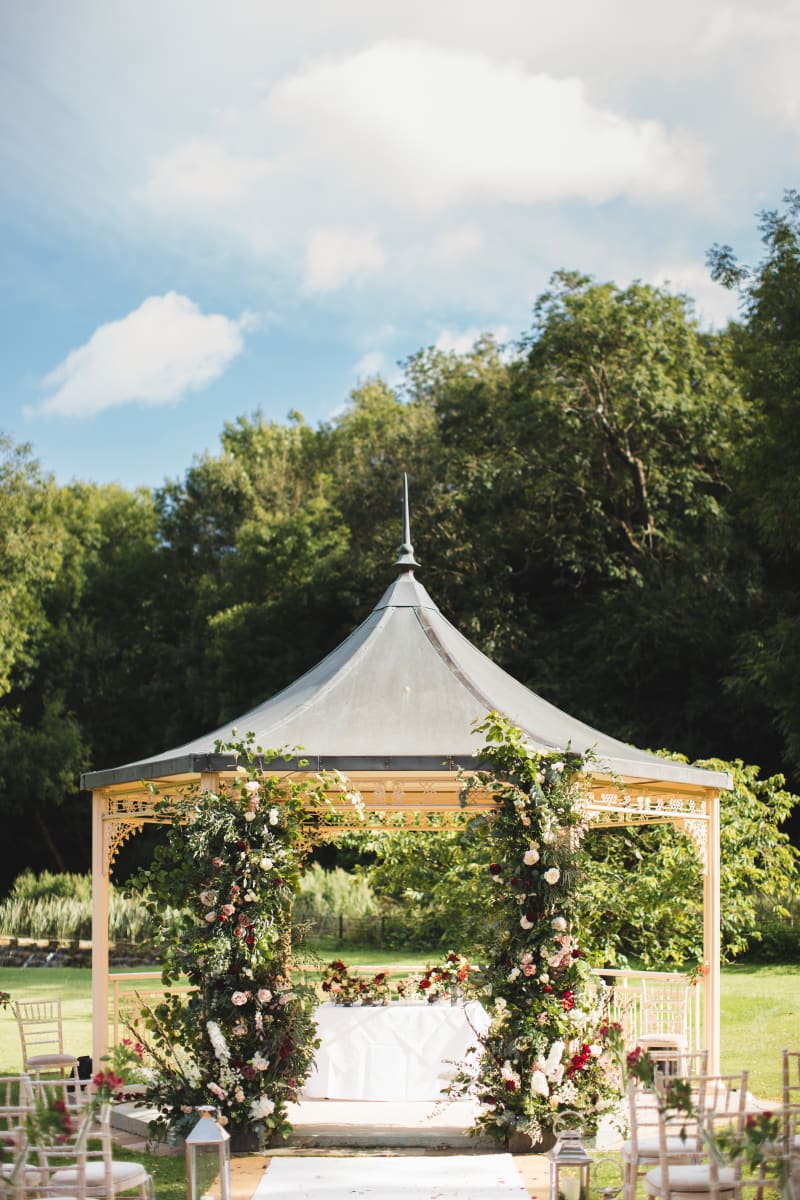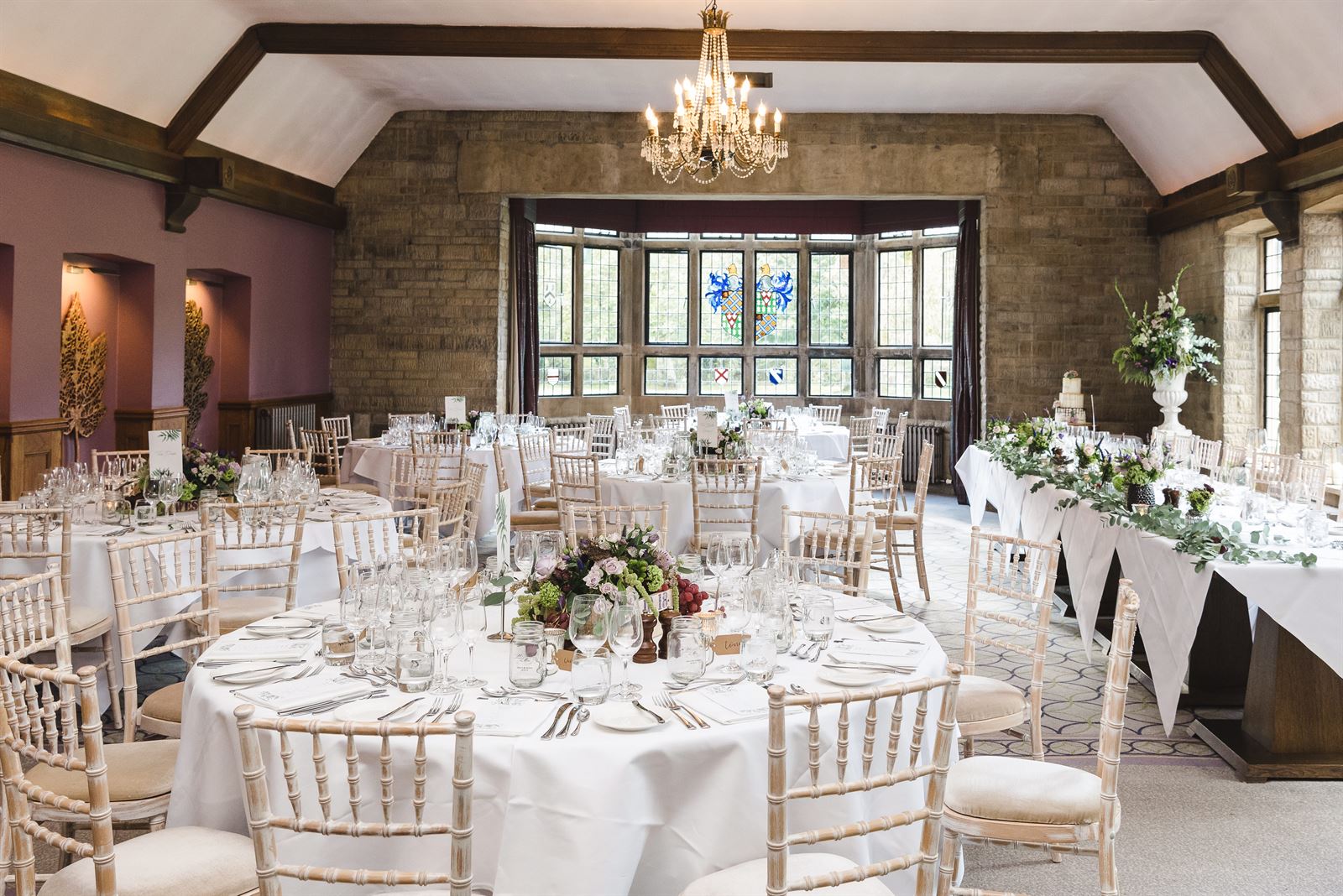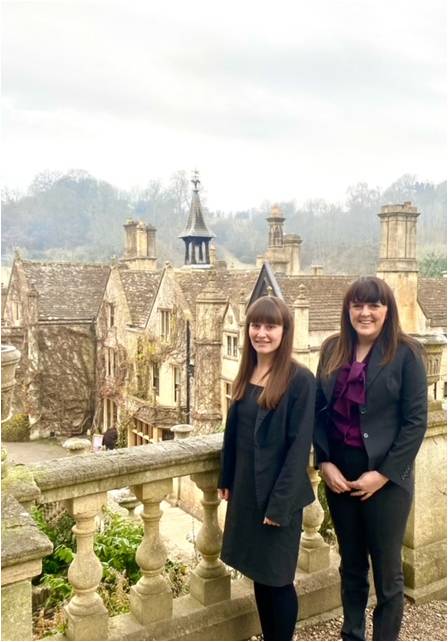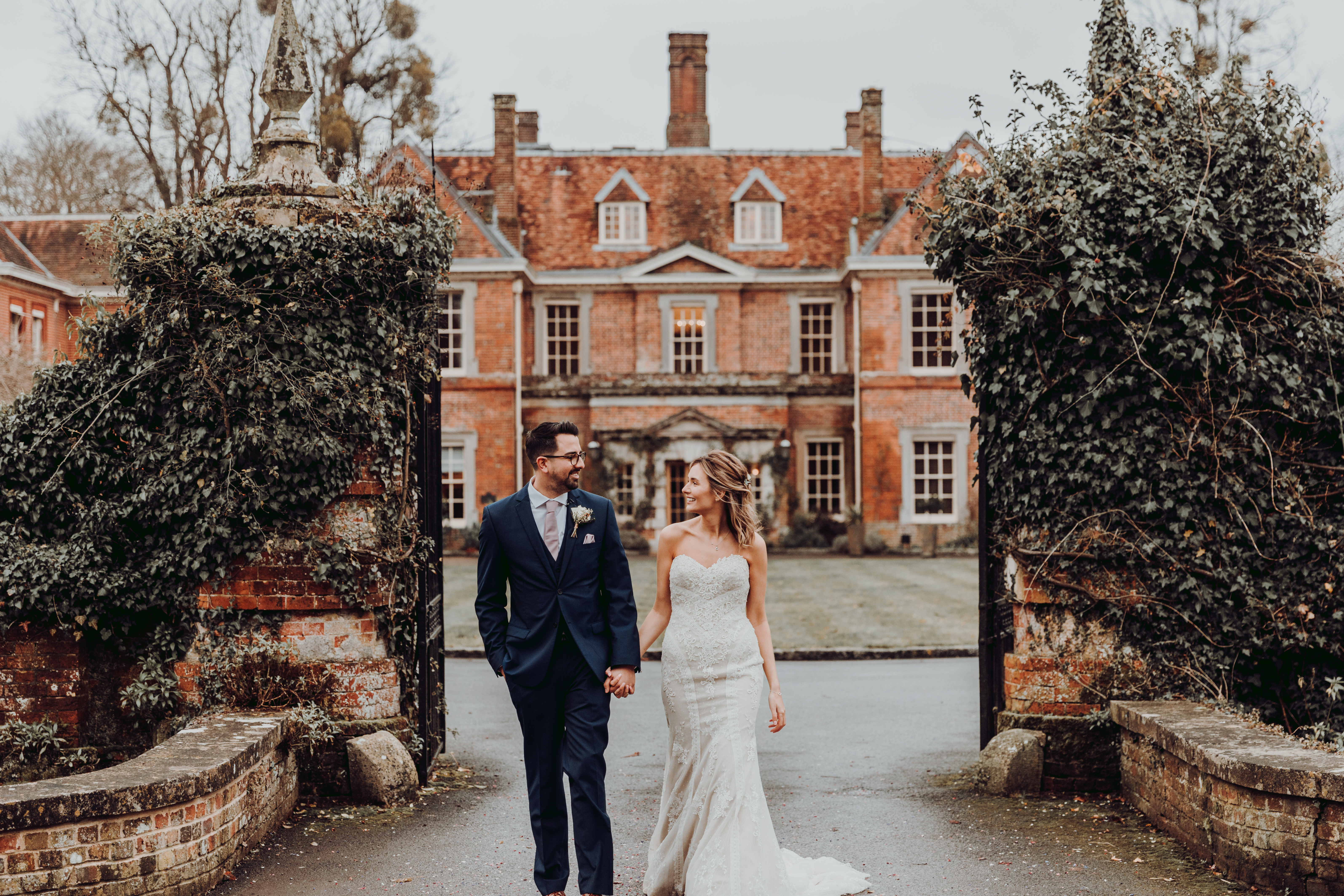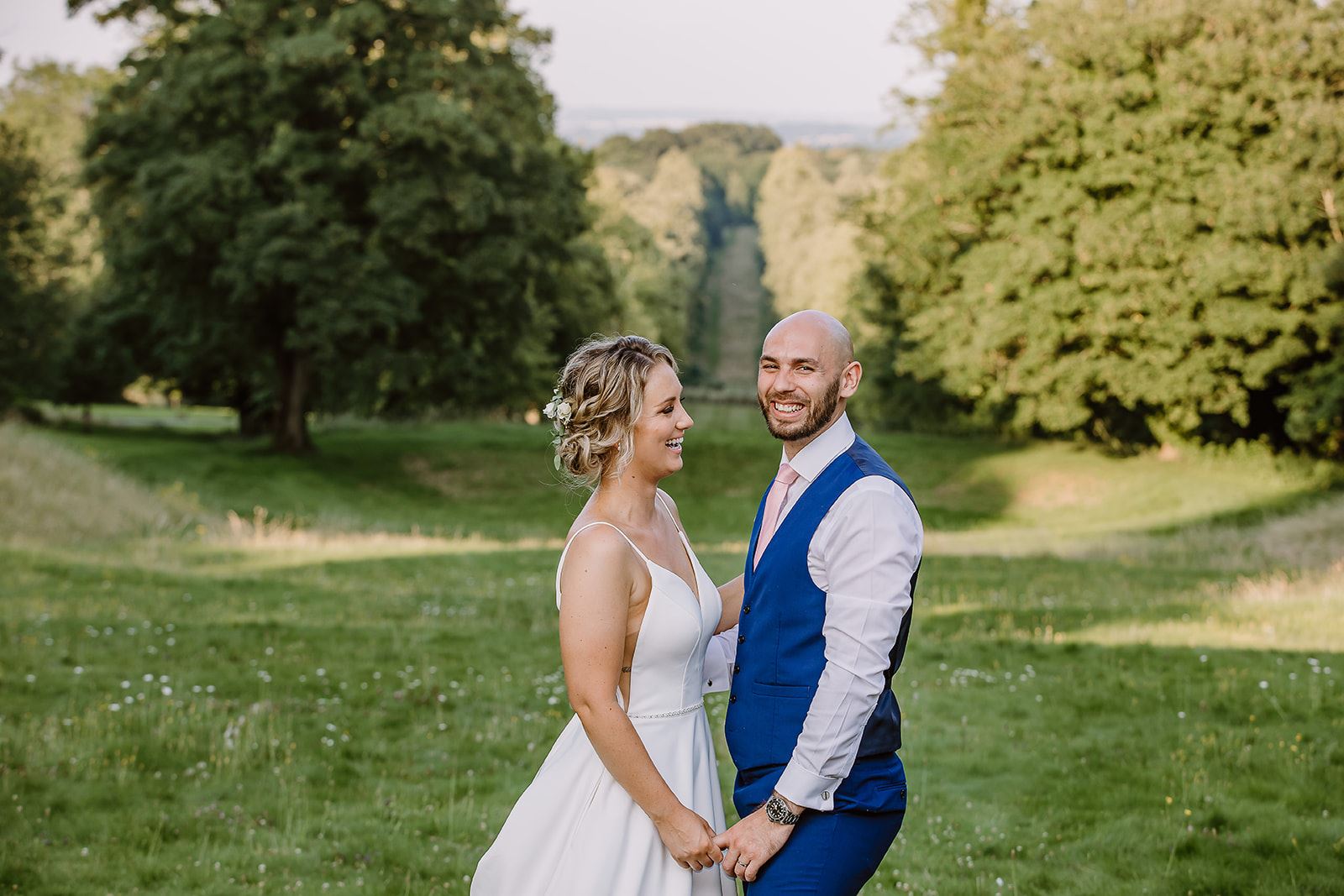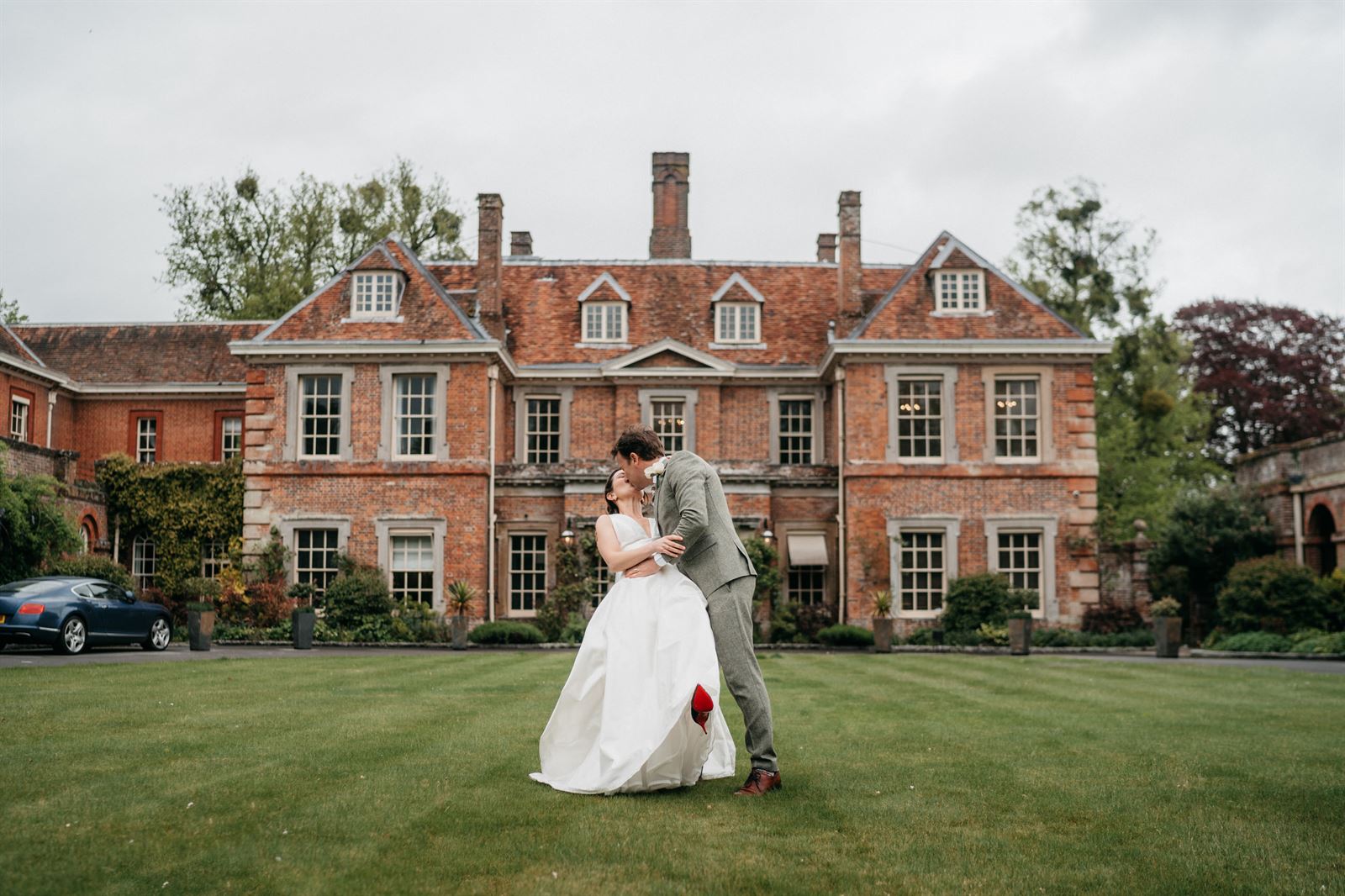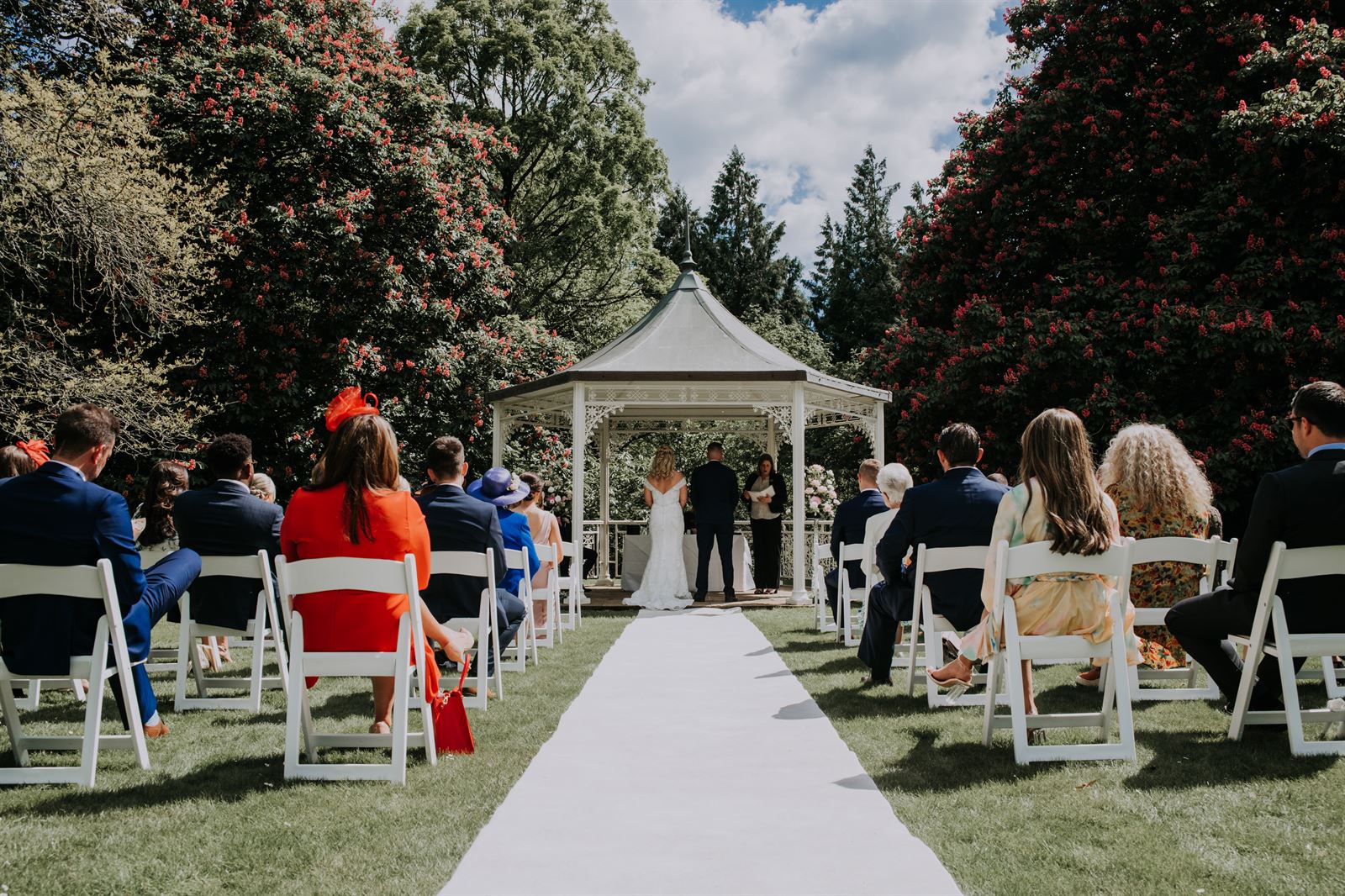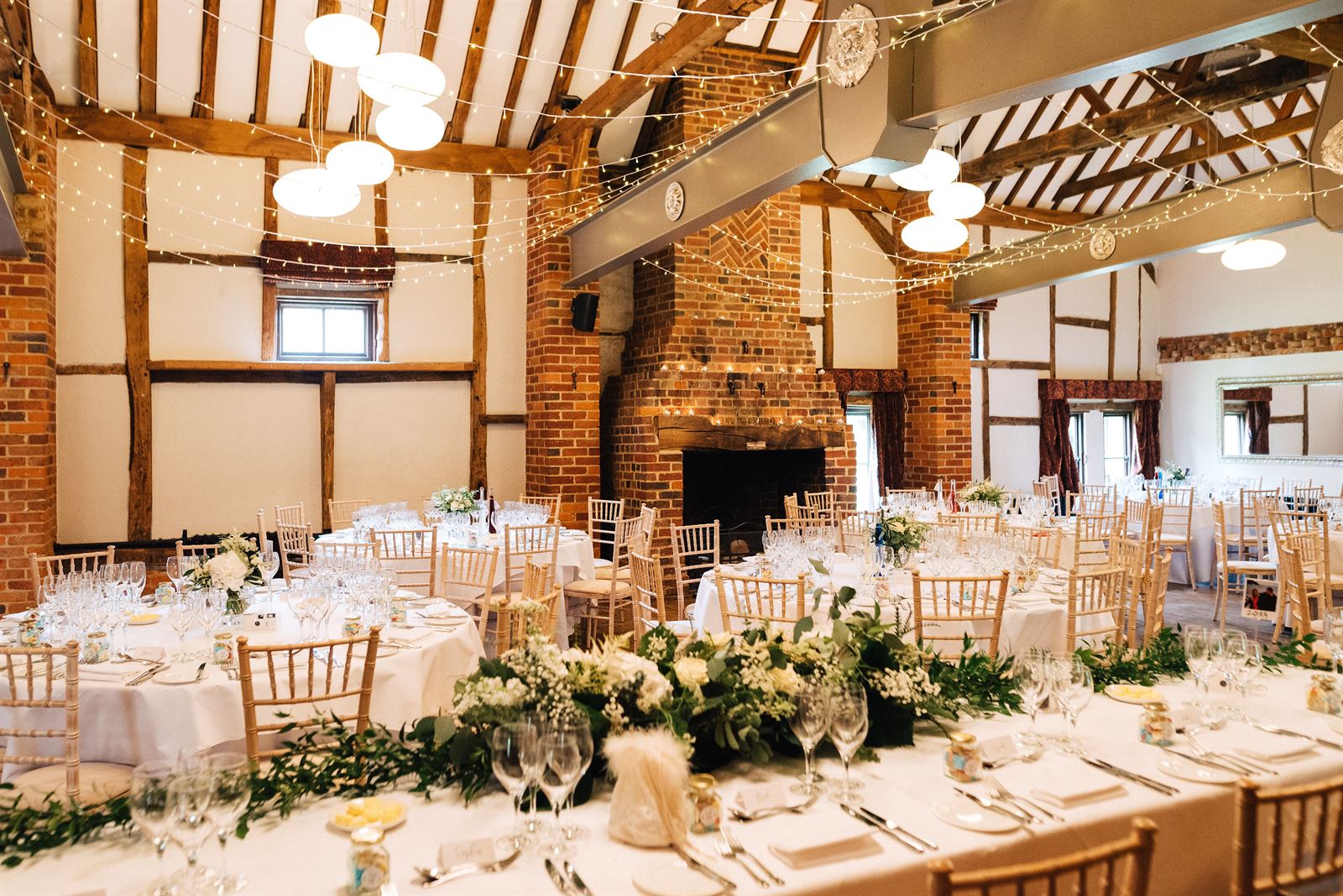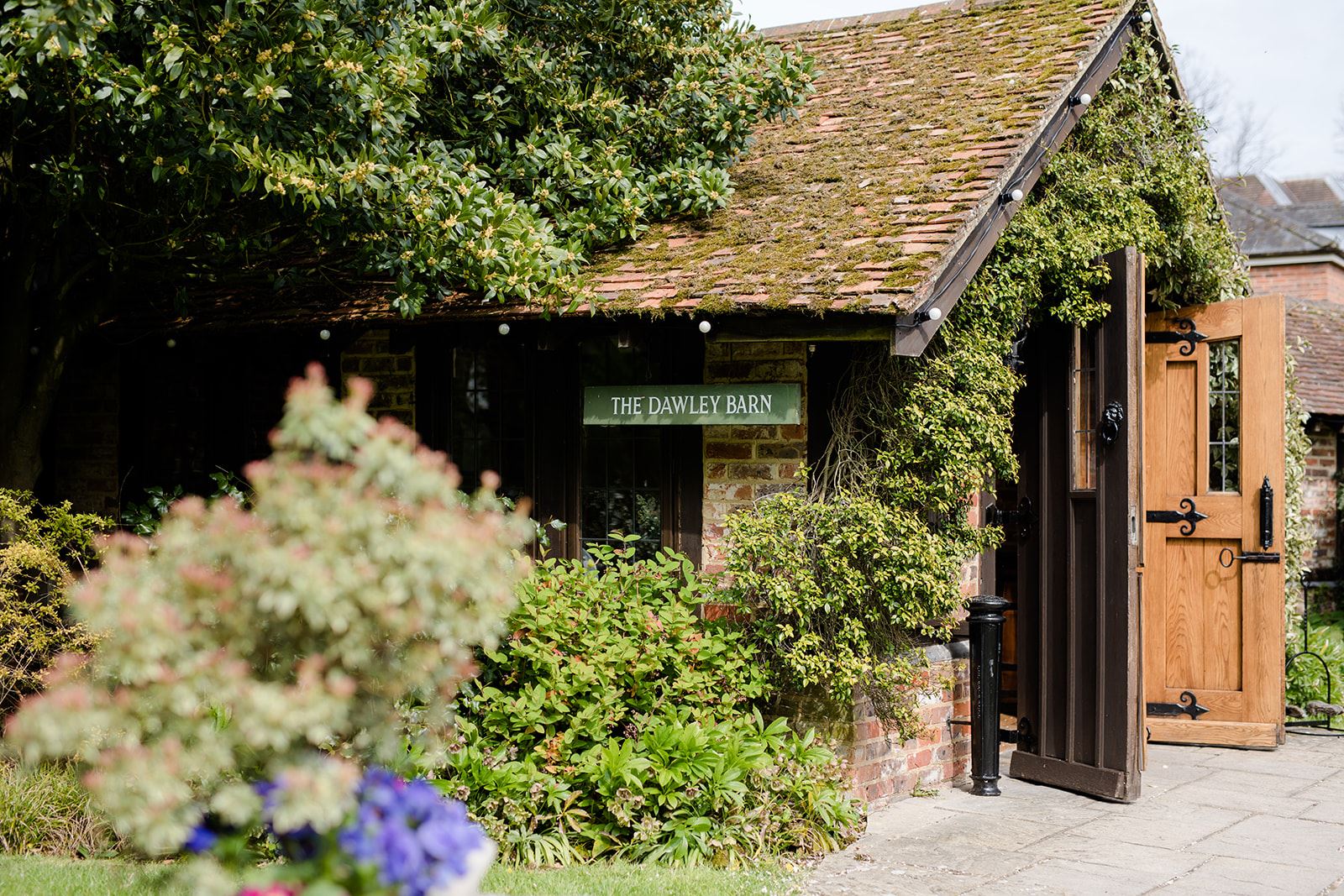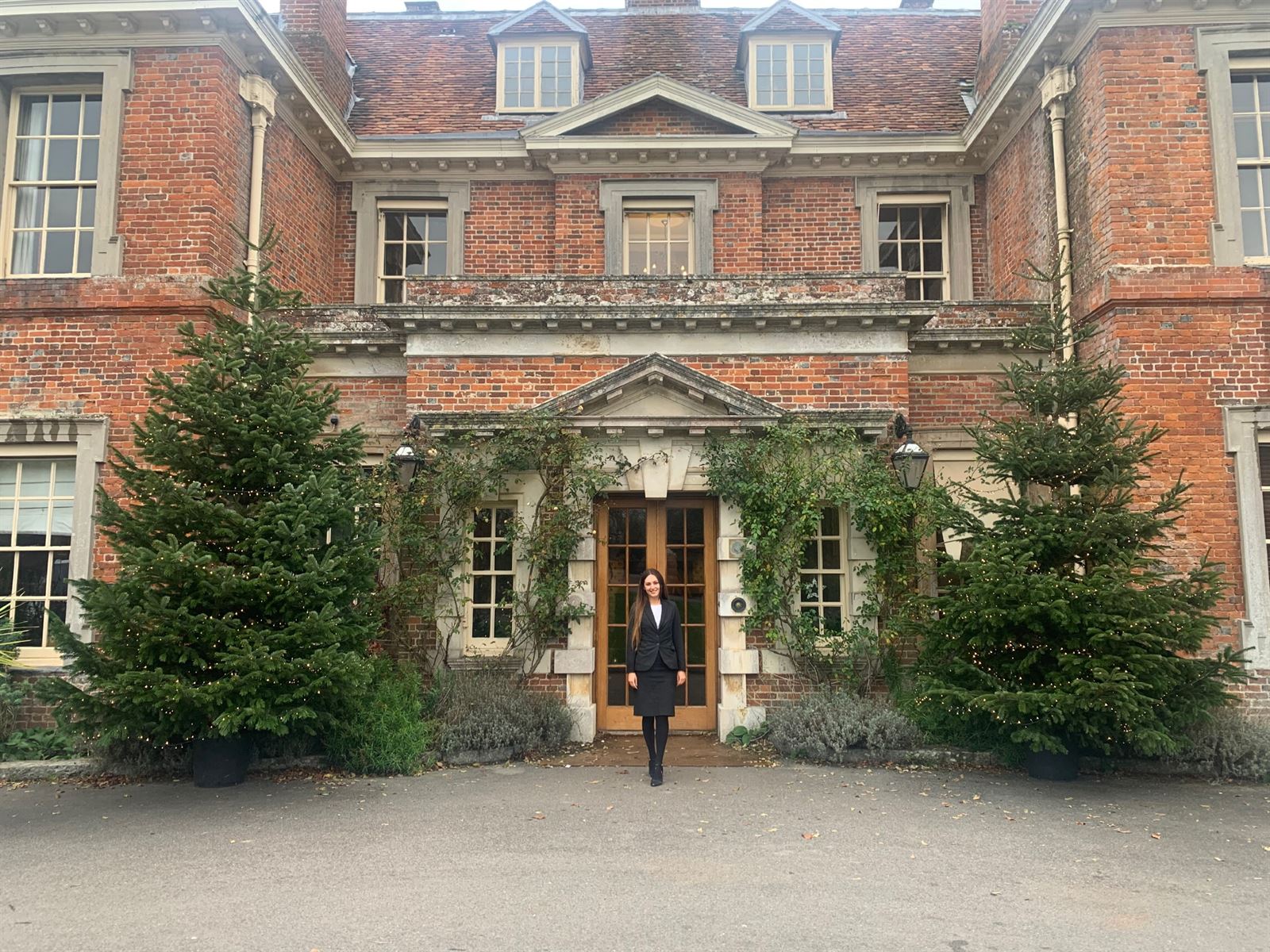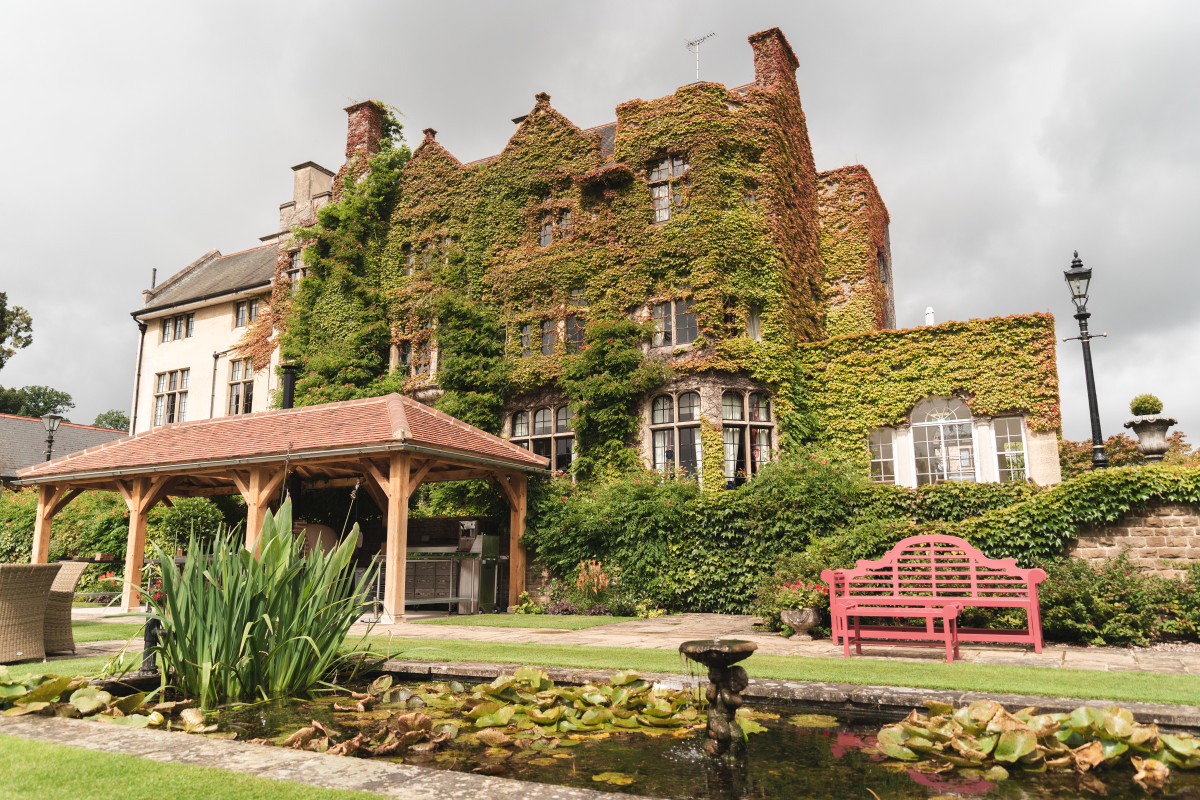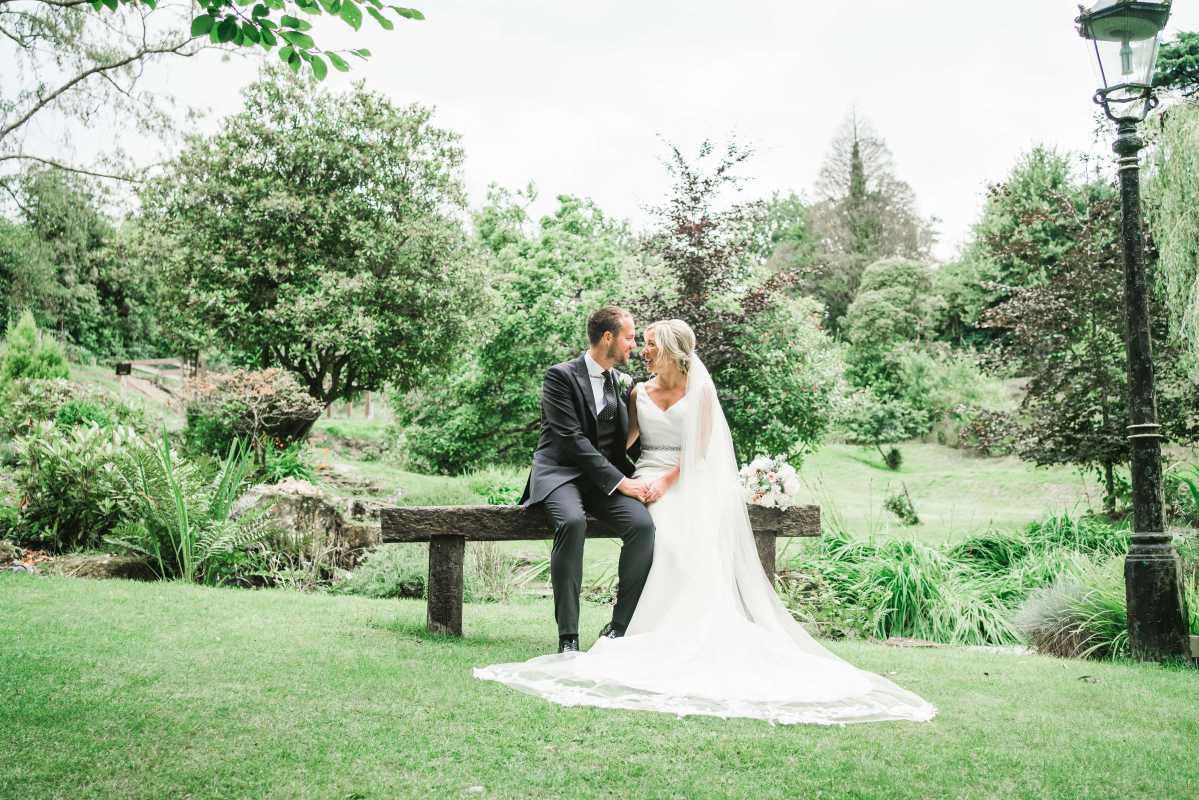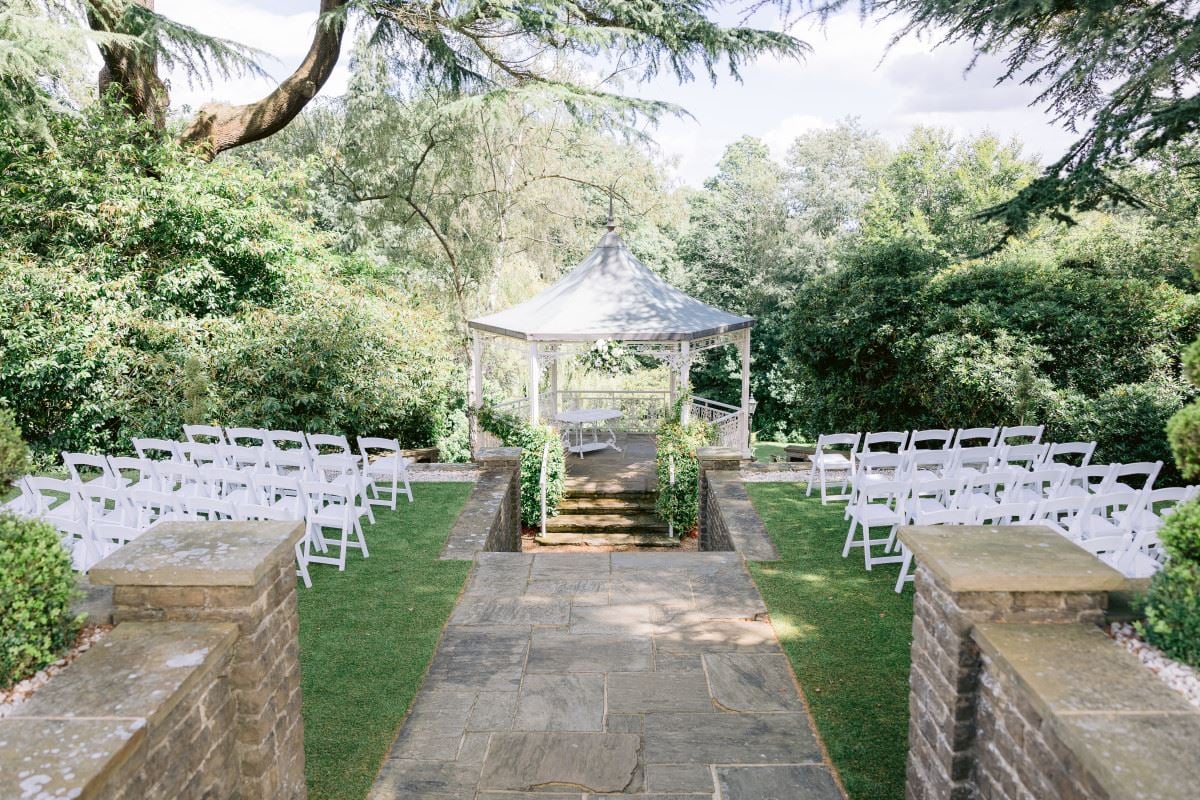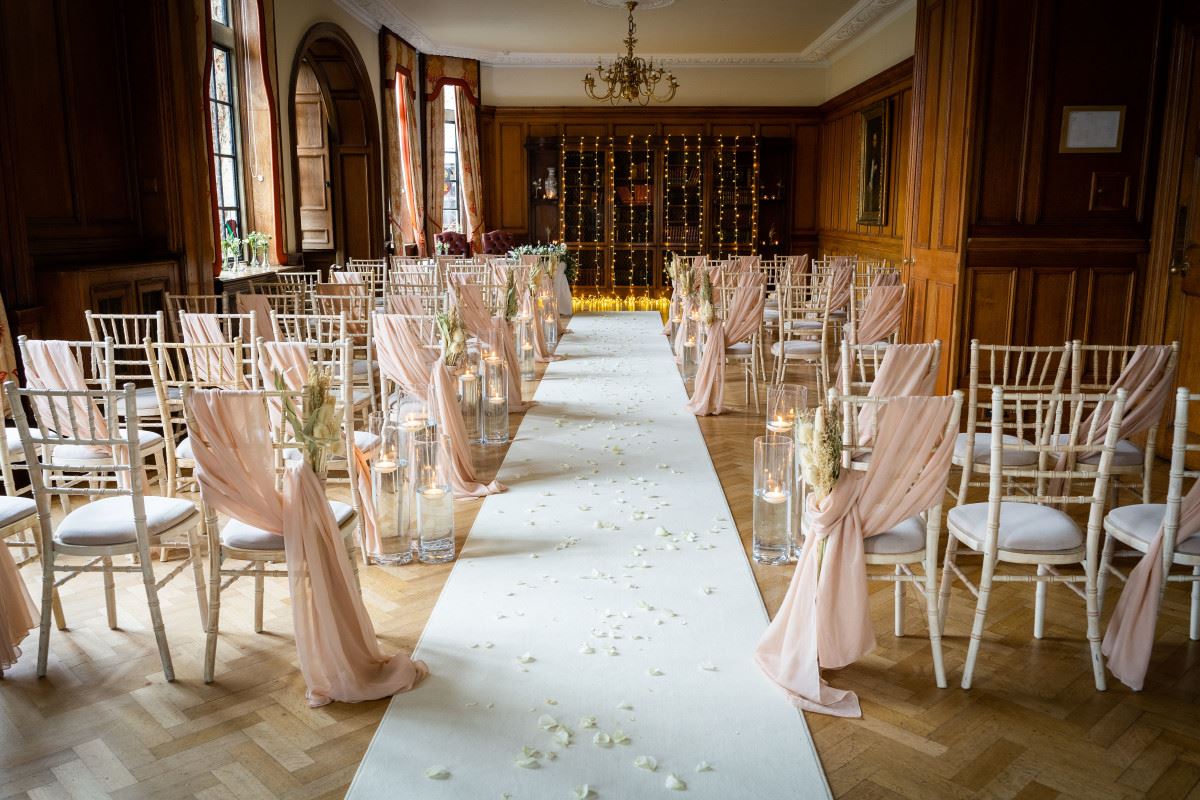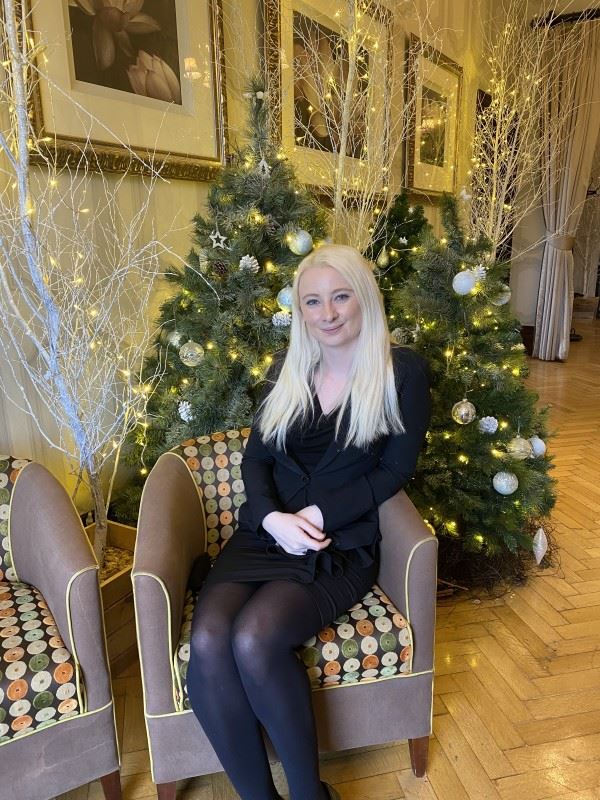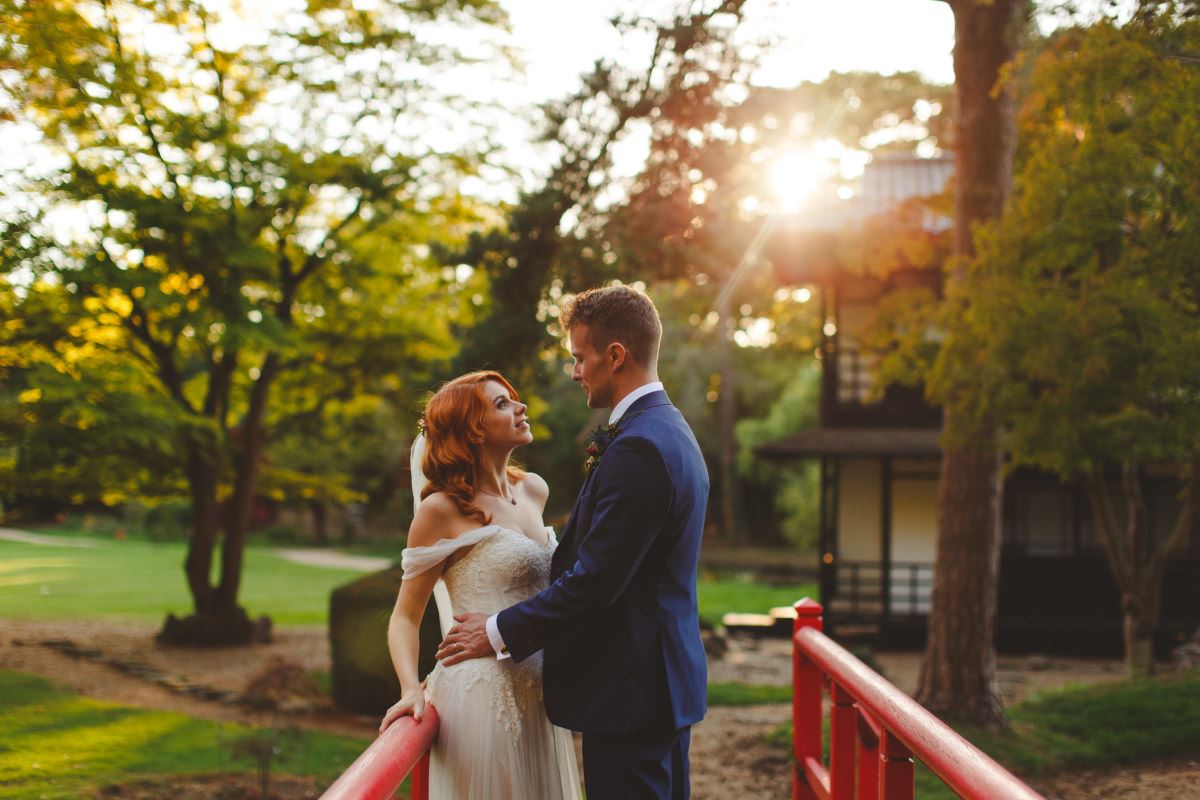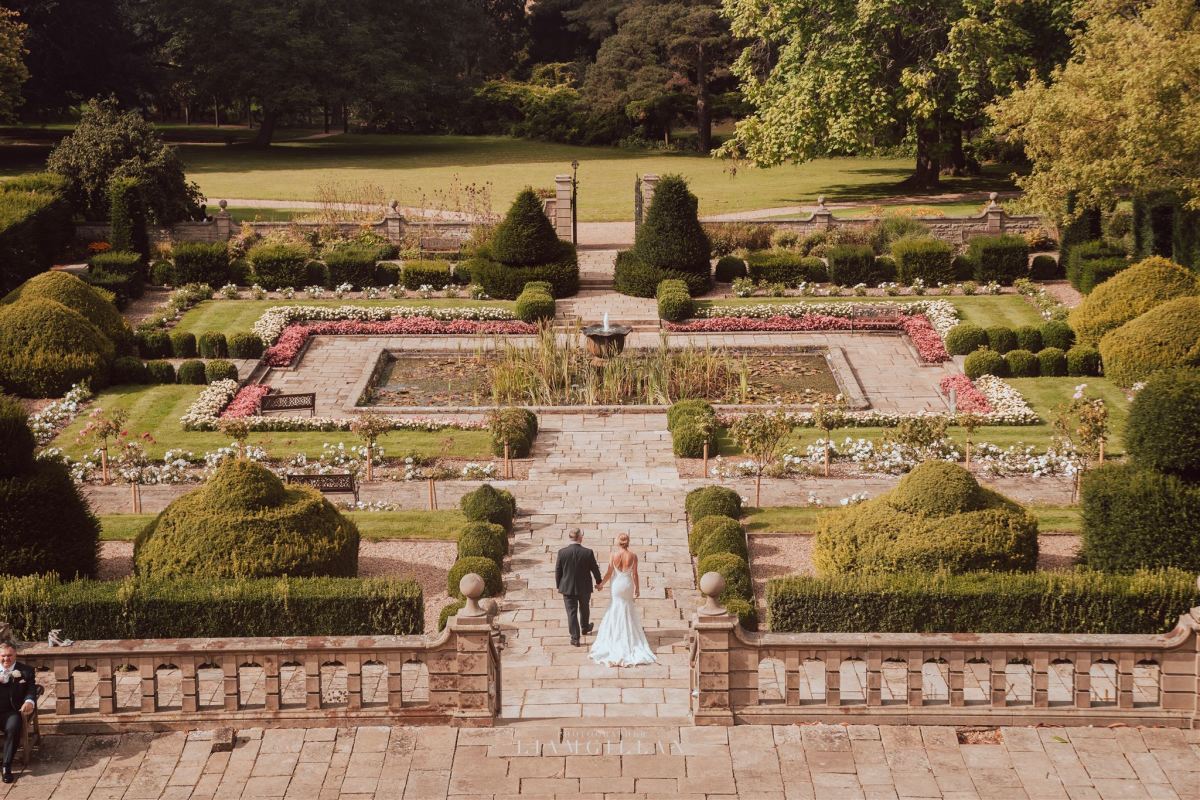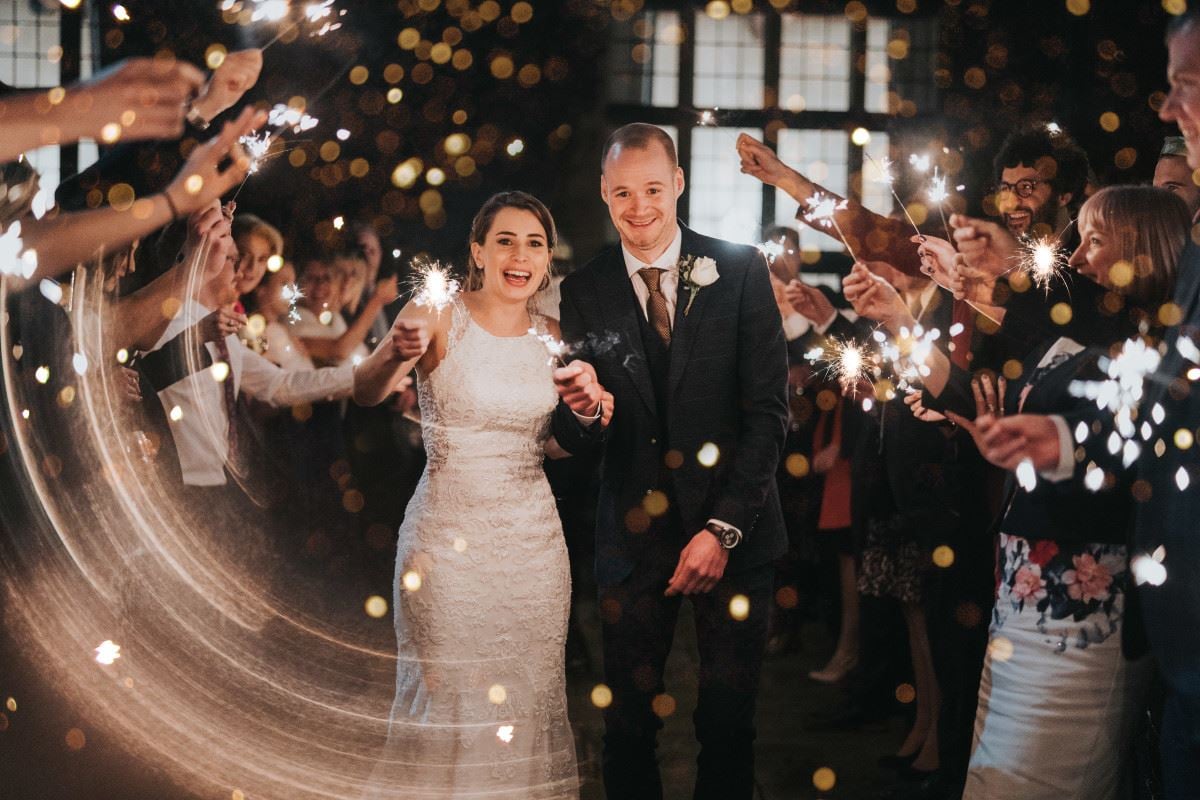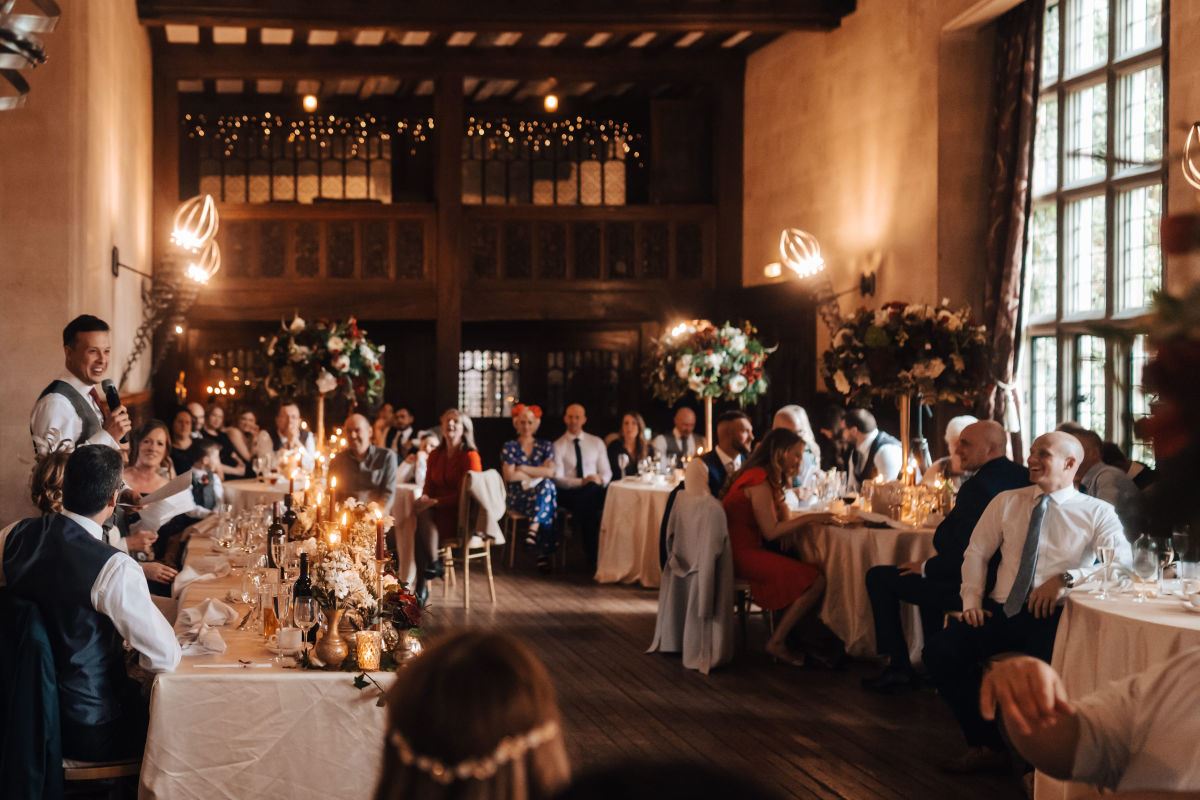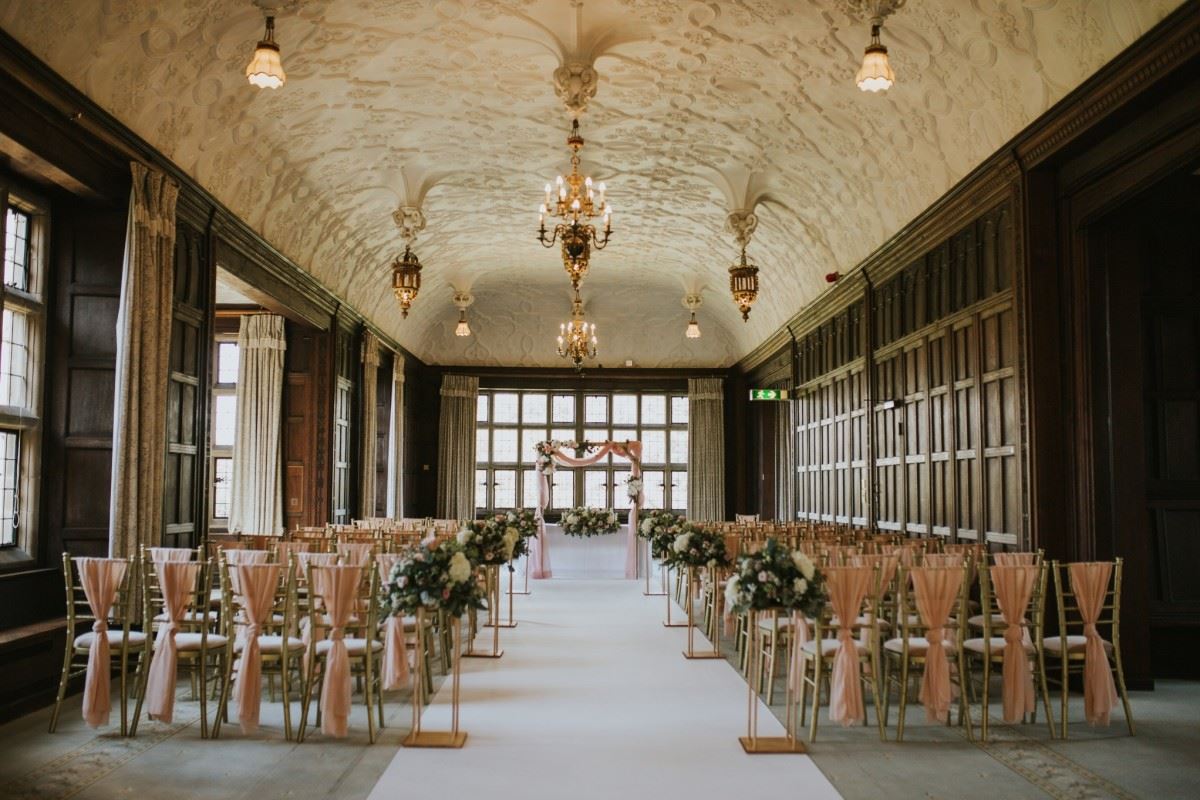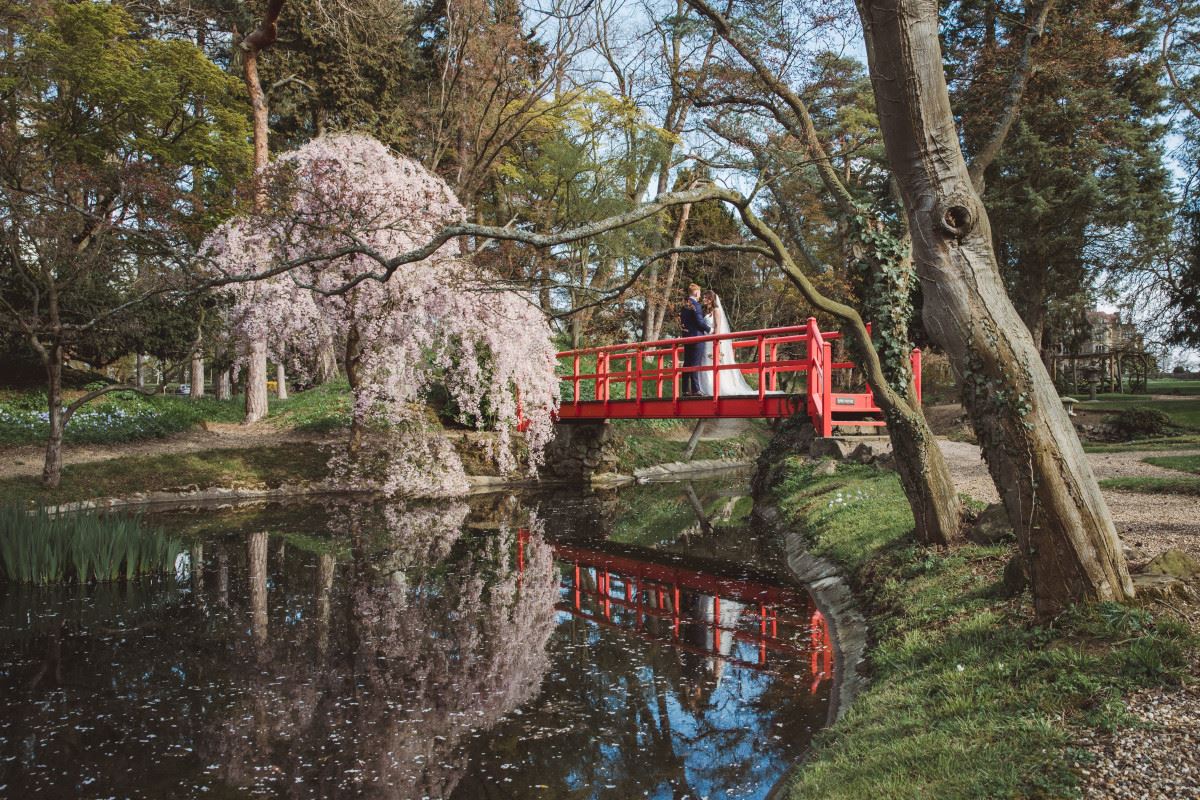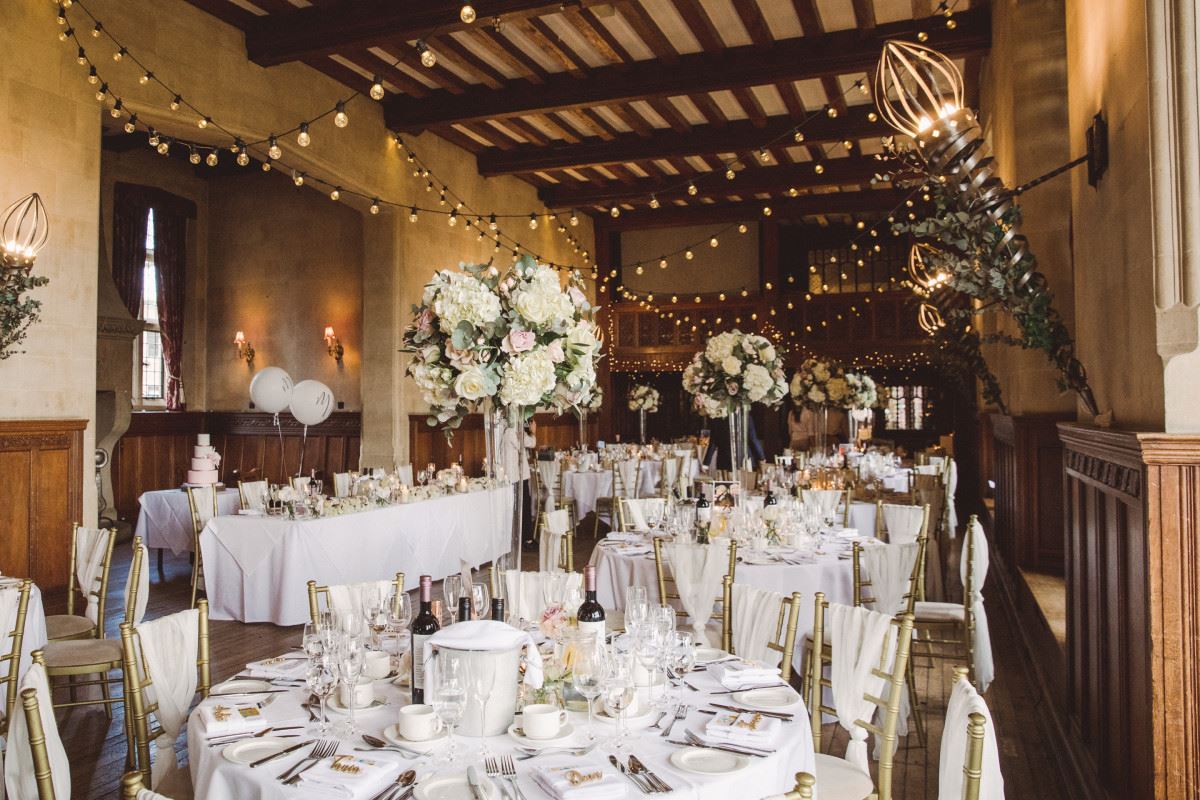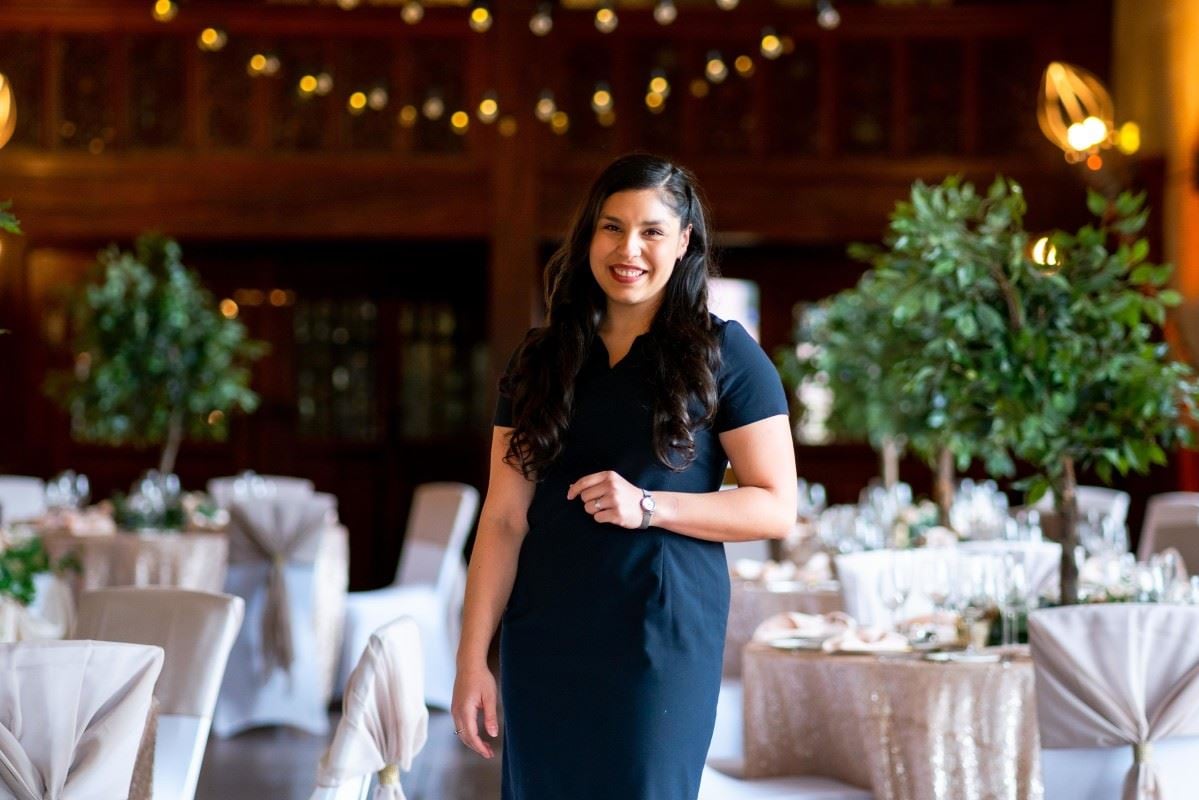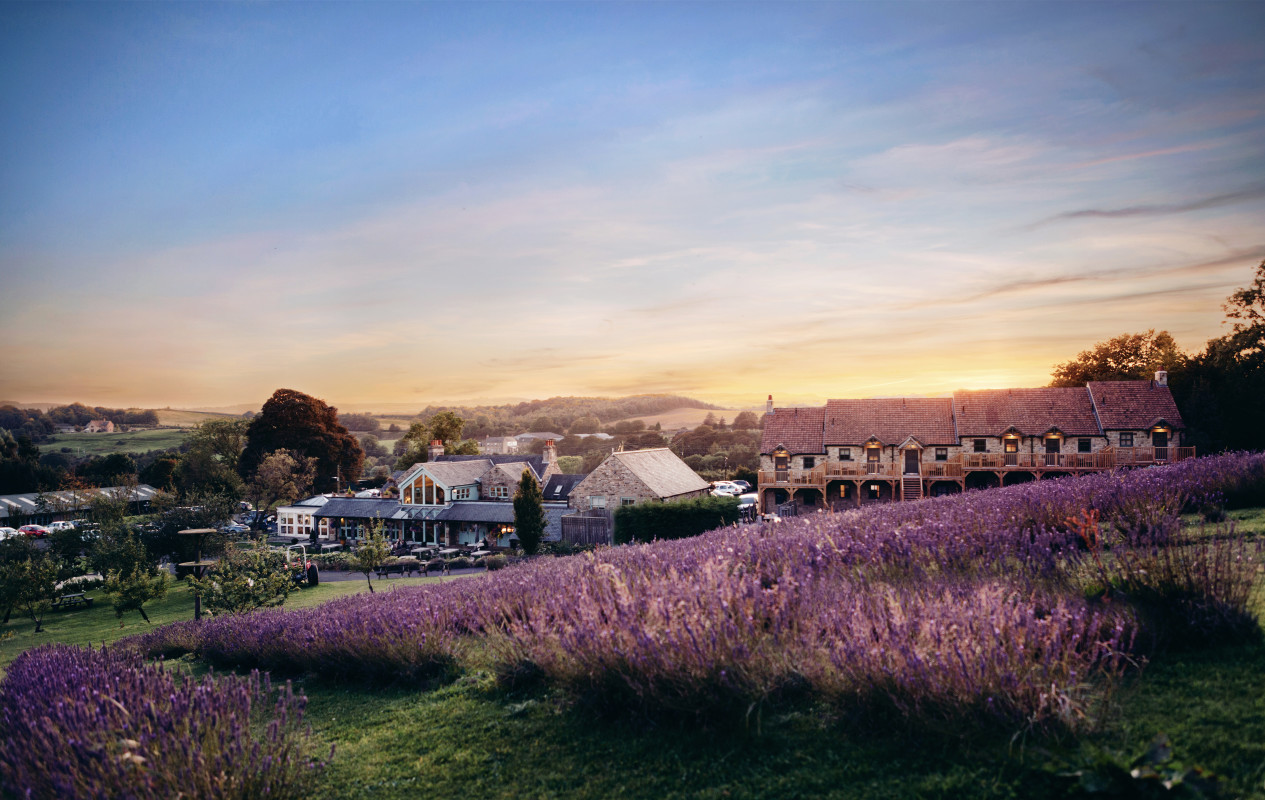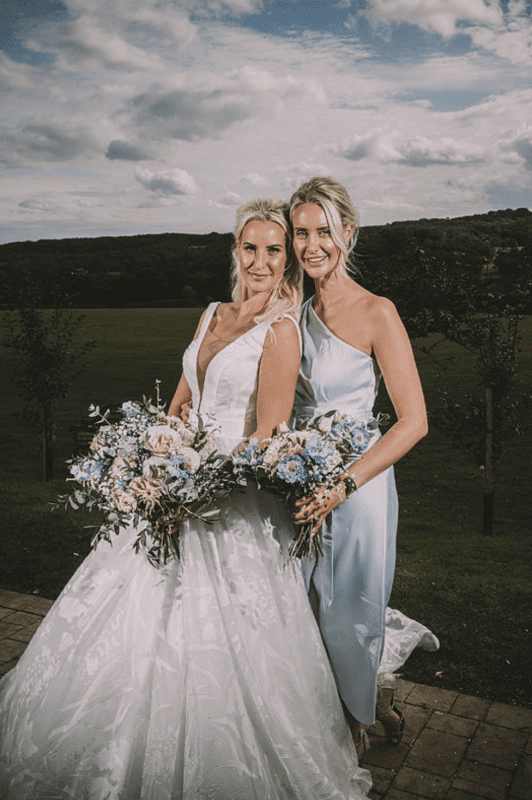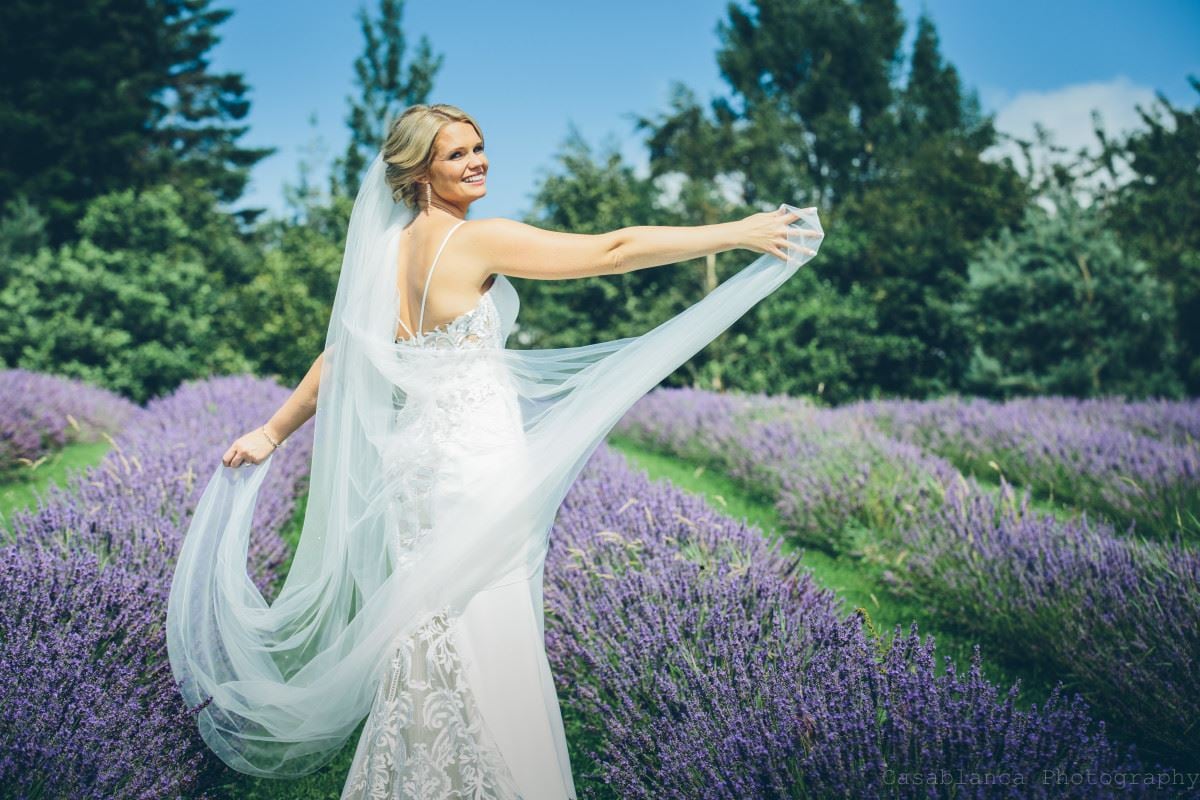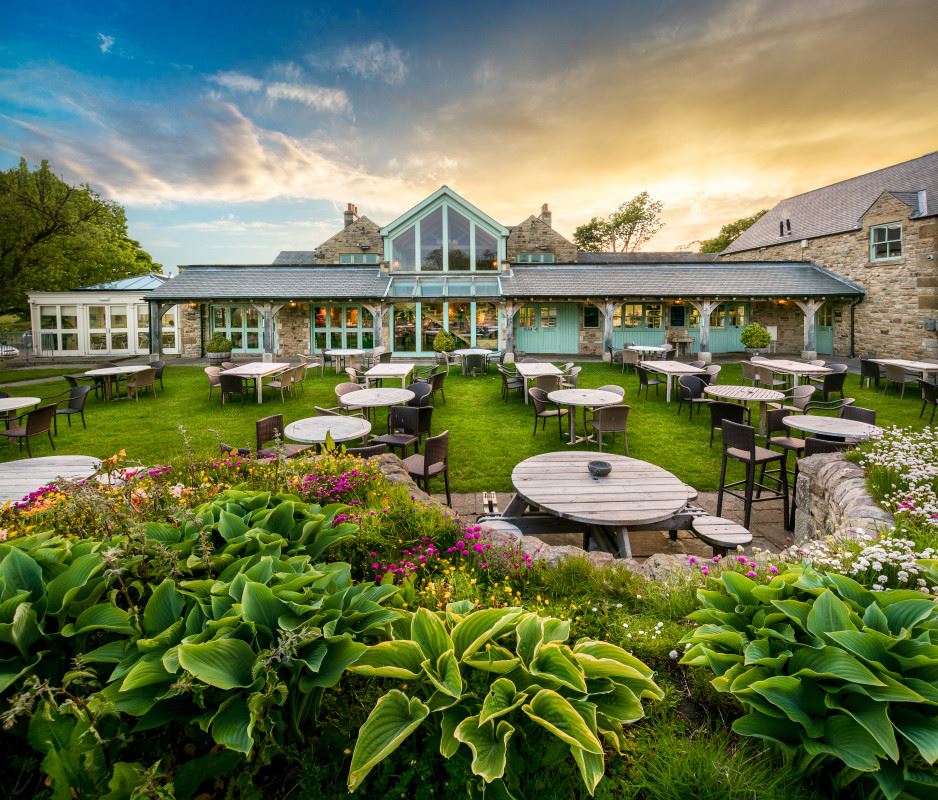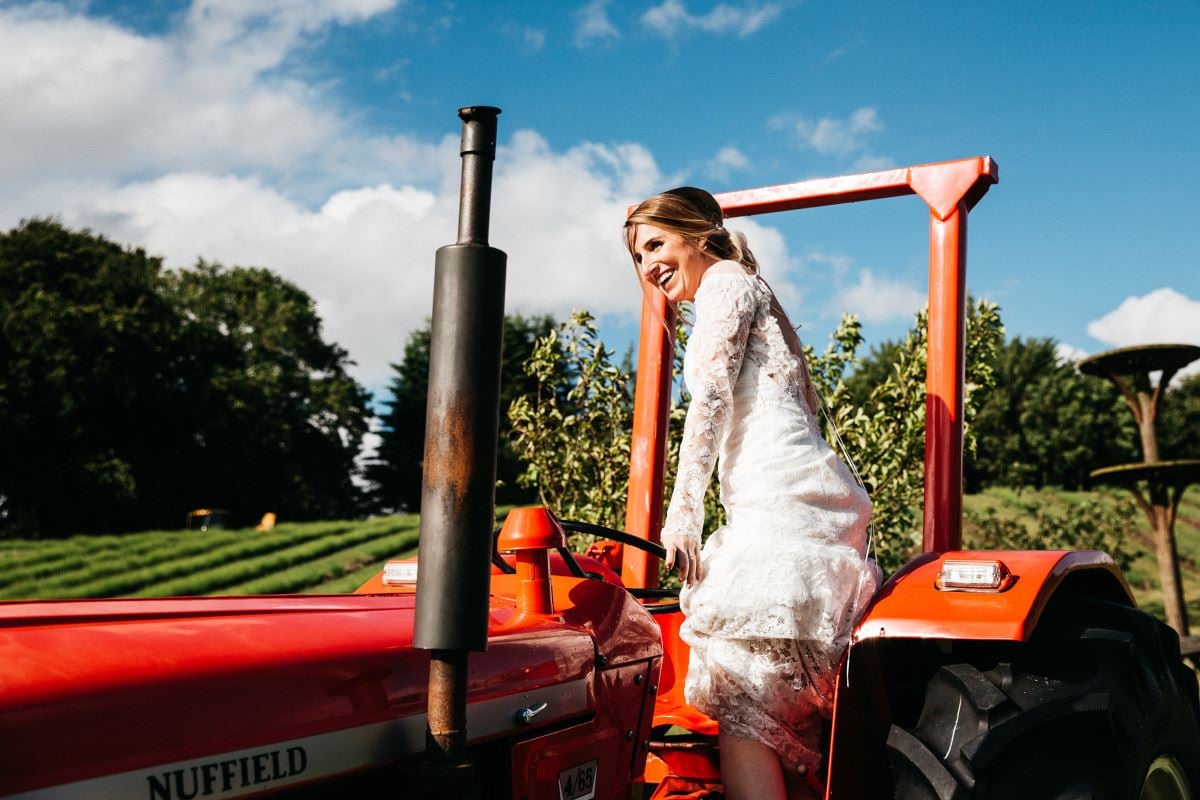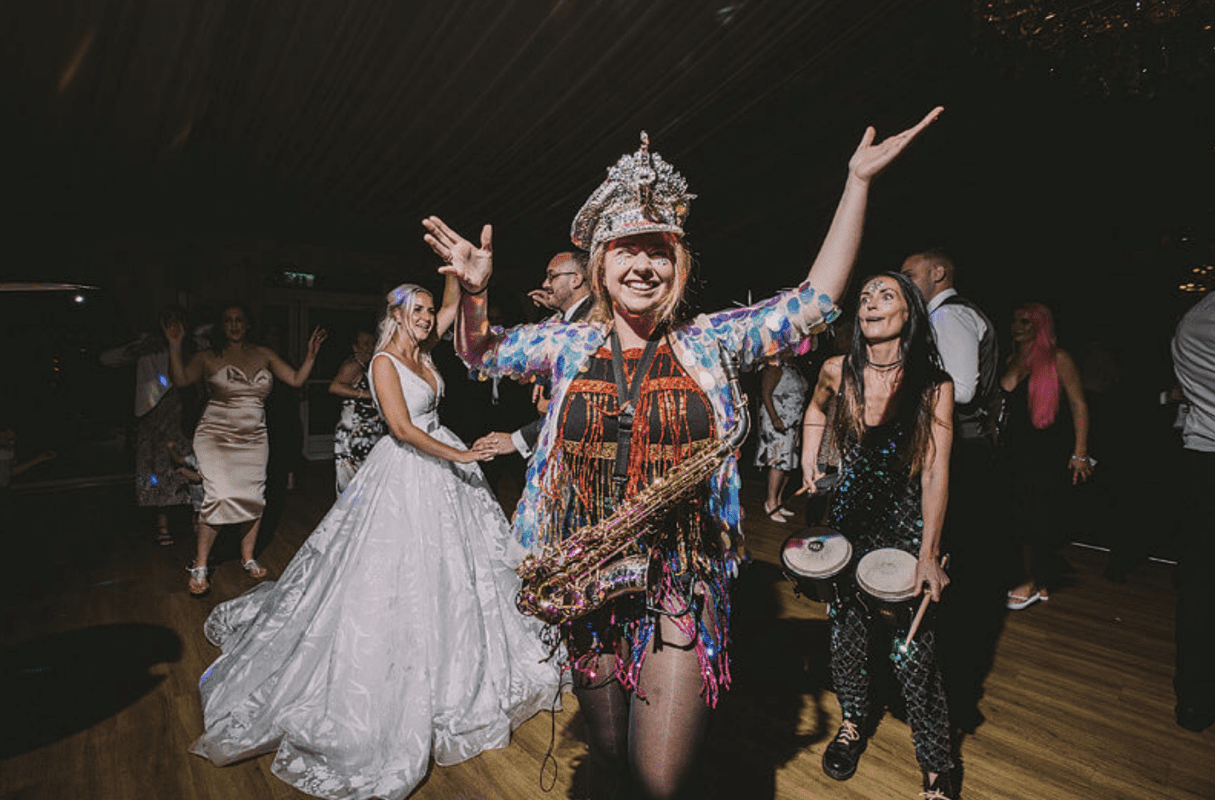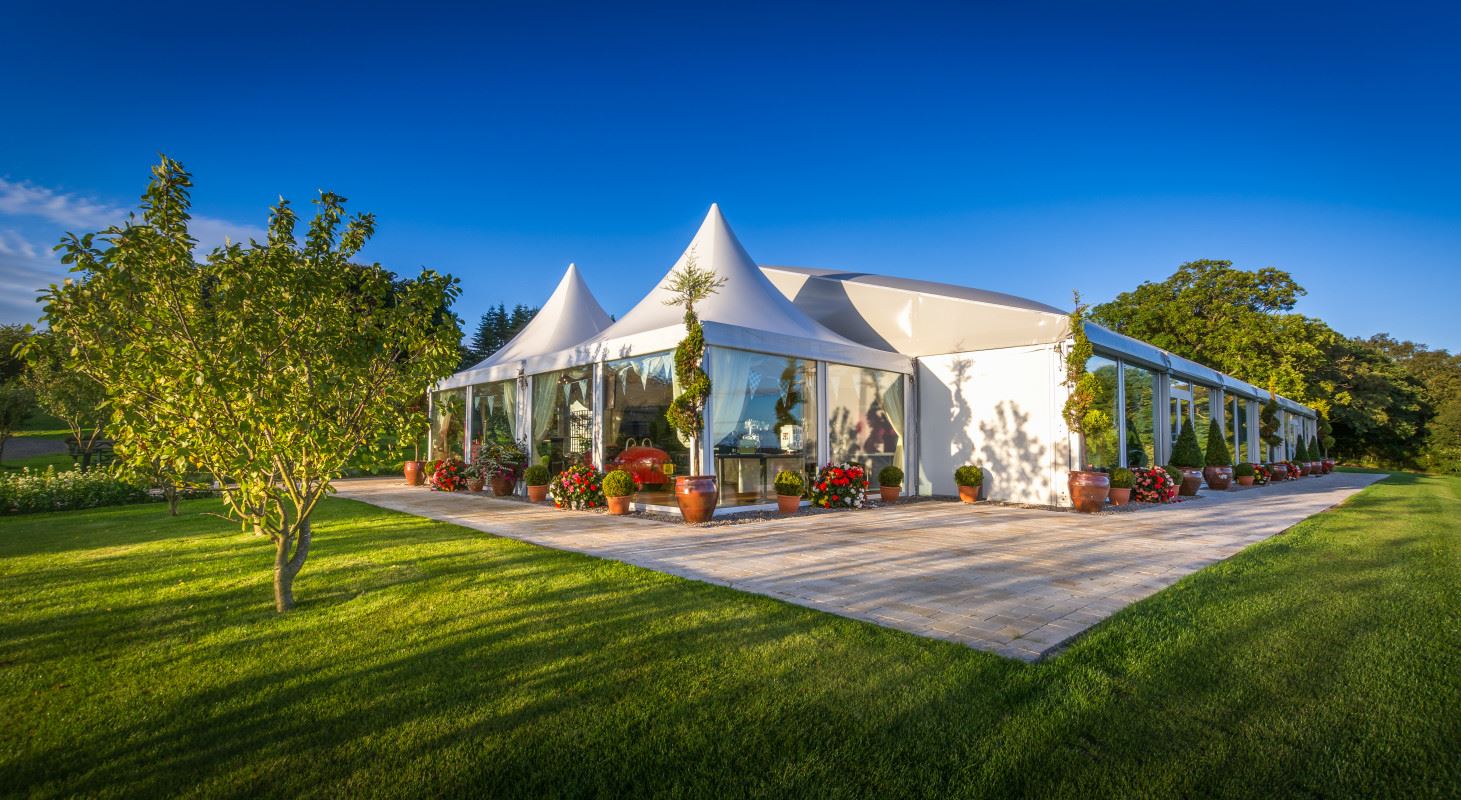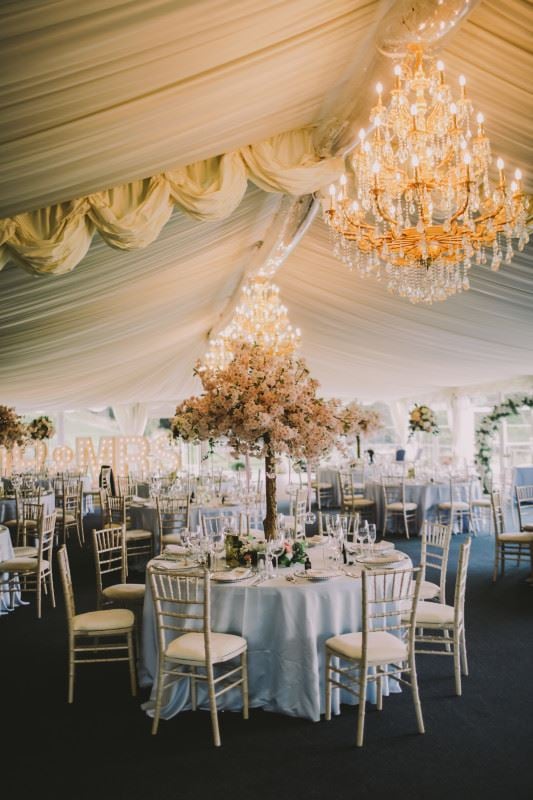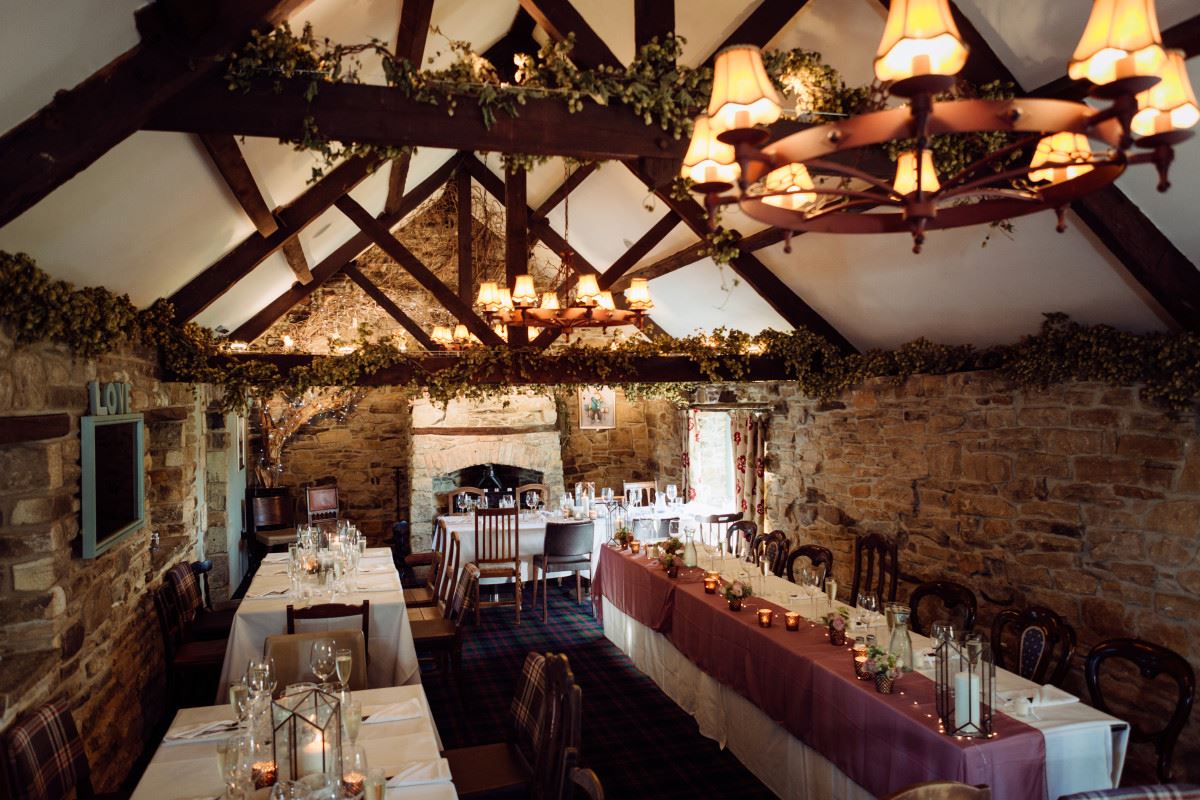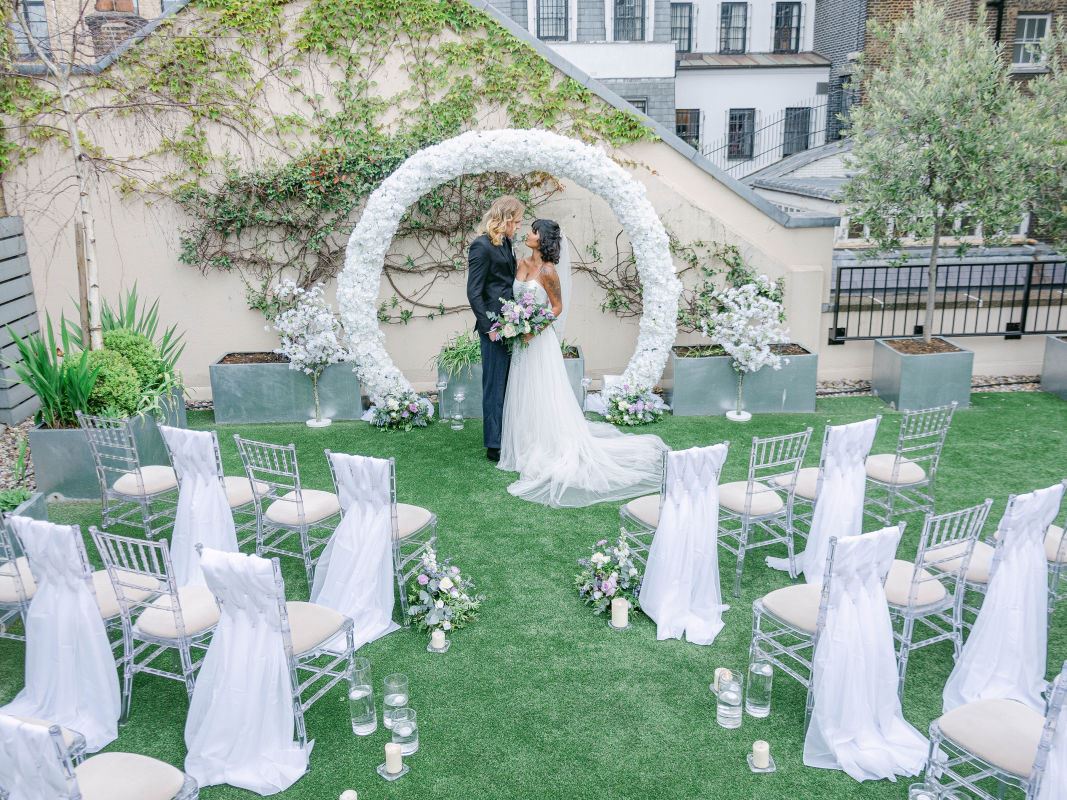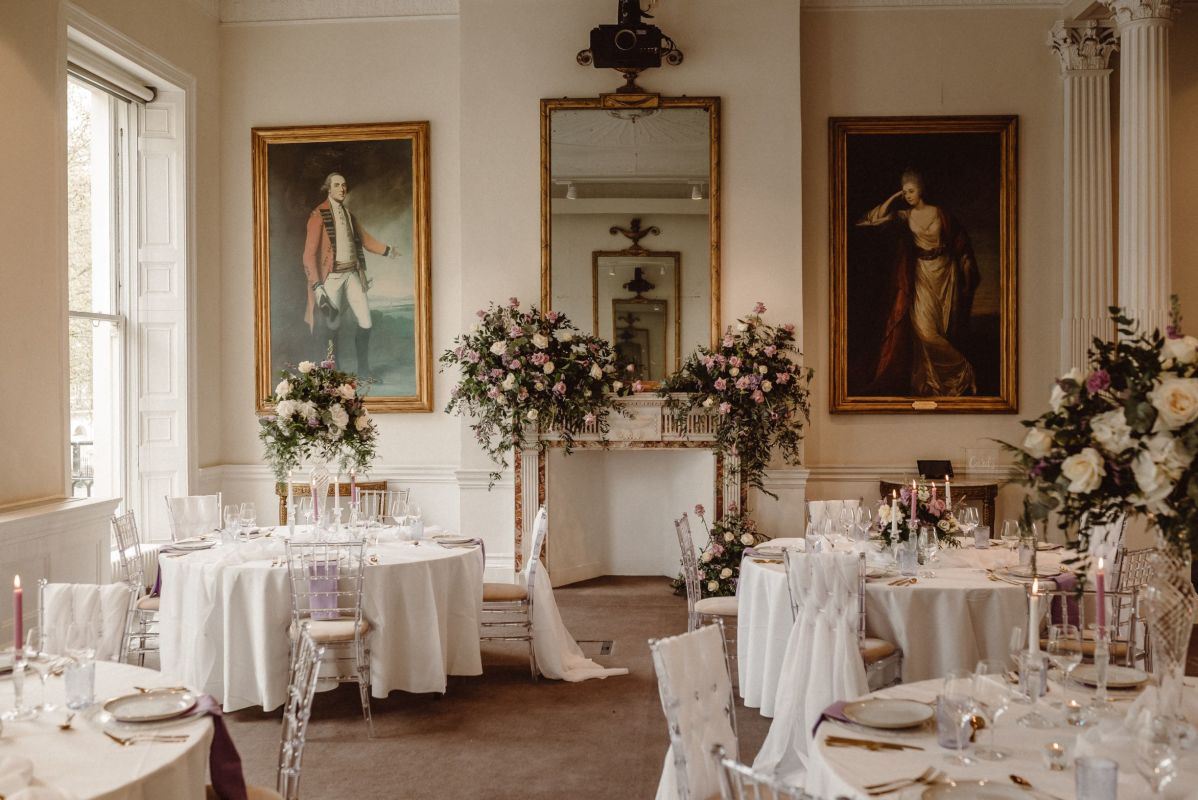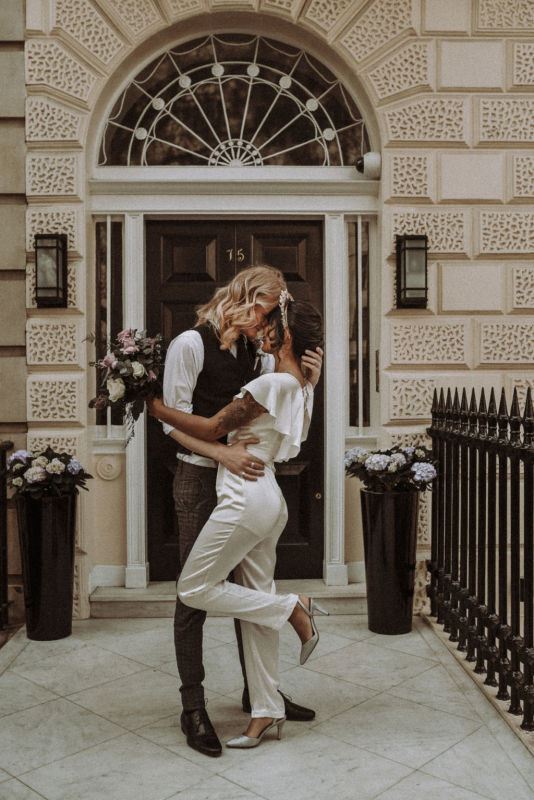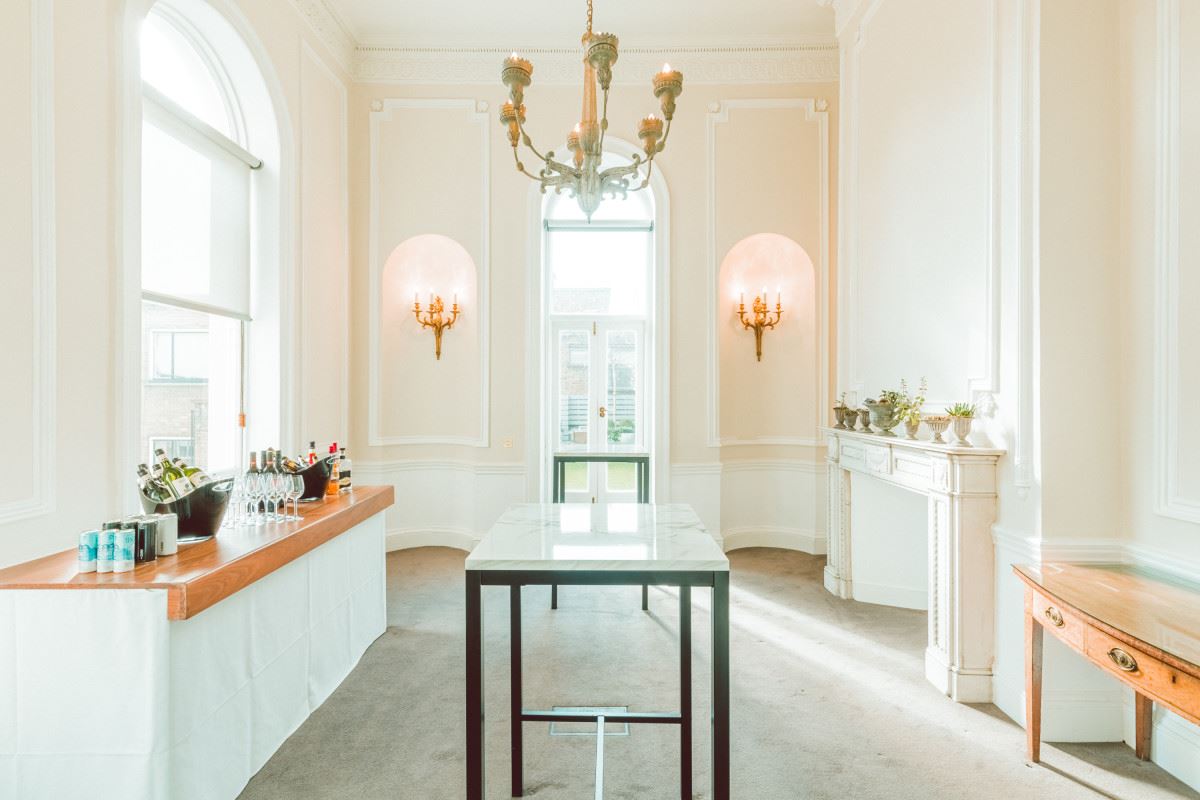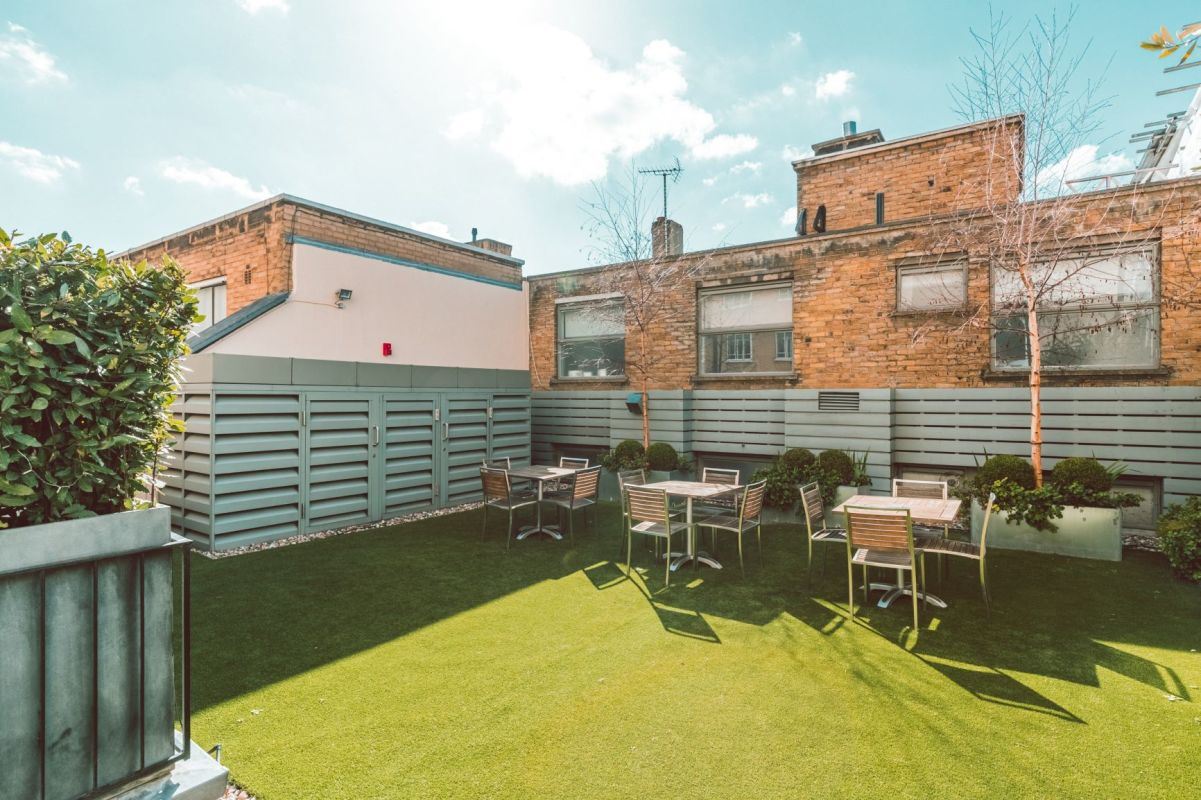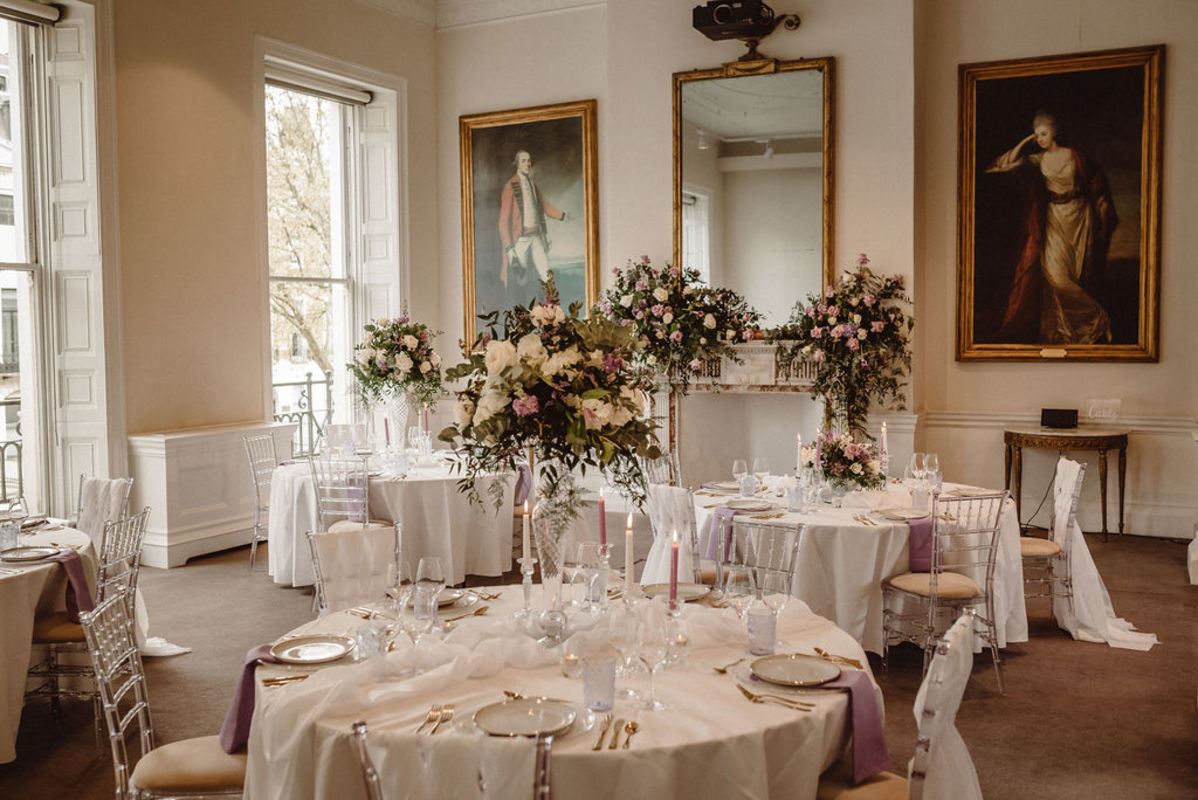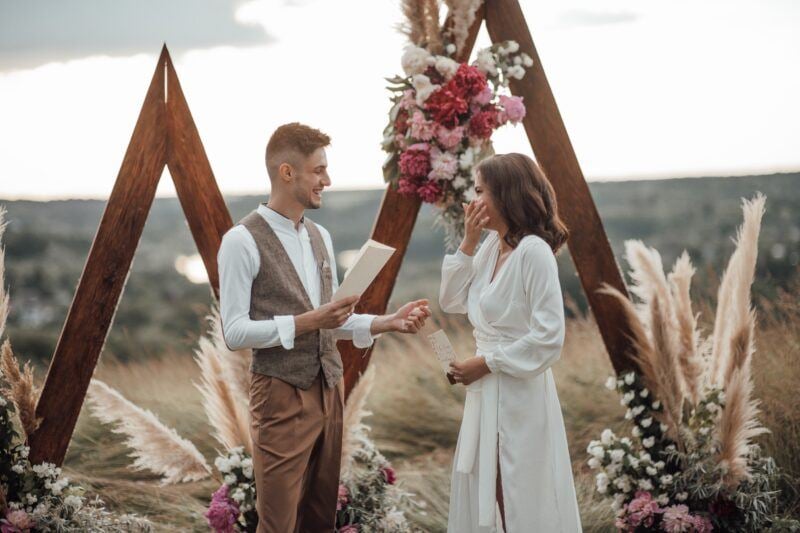
Wedding vows are often one of the most highly anticipated parts of a wedding for guests and are a crucial aspect of any wedding ceremony, as they serve as a couple’s public declaration of love and commitment to one another. The vows are a symbol of the promises that a couple makes to one another in front of their loved ones, and are often considered to be the most meaningful part of the wedding ceremony as we get to see some of the reasons the Bride and Groom are choosing to get married. This is why it’s so important that the wedding vows you choose for your big day are well thought out and personalised to your relationship, as they will be a lasting reminder of the love and commitment the couple has for one another.
What are Wedding Vows?
The traditional role of wedding vows is for the couple to publicly declare their love and commitment to one another, and to make promises to each other for the rest of their lives. You will see wedding vows typically made during the wedding ceremony, where the Bride will meet the Groom after walking up the aisle accompanied by her bridesmaids.
In a traditional wedding ceremony, the couple makes vows to one another in front of their loved ones and a representative of their chosen faith. They publicly express their love and commitment to one another, and make promises to stay together in good times and bad, in sickness and in health, for richer or for poorer, until death do they part. These promises are taken seriously and are expected to be upheld throughout the marriage. Whilst these are often the main themes presented in many wedding vows, each faith and, often, religious leader, will have a slightly different take on the wording included.
The traditional role of wedding vows is to provide a sense of solemnity and seriousness to the marriage ceremony, and to make the couple’s commitment to each other clear to all of the guests present as well as the wider community.
Different types of wedding vows
Religious wedding vows are typically traditional and follow the religious texts and doctrine of the chosen faith. However, couples may choose to use the standard set of vows or personalise them with their own special promises.
Non-religious wedding vows, IE, those used in civil ceremonies, can be written by the couple themselves. They often include promises that reflect the couple’s personal beliefs and values. Secular wedding vows are not religious in nature but instead focus on the couple’s commitment to each other as individuals. Many people find writing wedding vows from scratch a tricky business so most officiants will be able to provide you with examples to use as-is or that can be edited so you can make something perfect that suits your day.
How to Write Wedding Vows
Writing wedding vows can be a daunting task, but there are a few tips that can make the process a little easier. One important tip is to start by thinking about what you want to say and what promises you want to make. You should also think about what makes your relationship unique and special. Other tips include keeping your vows short and sweet, speaking from the heart and making them personalised to include special memories you may share as a couple.
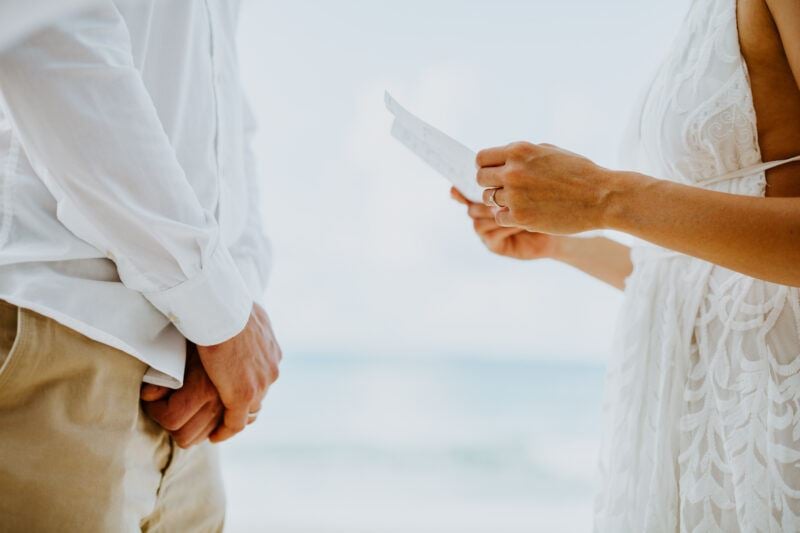
It’s also always worth speaking with whoever is leading your wedding ceremony as they will be able to help you in figuring out what type of vows will work for your ceremony and make sure all the important points that you need to include arent missed. Something else that is often forgotten is also to pratise! Practising your vows outloud beforehand will make you less nervous on the day itself.
Traditional wedding vow examples
Traditional wedding vow examples include traditional Christian vows, which typically include promises to “love, honour and obey”, and Jewish vows which the bride promises to “love, honour and respect” the groom. In other religions such as Hinduism or Sikhism, couples recite or listen to a series of verses relating to marriage that they agree to uphold.
Non-traditional and contemporary wedding vow examples
Non-traditional and contemporary wedding vows are becoming increasingly popular amongst couples who are looking to express how they feel to one another on a personal level, examples include personalised promises and declarations of love, such as “I promise to love you, support you, and always be your partner in adventure” or “I promise to be your best friend and partner in all things, and to love and cherish you forever.”
Renewing Your Wedding Vows
Couples renew their wedding vows for many reasons, such as to celebrate milestone anniversaries, to reaffirm their commitment to one another after a difficult time, or simply to renew the romance and love in their relationship. Sometimes couples choose to renew vows so that they can do so in front of their children, or even to relive a wedding that was cut short the first time around. Whatever your reason, vow renewal services offer couples a great way to celebrate their love surrounded by friends in a less traditional way. An officiant can lead the ceremony or you could choose to have a ‘blessing’ led by a religious leader from your community.
How much does it cost to renew wedding vows in the UK?
The cost of renewing wedding vows in the UK can vary greatly depending on the location, venue, and type of ceremony chosen. According to some estimates, the average cost of renewing wedding vows in the UK ranges between £500 to £3,000 or more.
Factors that can affect the cost of renewing wedding vows in the UK include the location of the ceremony (outdoor or indoor,city or countryside), the number of guests invited, the type of food and drink offered, and any additional services (such as photography or videography) that the couple may want to include. Some couples may opt for a simple ceremony with only a few guests, while others may choose to have a larger, more elaborate vow renewal the surpasses their original wedding day.
How to plan a vow renewal ceremony
Planning a vow renewal ceremony is similar to planning a wedding. It is essential to choose a meaningful location, decide on the guest list, select the appropriate clothing and flowers, and hire any necessary vendors, such as a photographer or florist. It is also important to consider the type of ceremony you want, whether a private ceremony with just the couple and close family, or a larger celebration with many guests in attendance.
The promises made during the wedding ceremony, whether traditional or personalised, serve as a constant reminder of the love and commitment between the two of you, so it is worth your time to sit down with your partner to agree on a set of vows that you will remember fondly for years to come.
